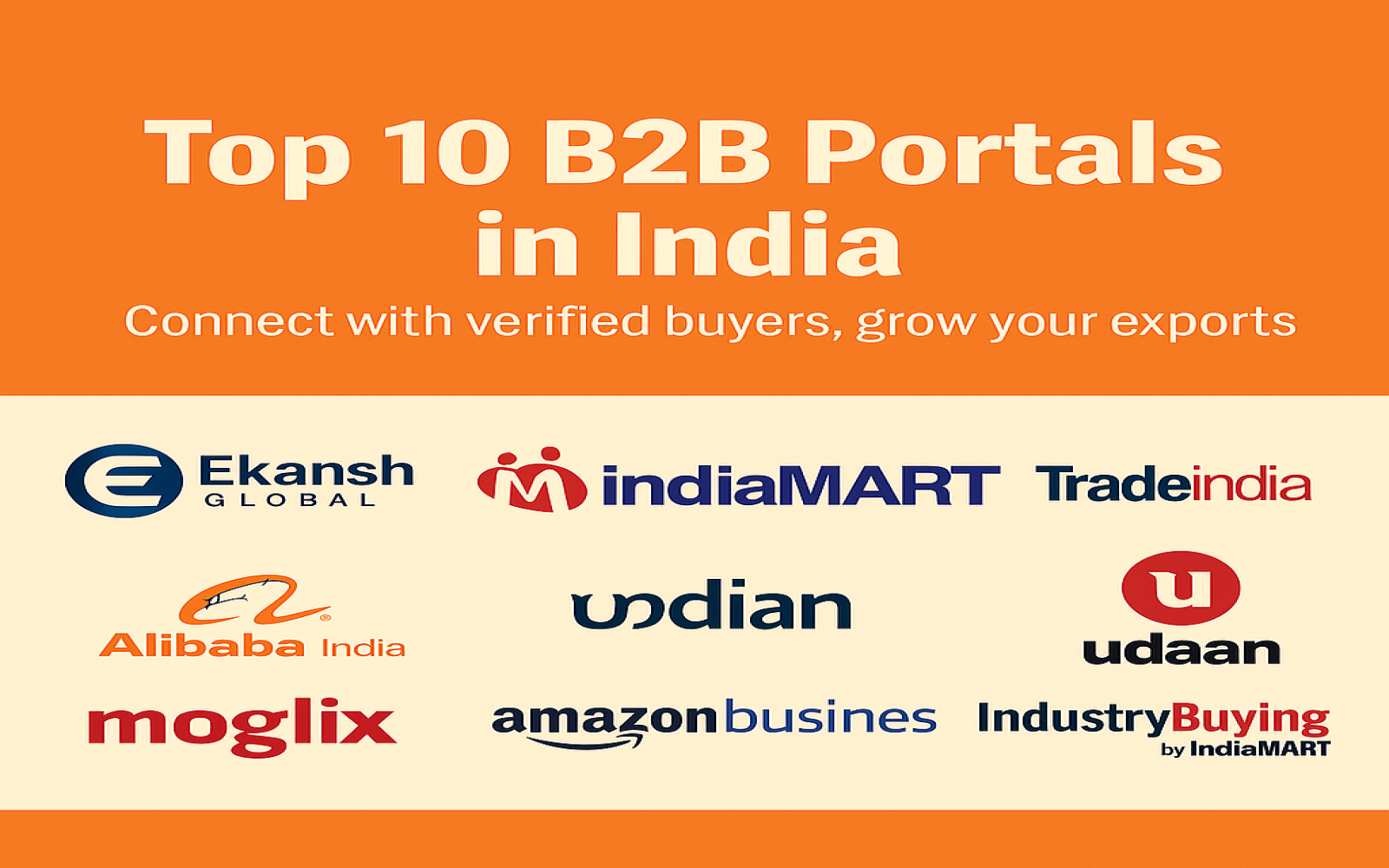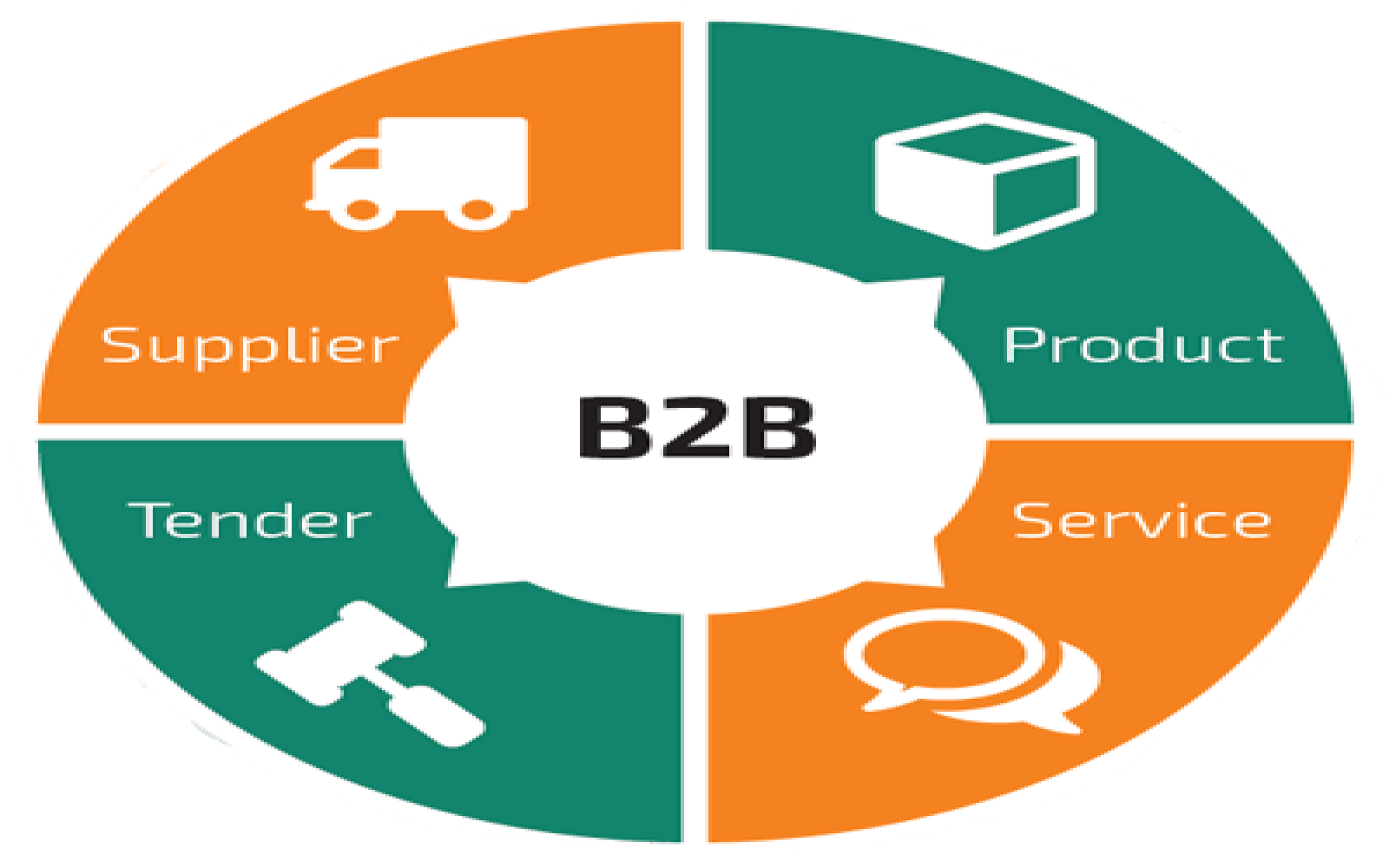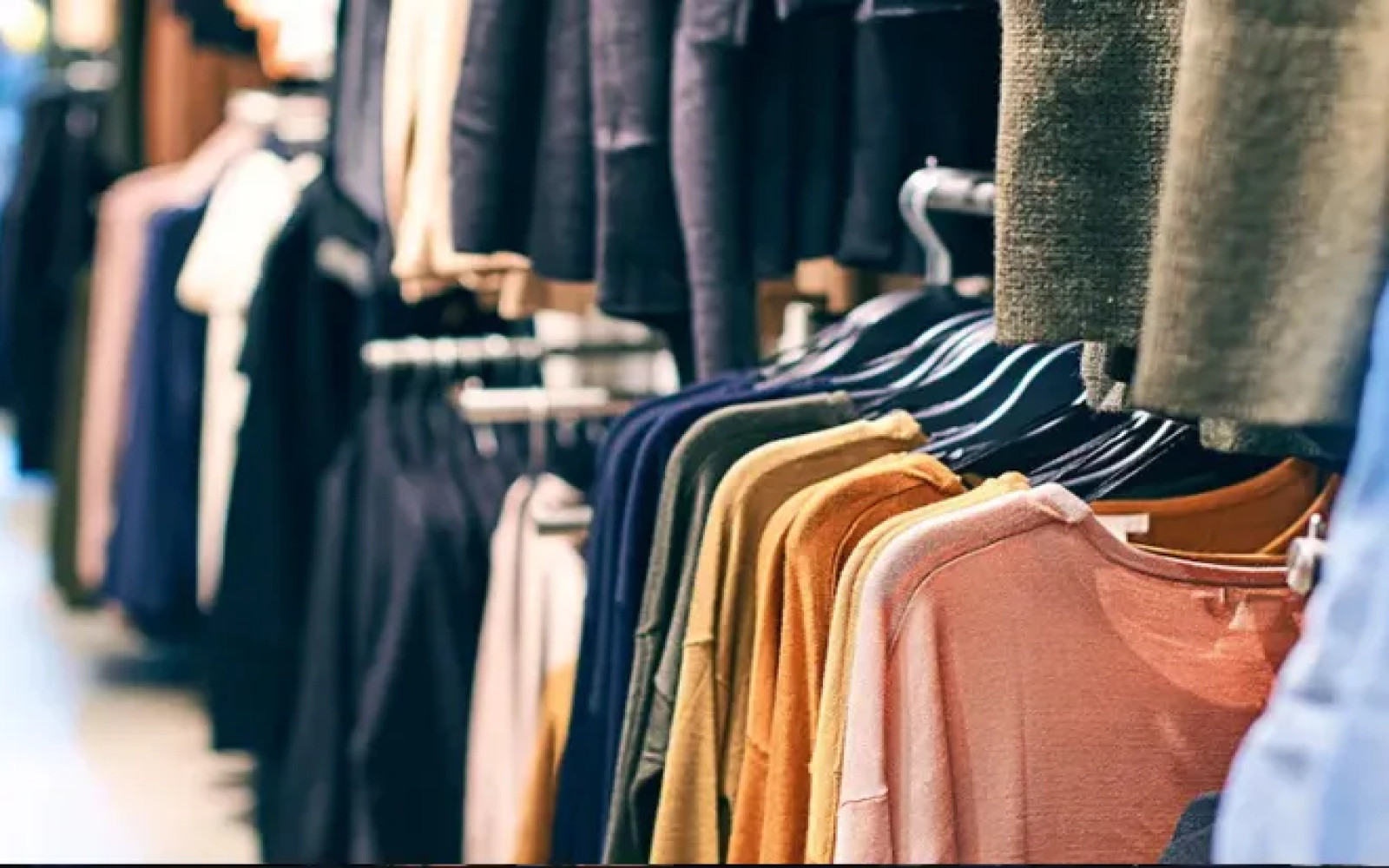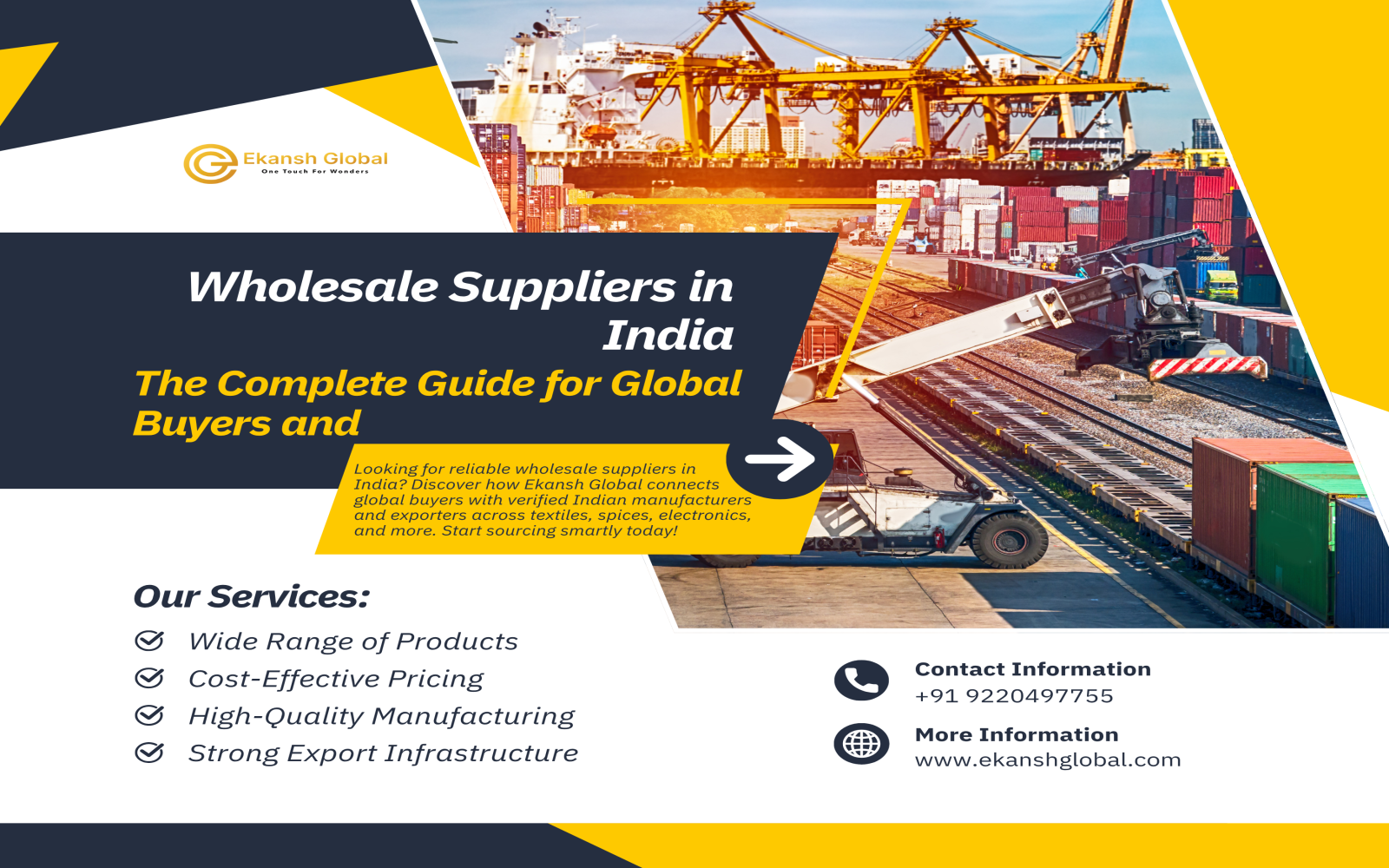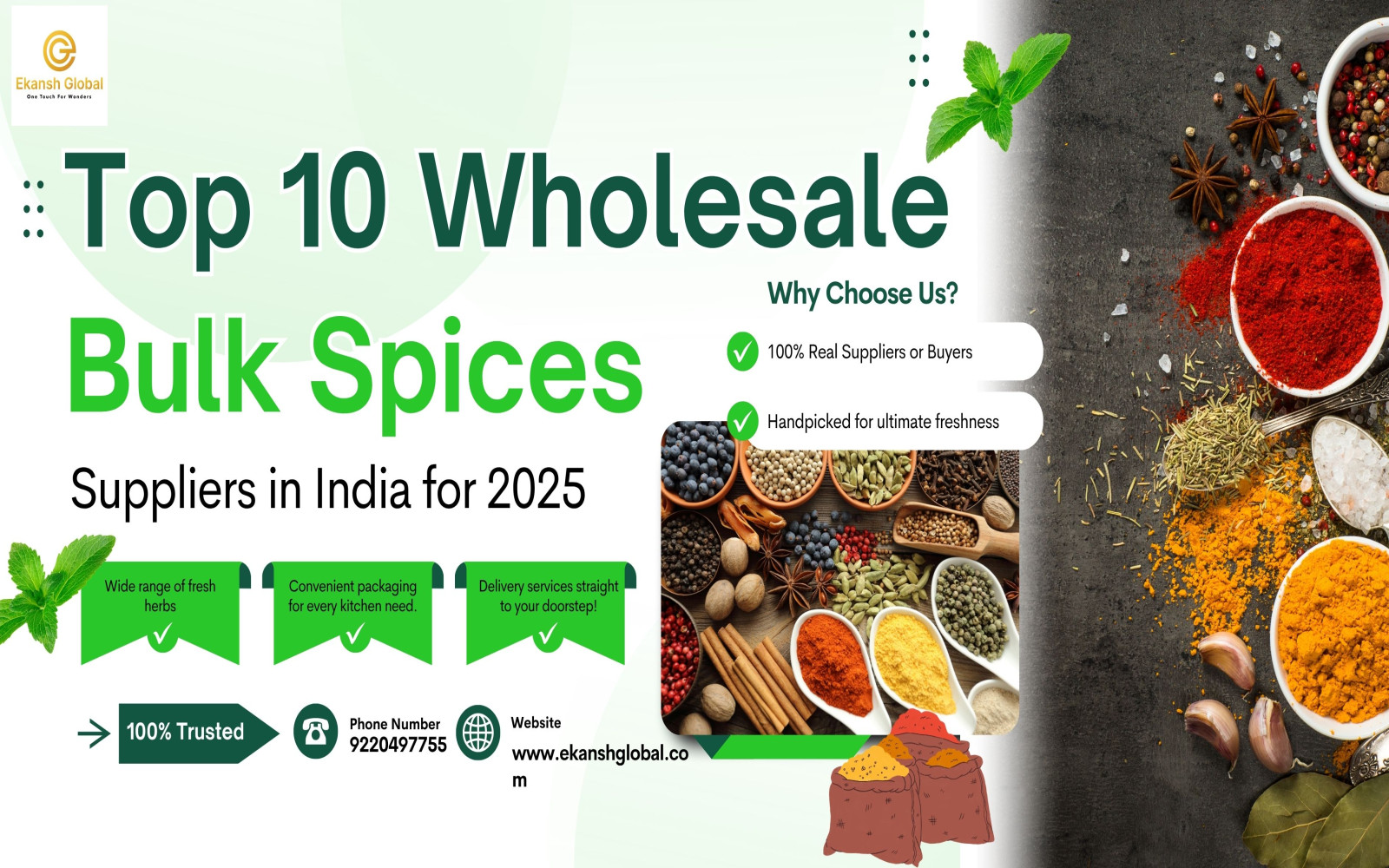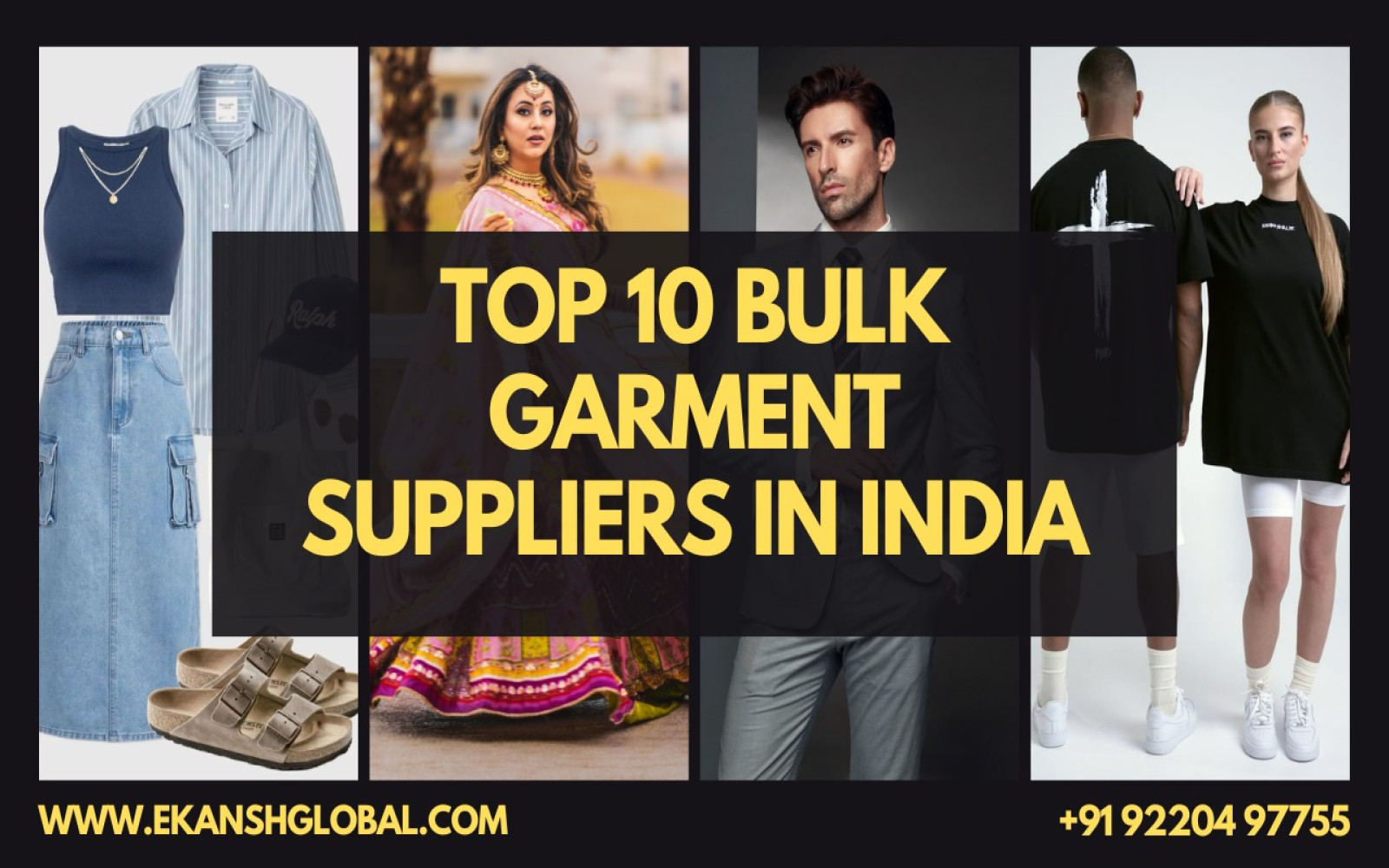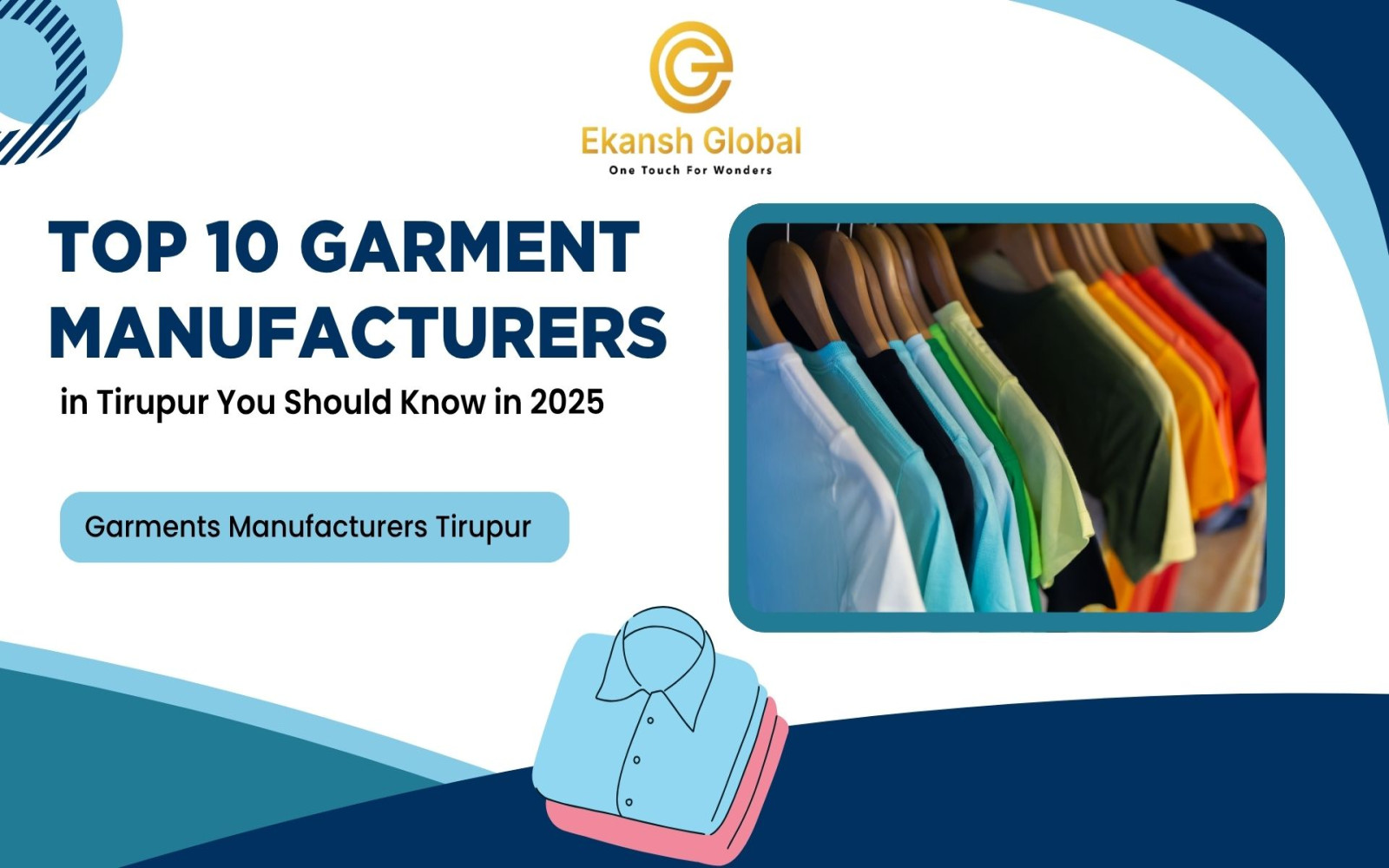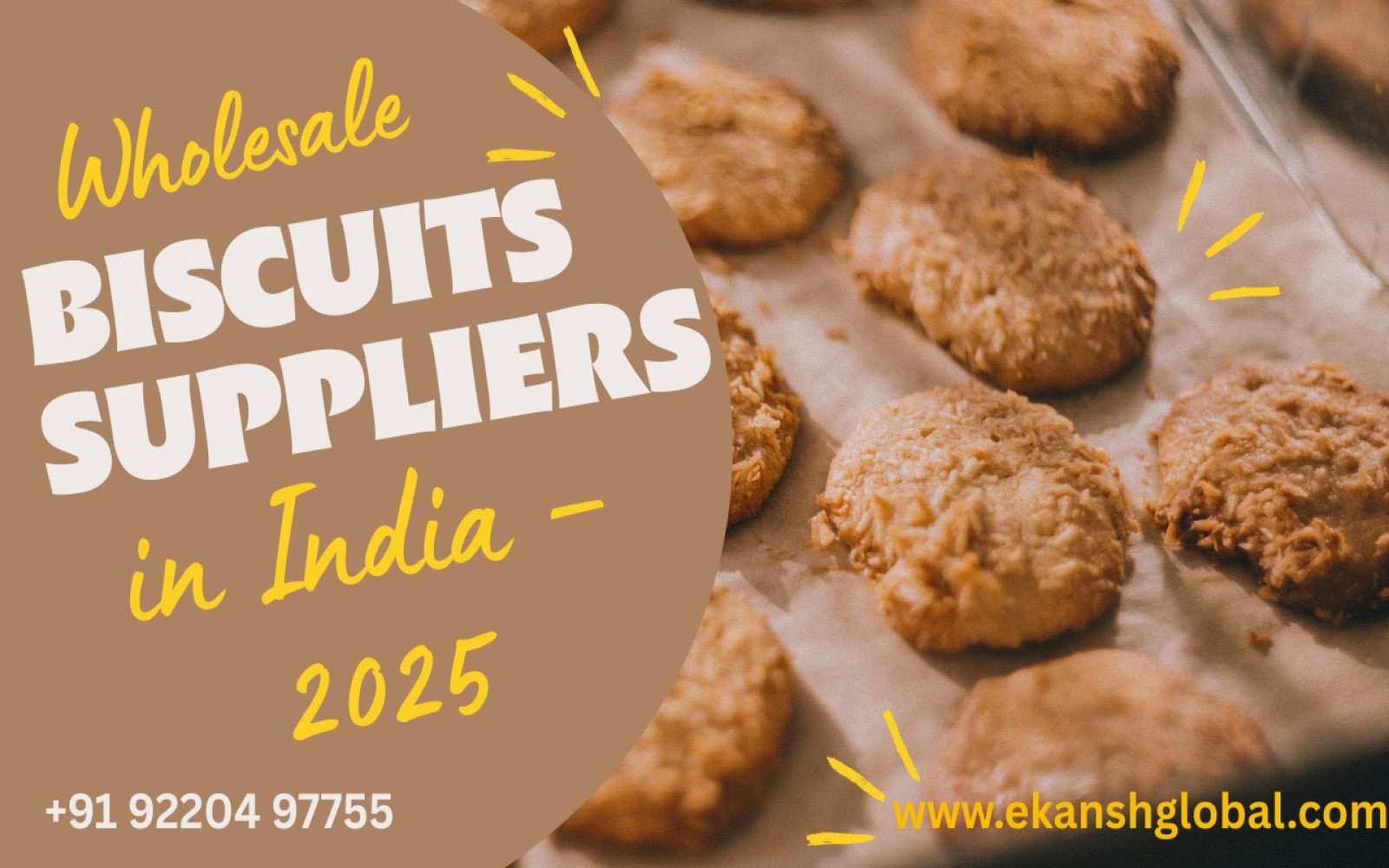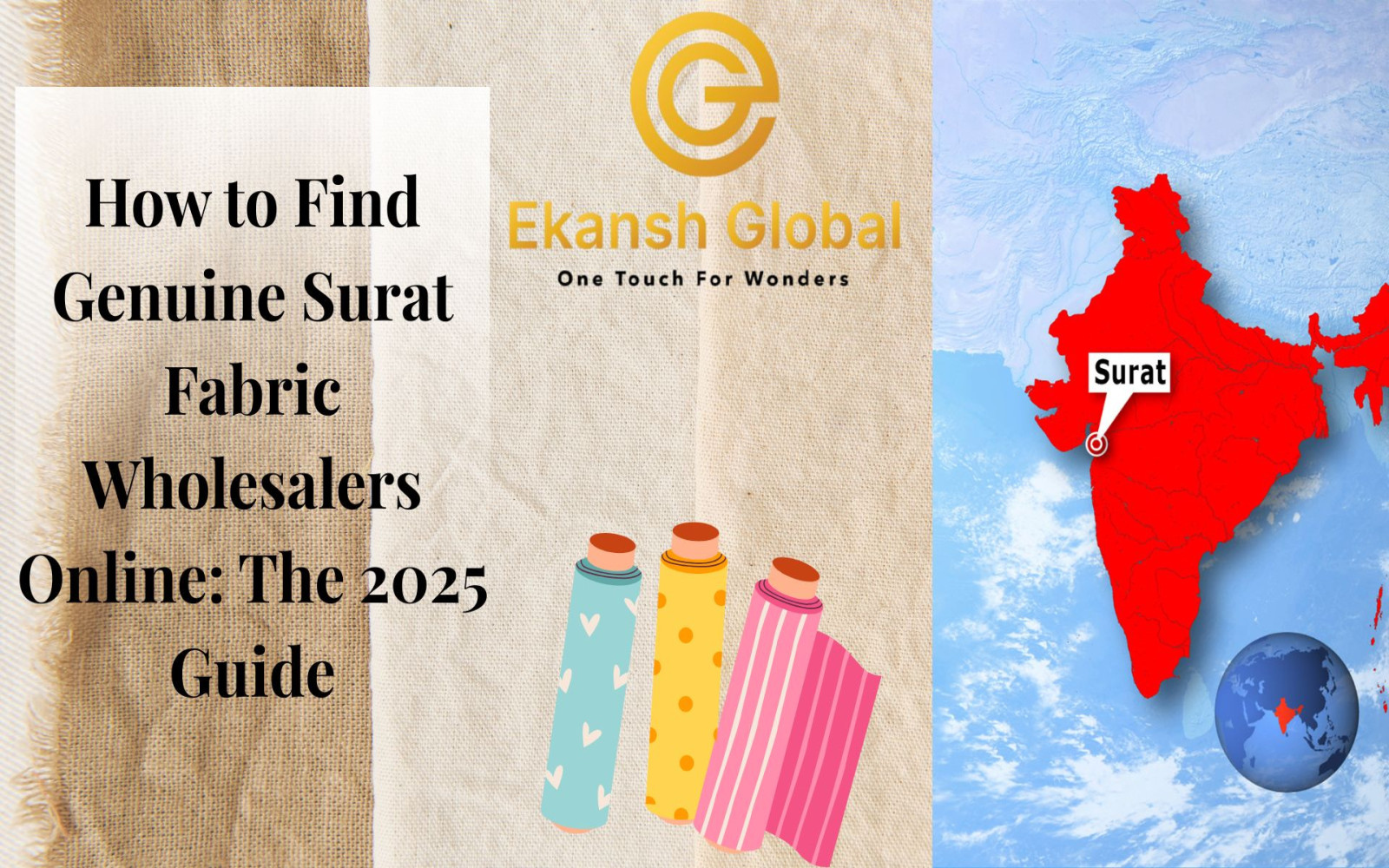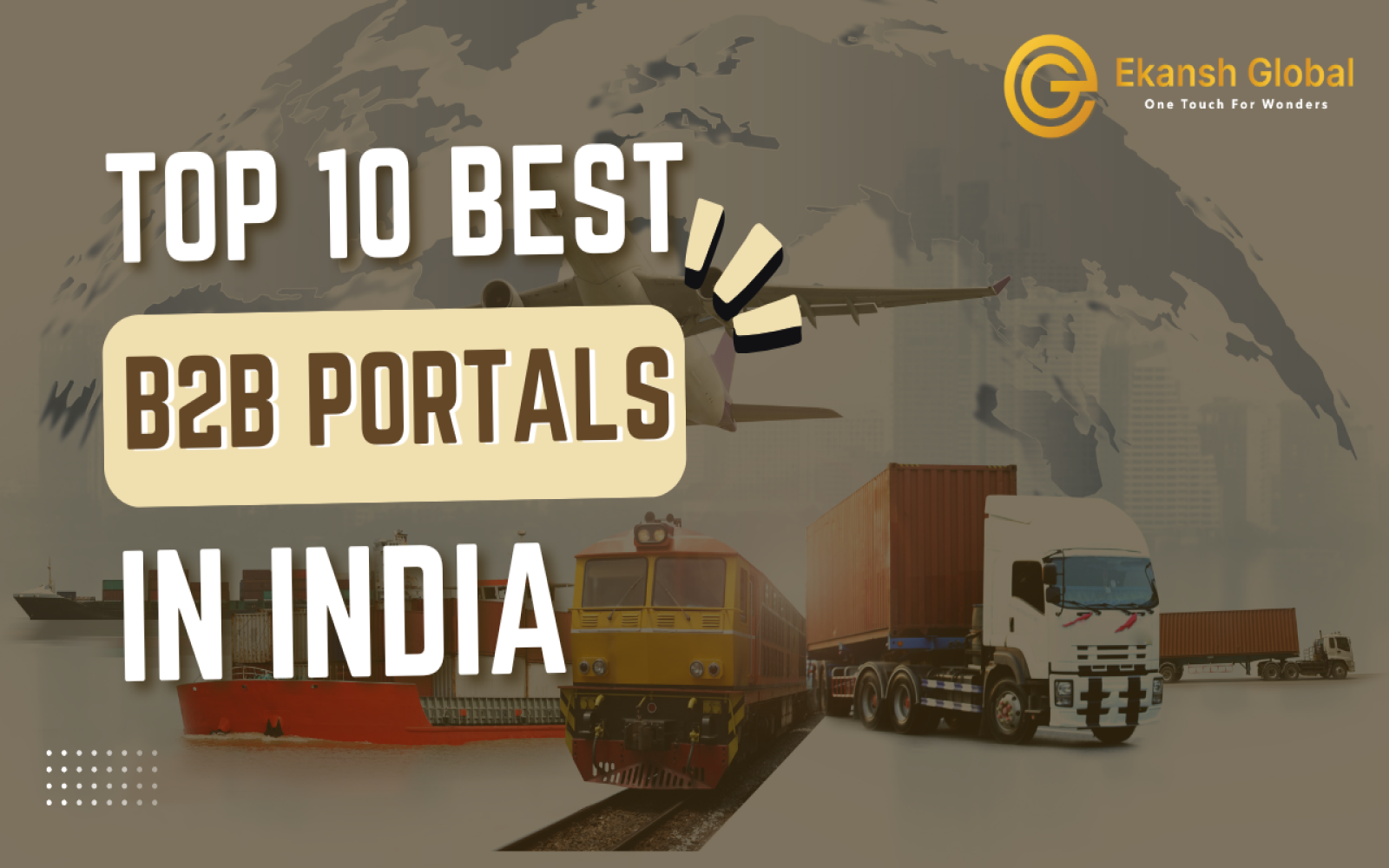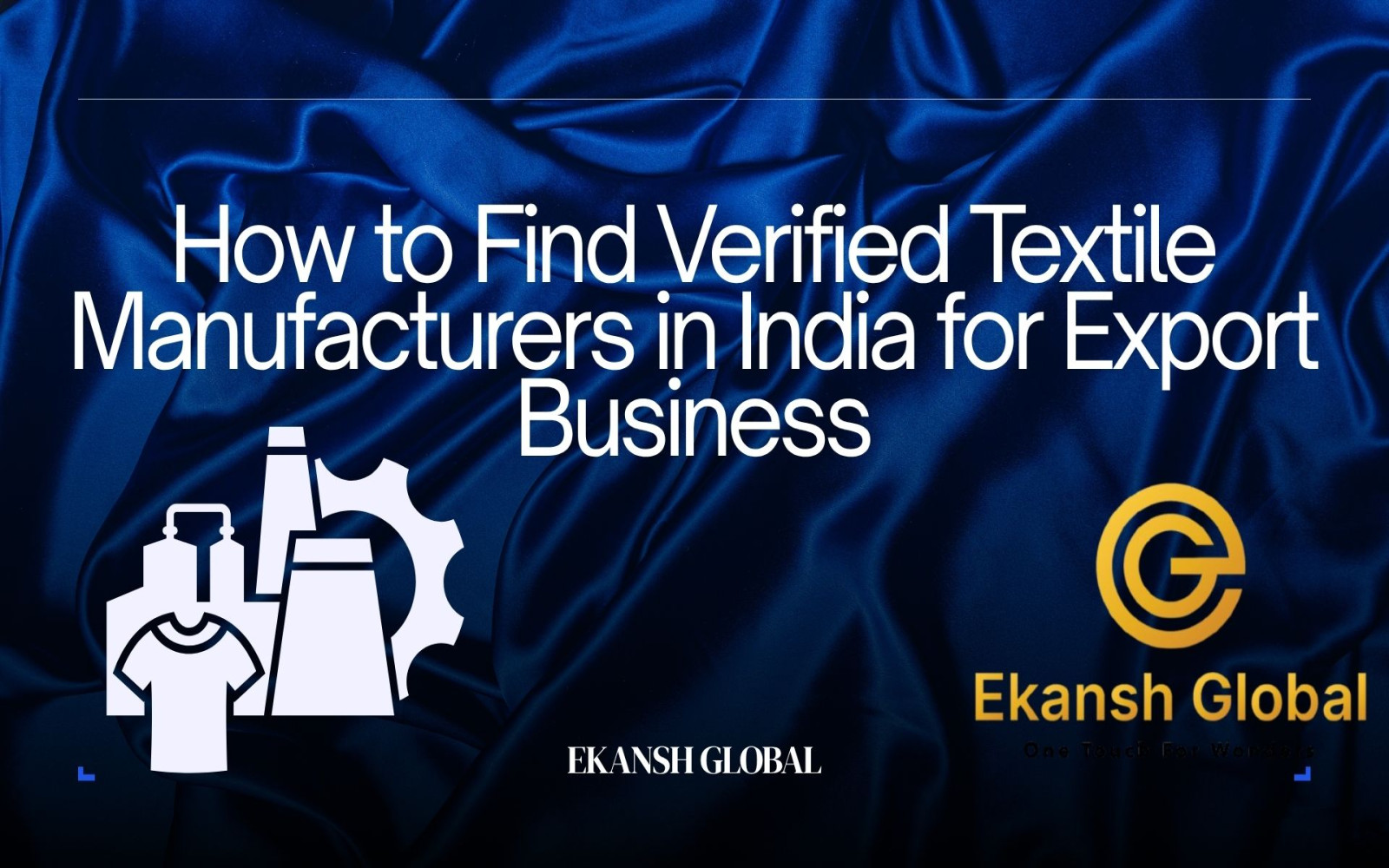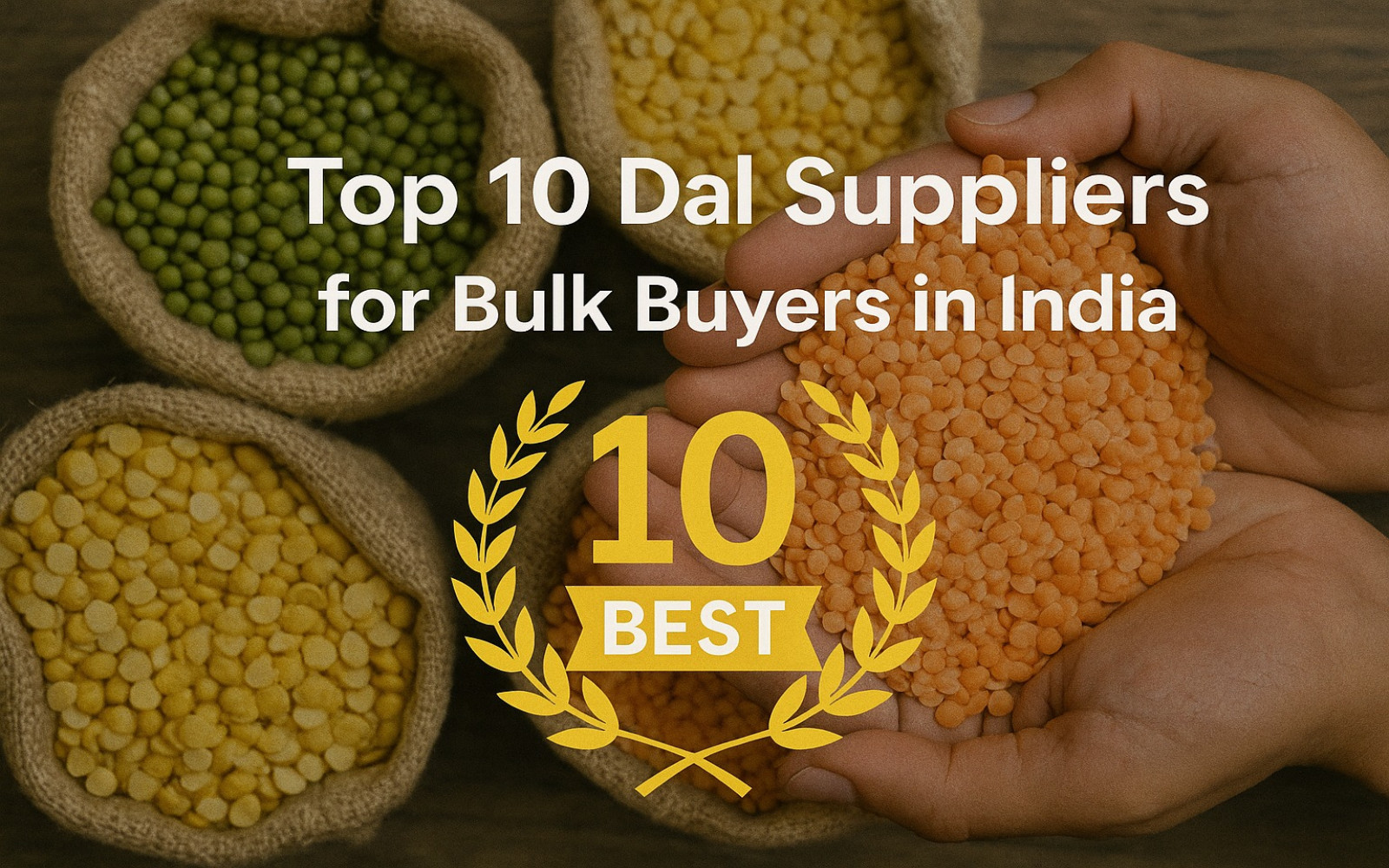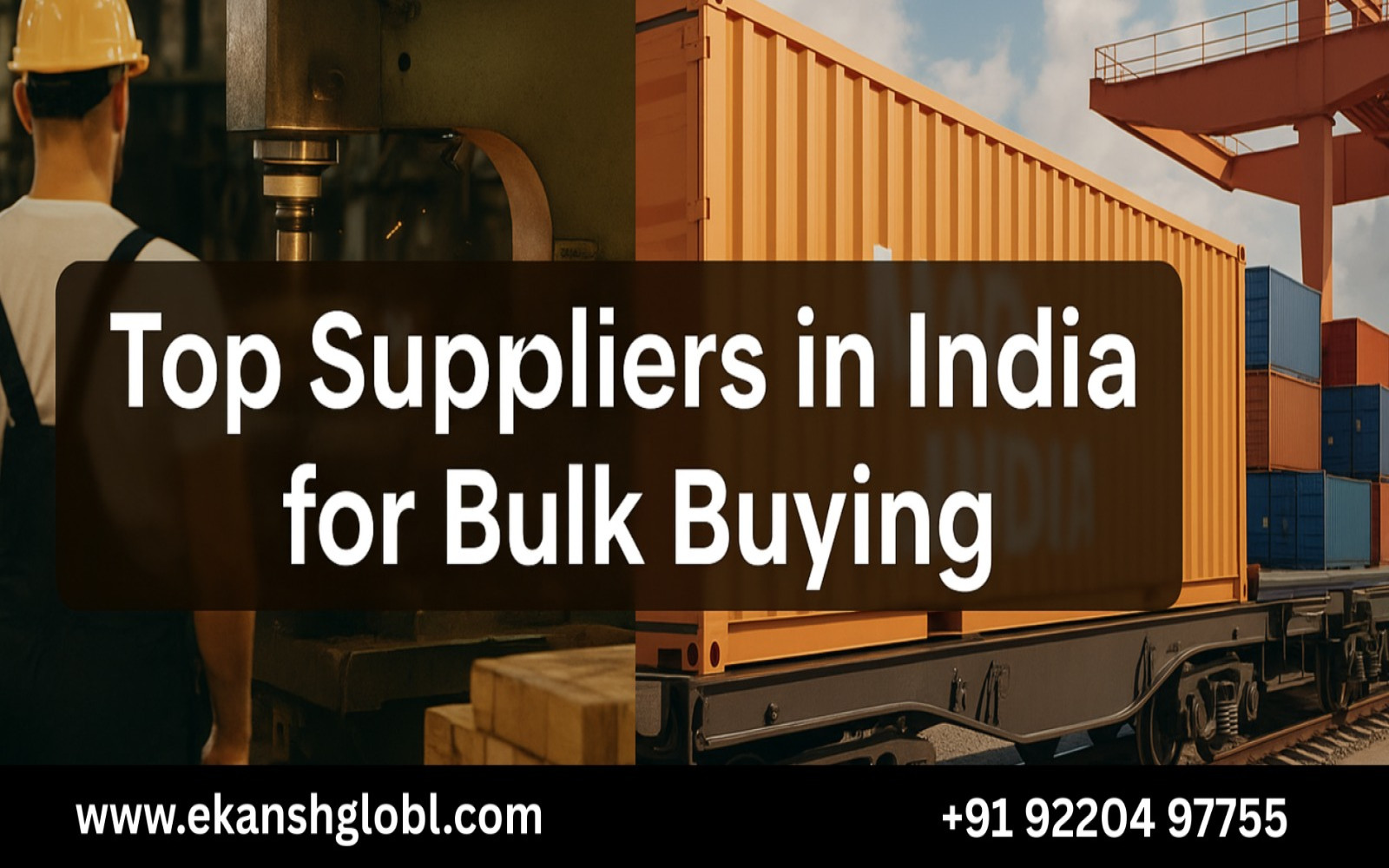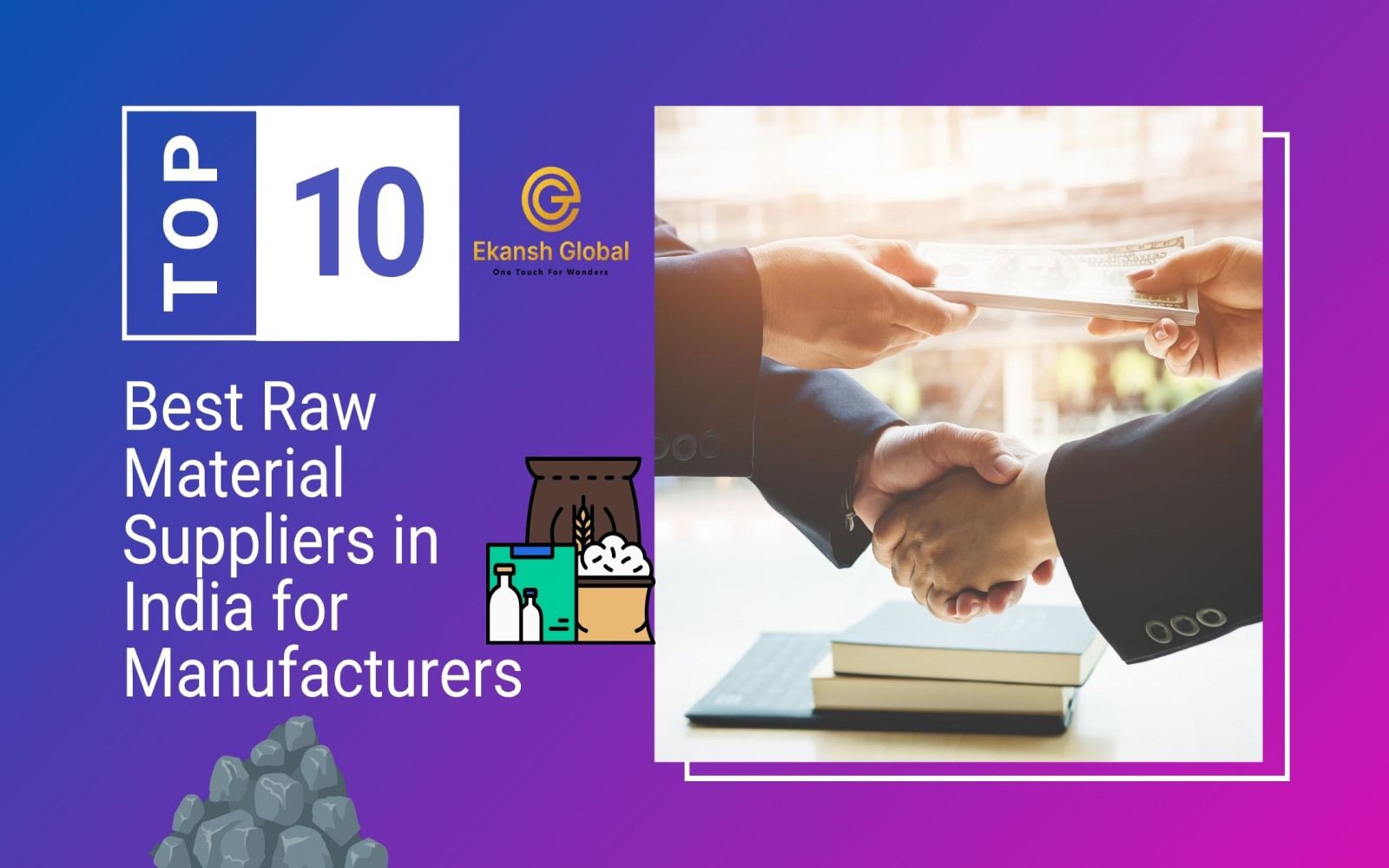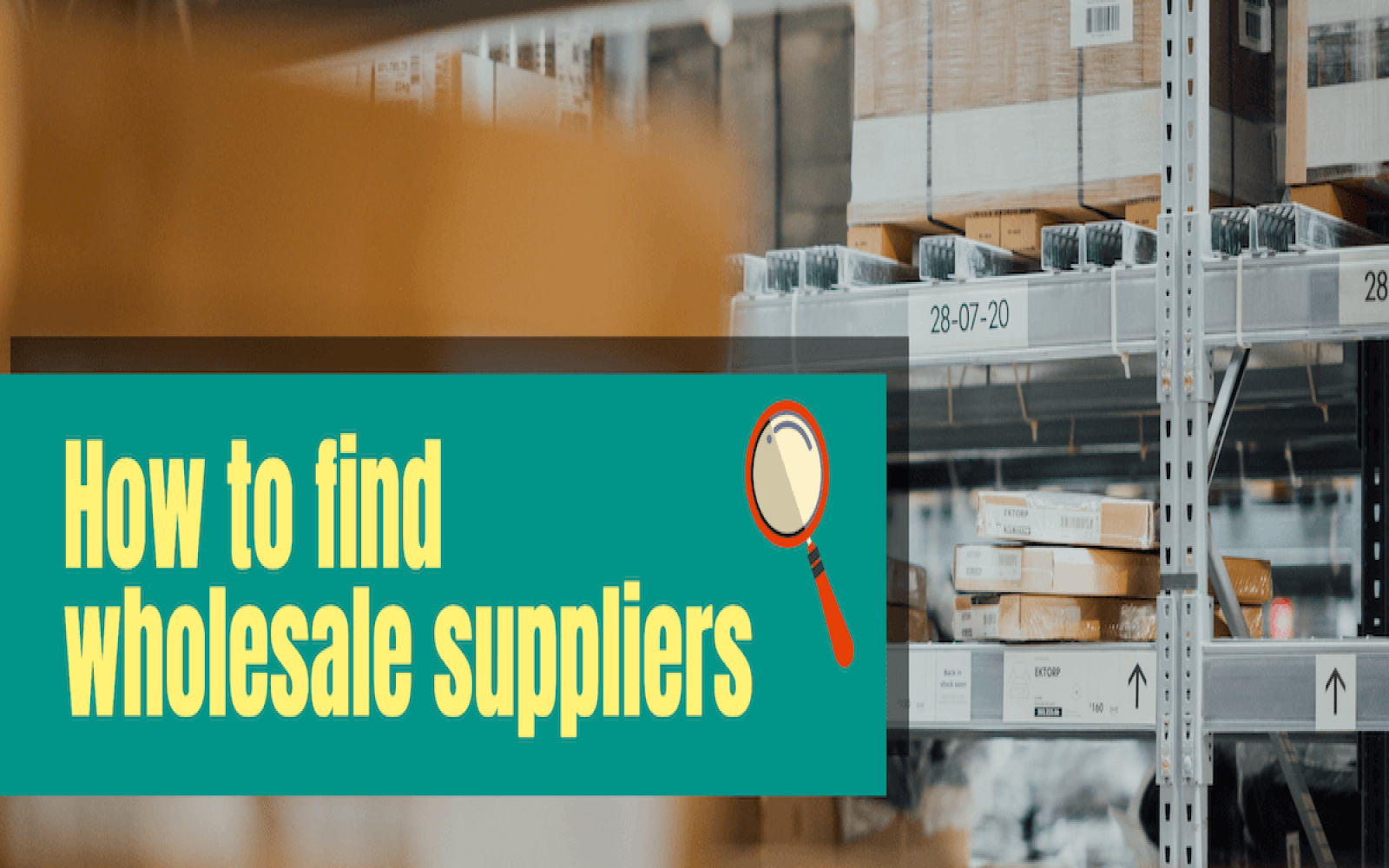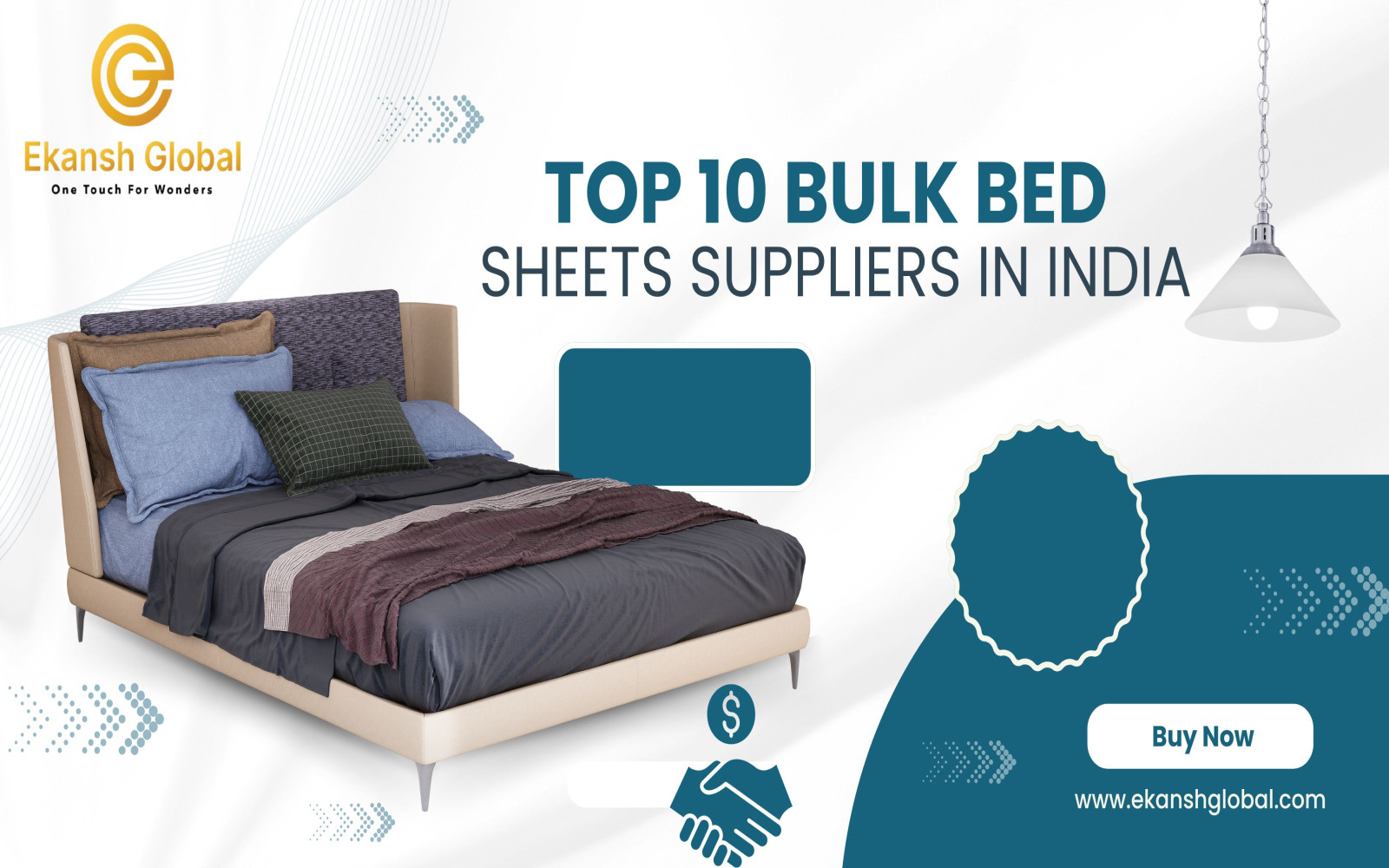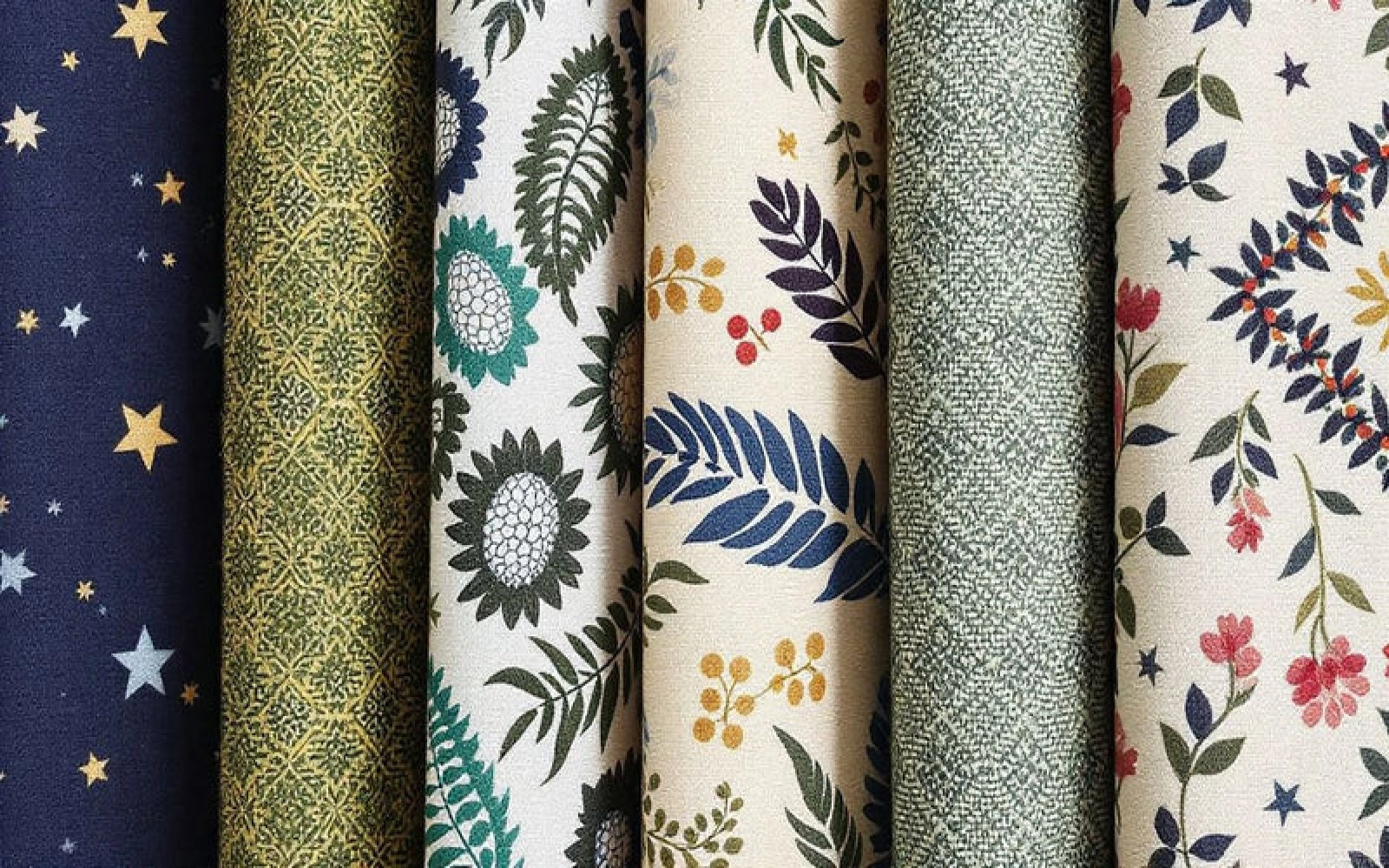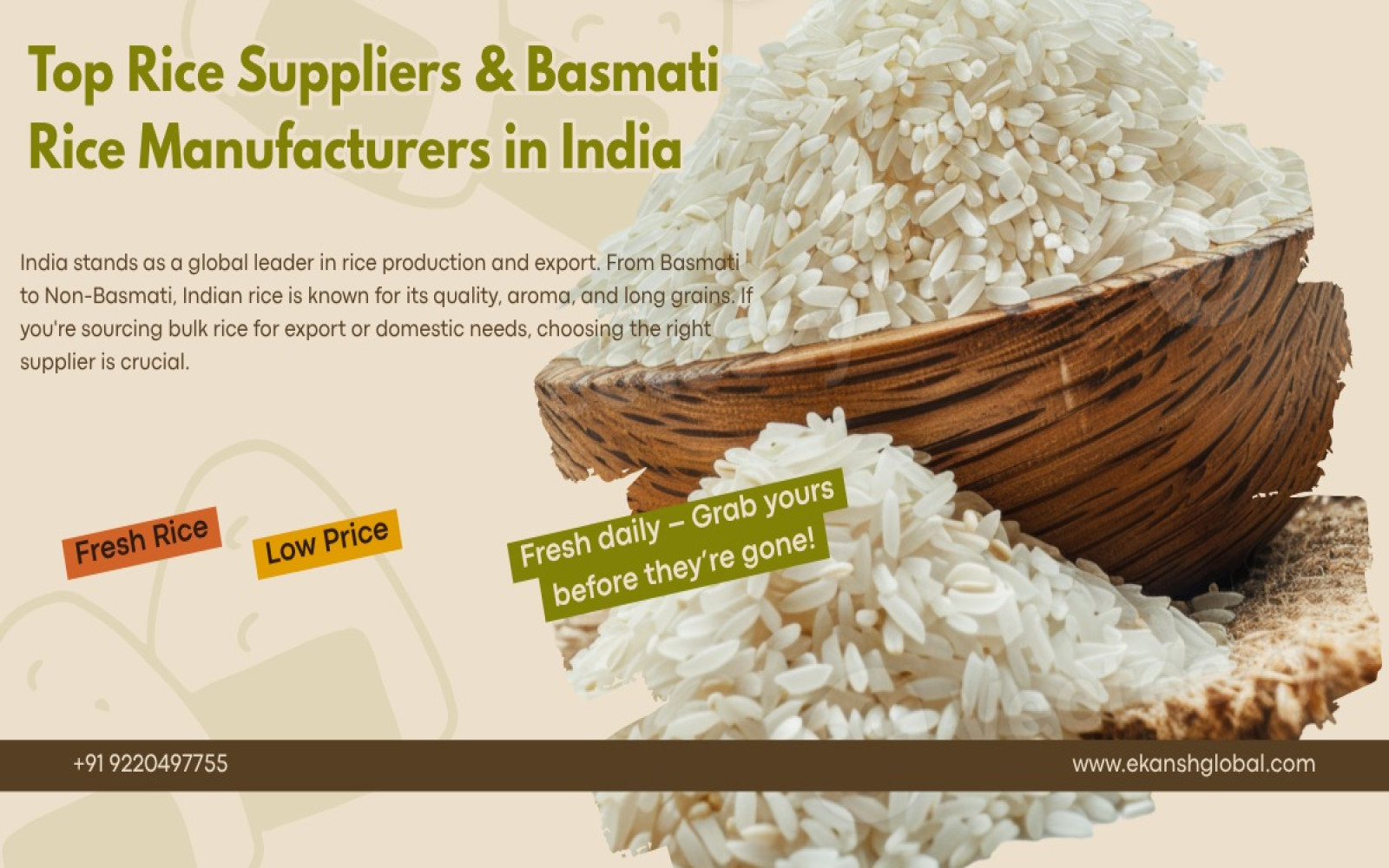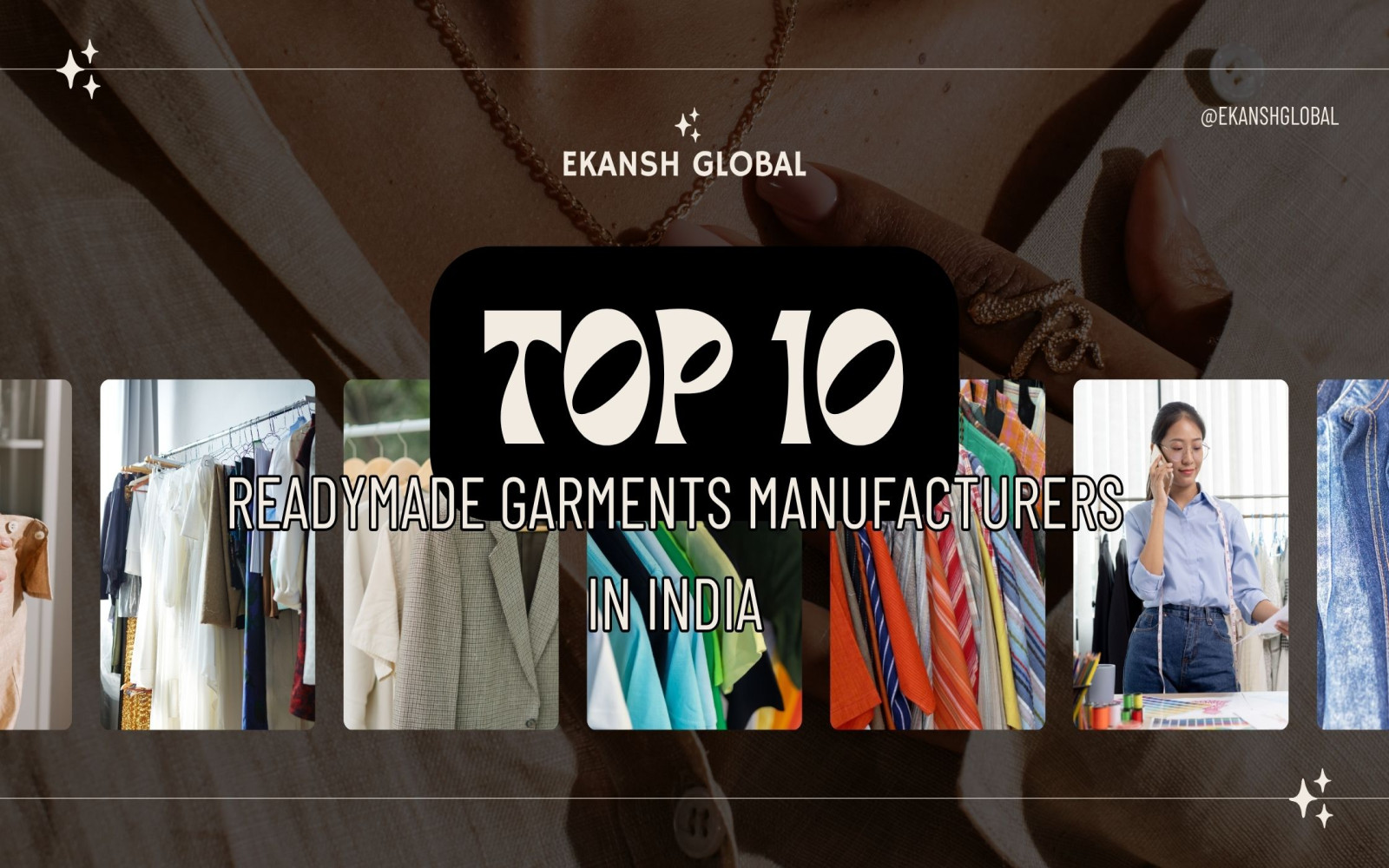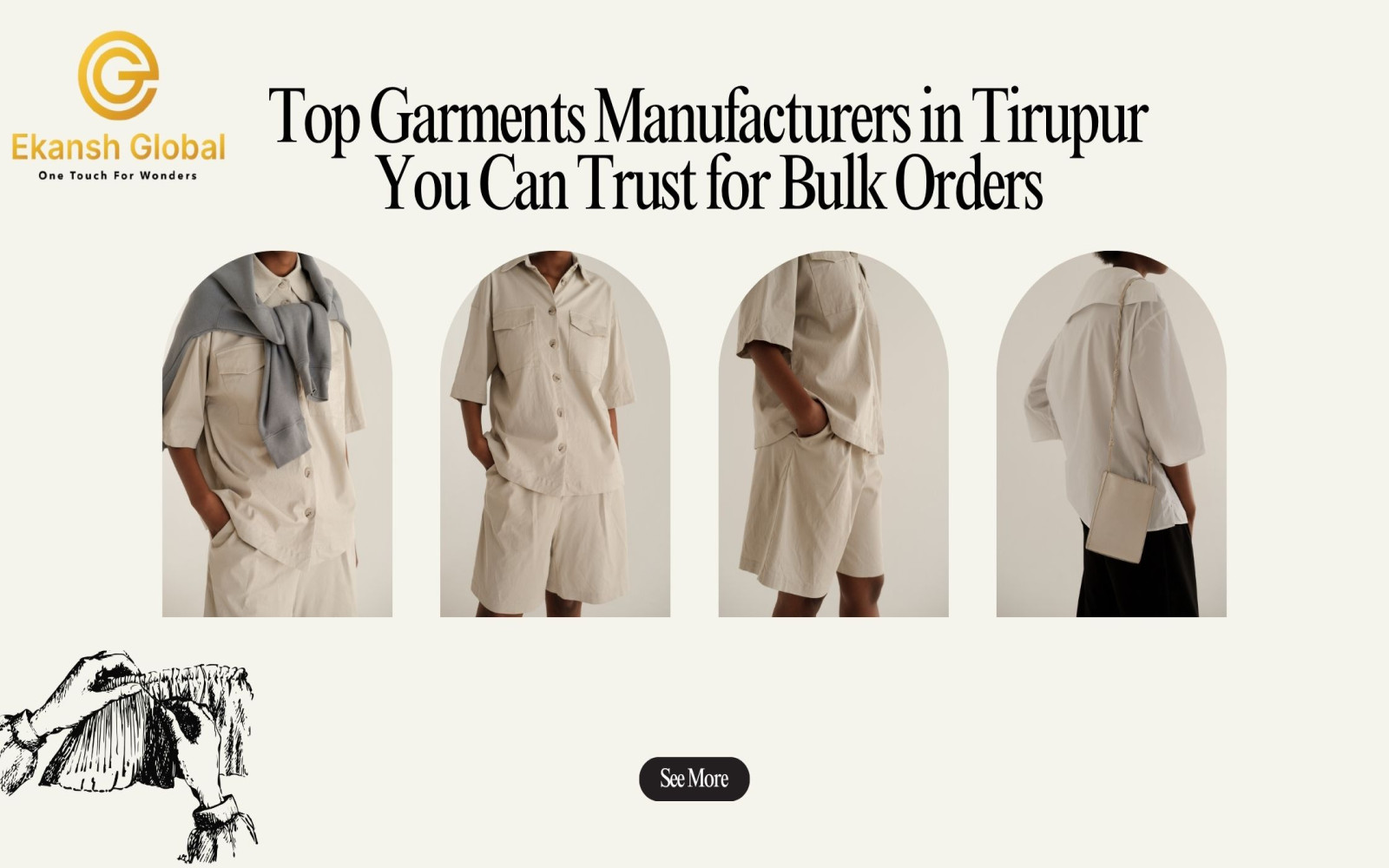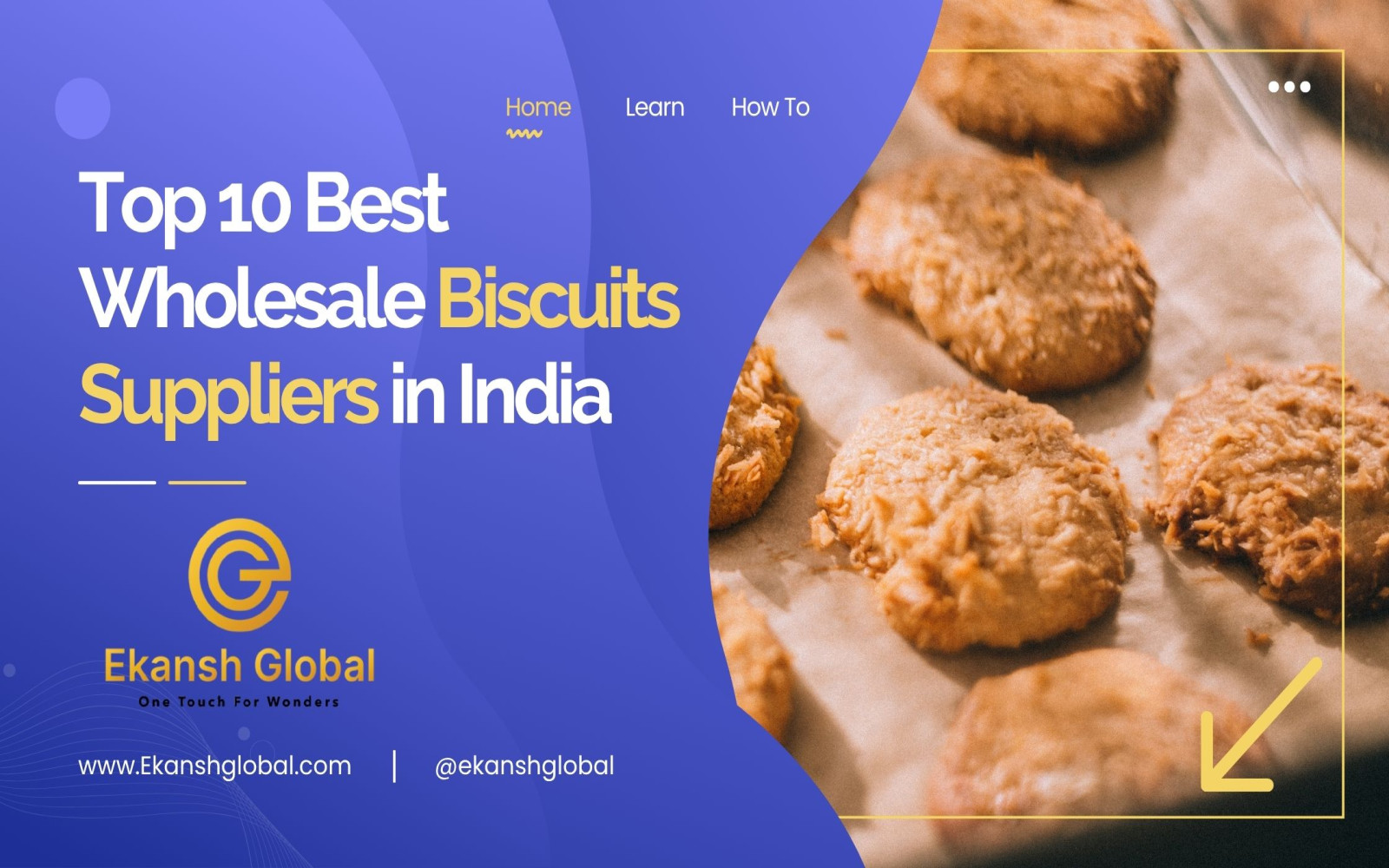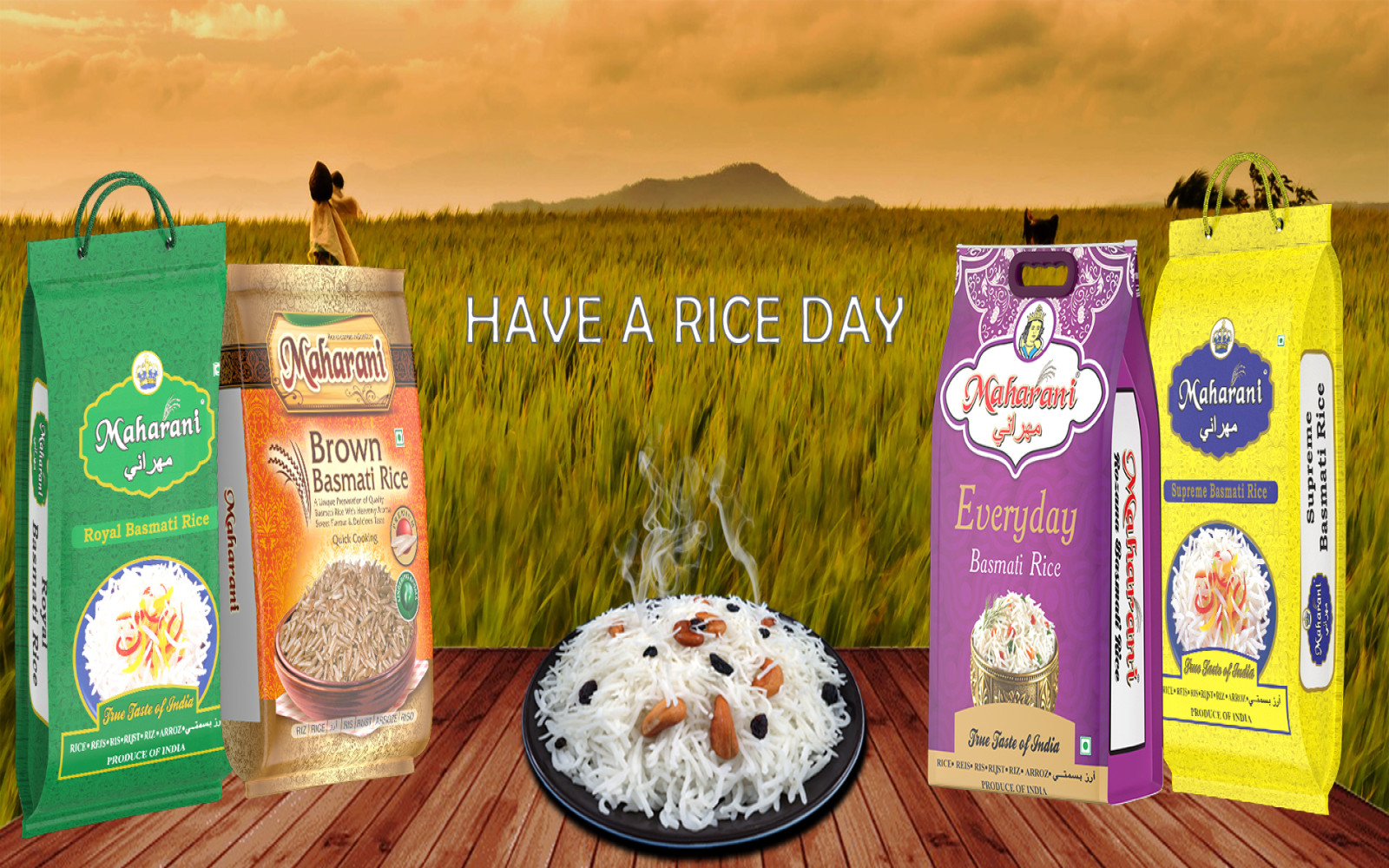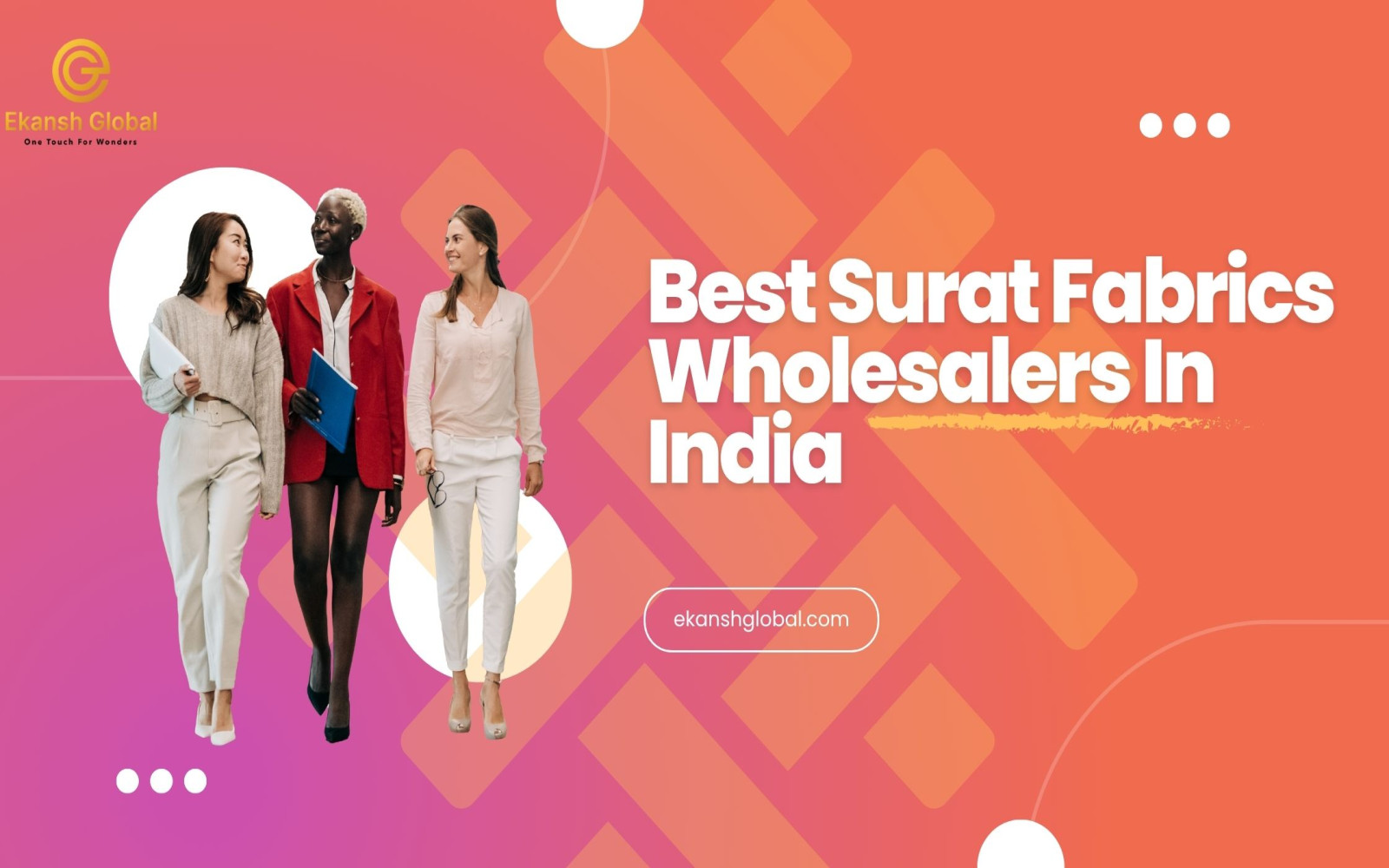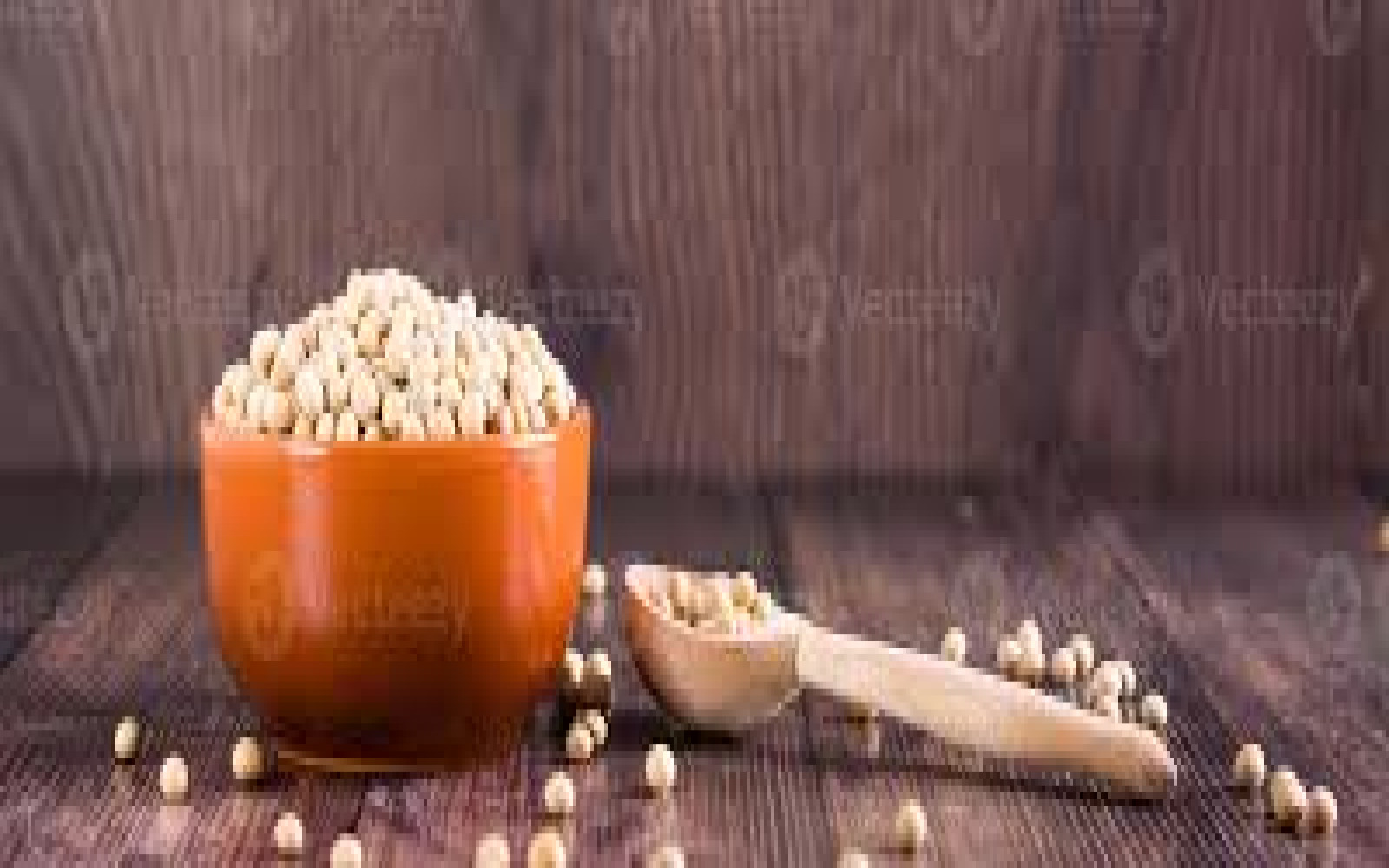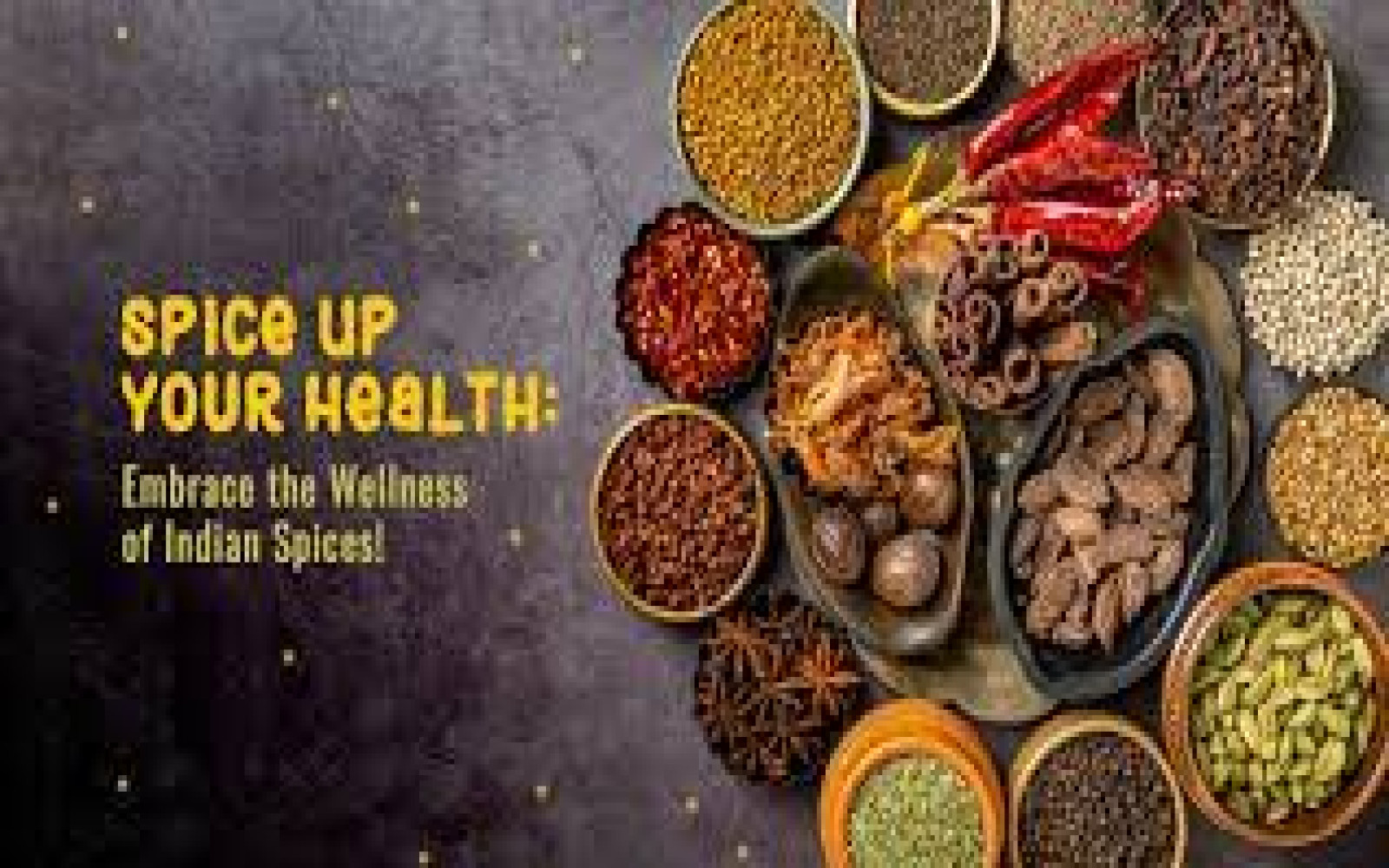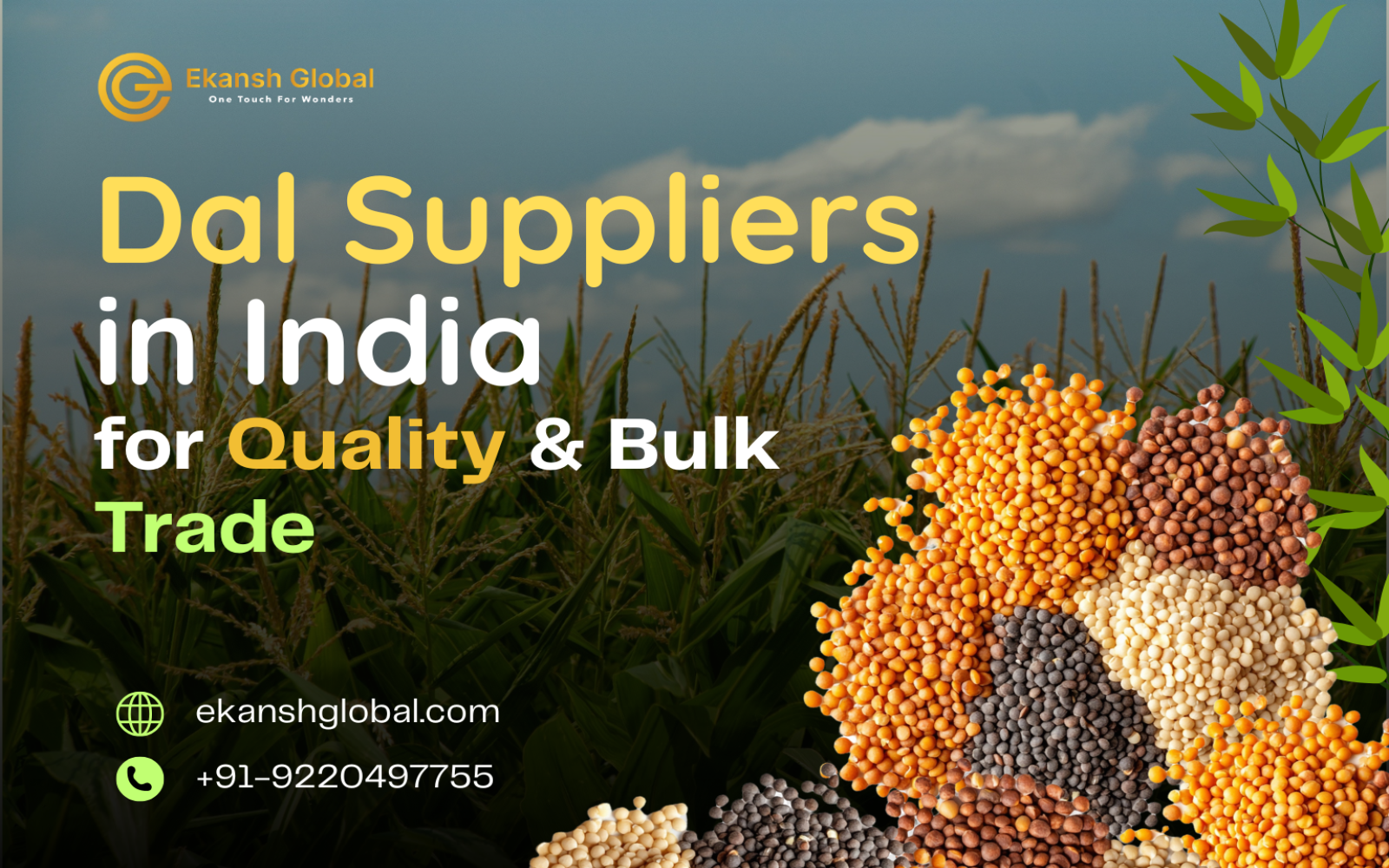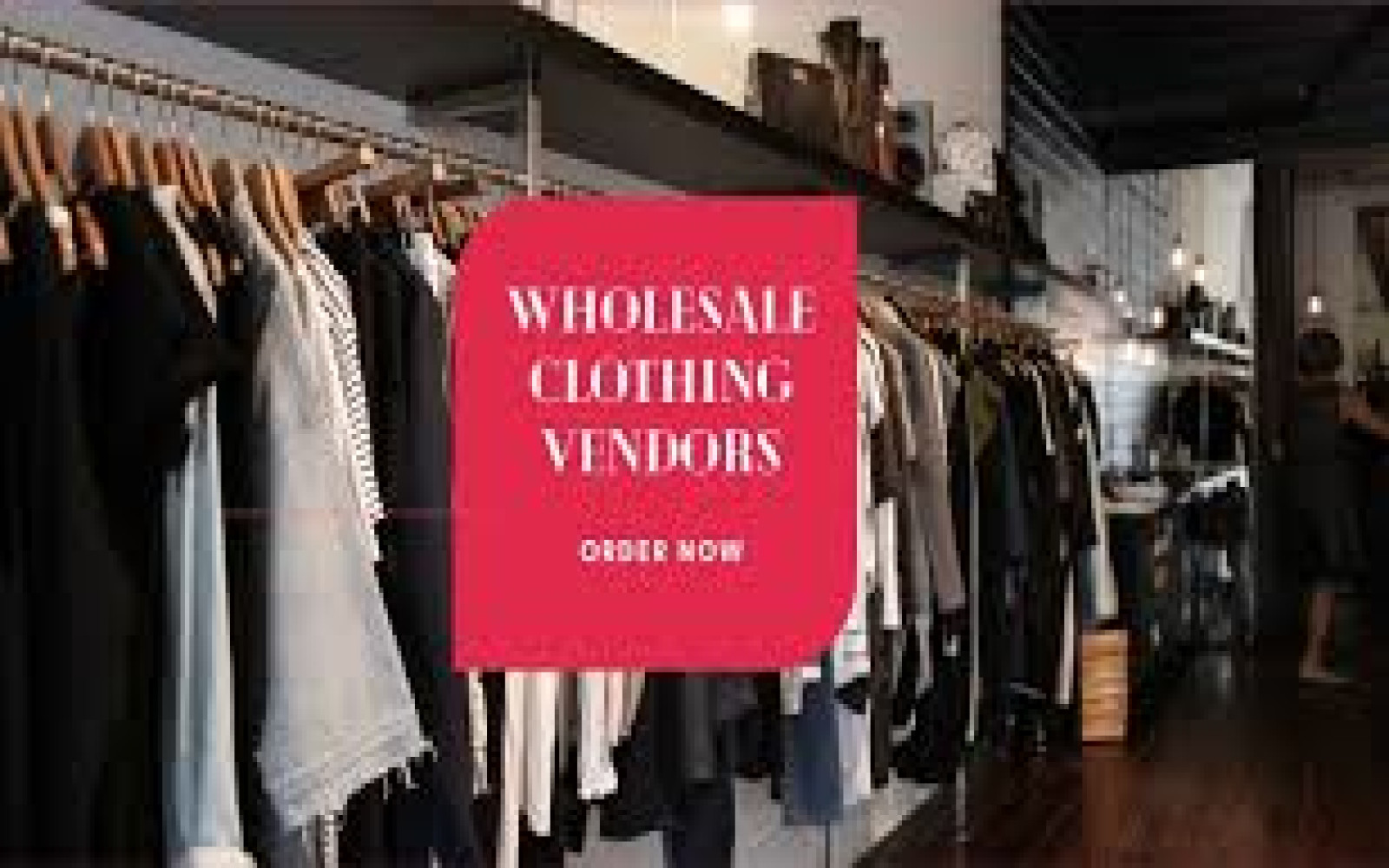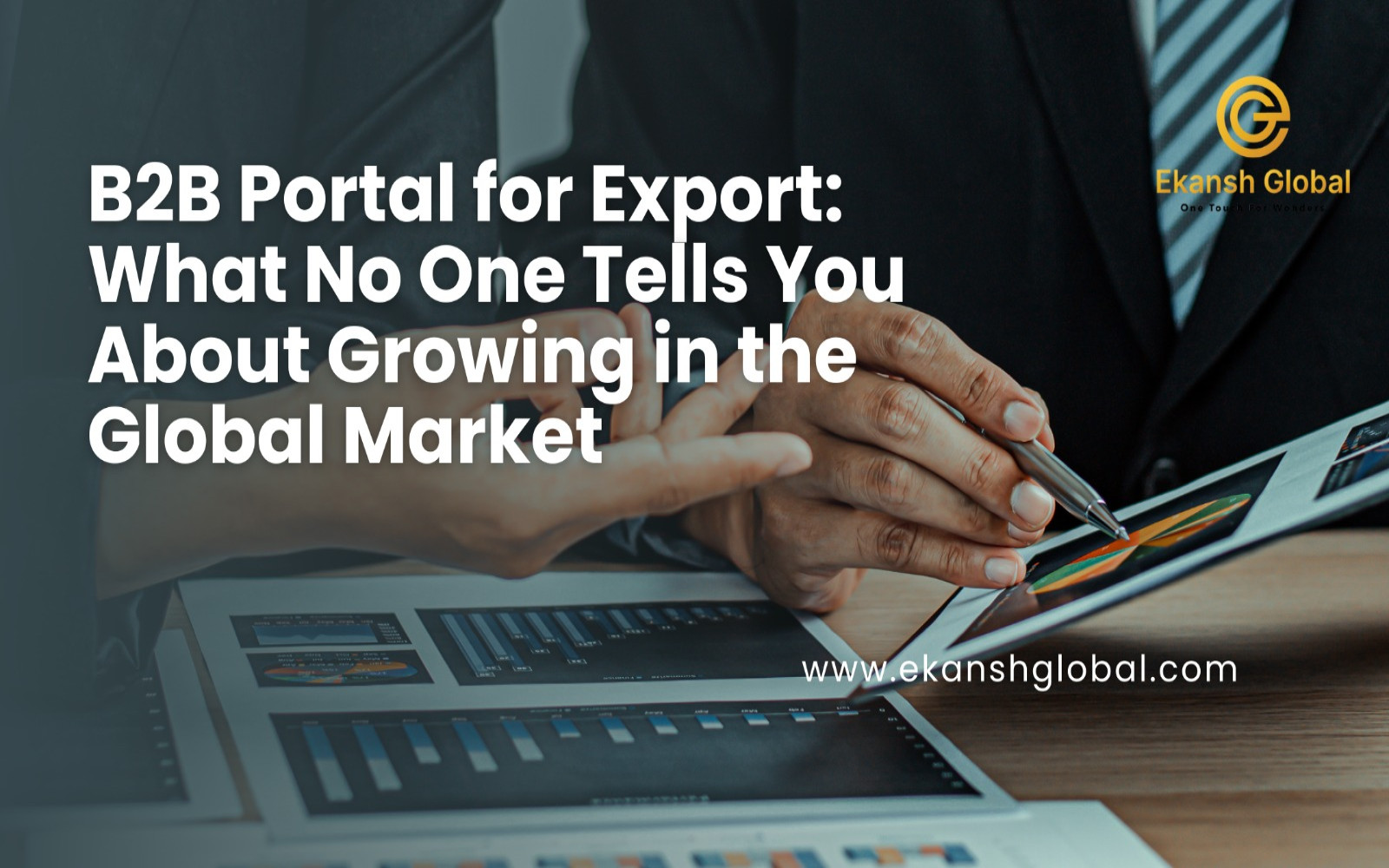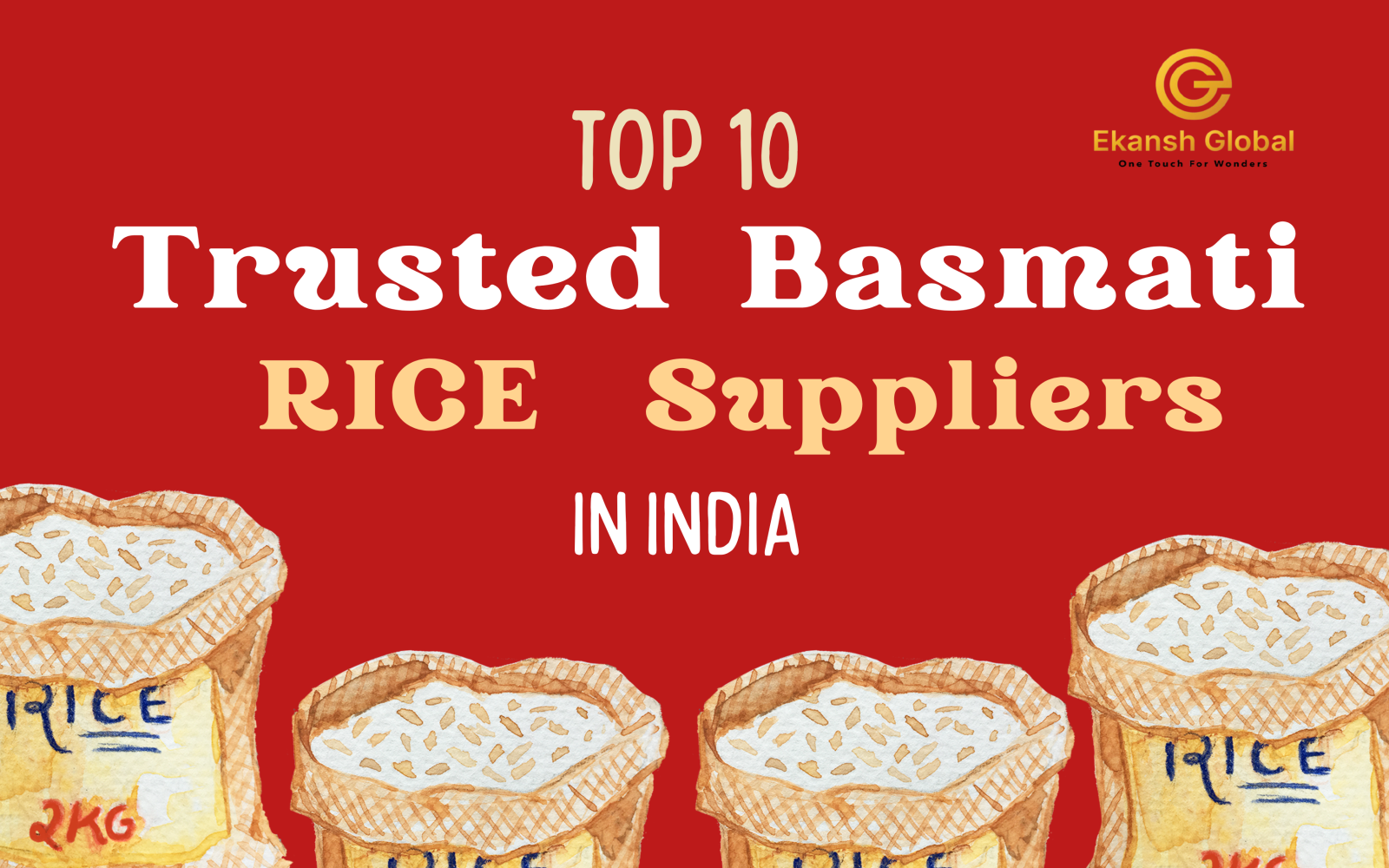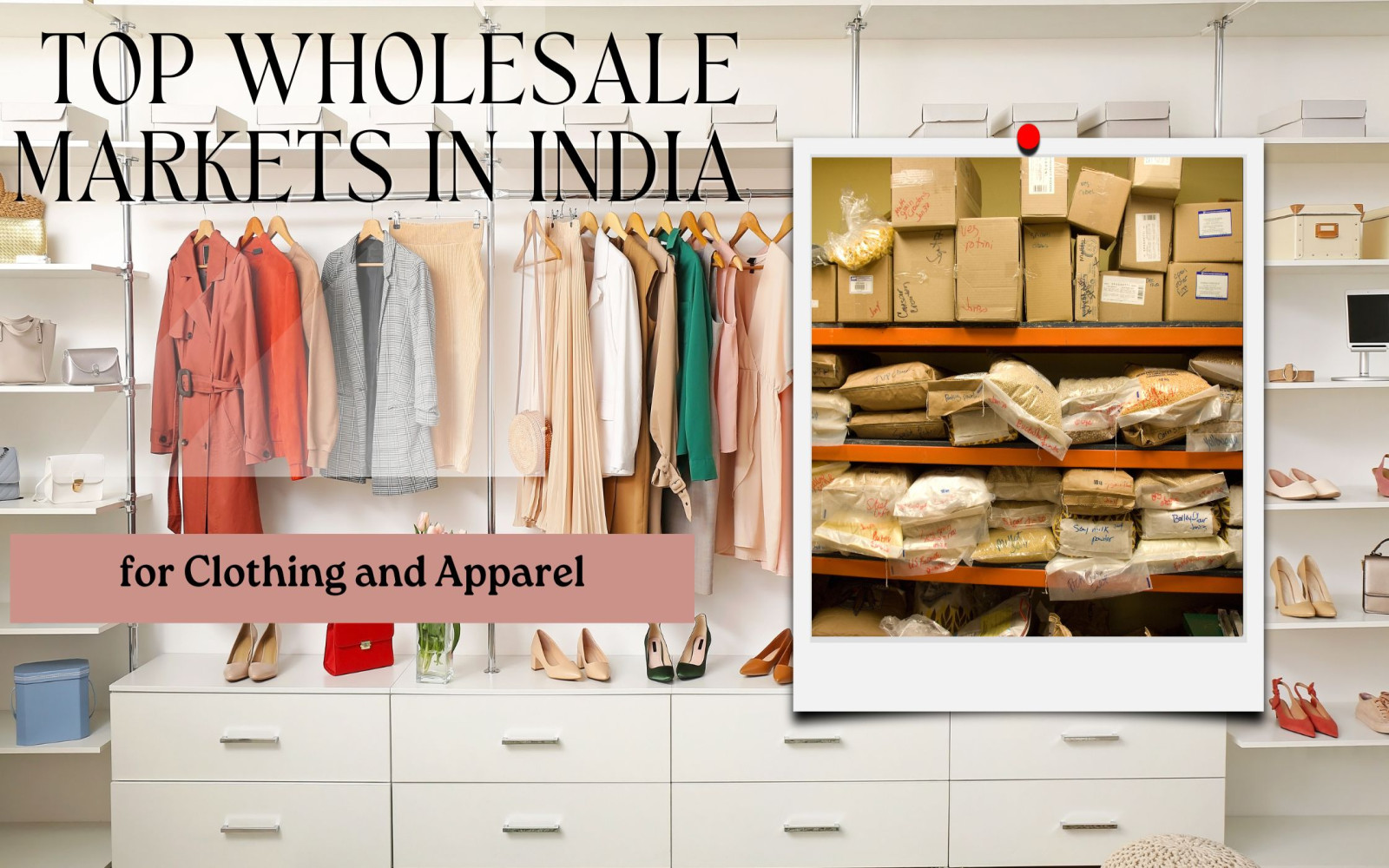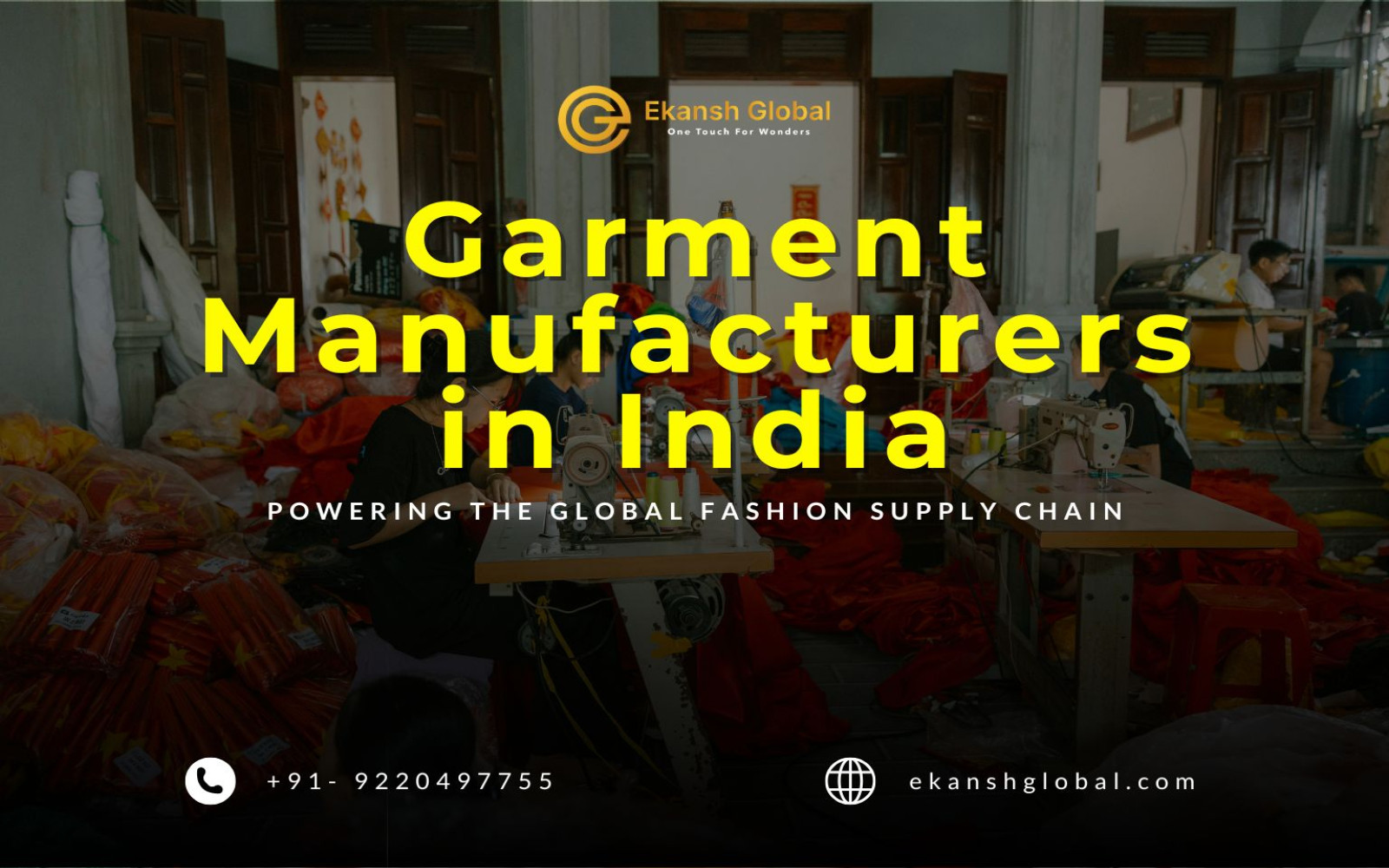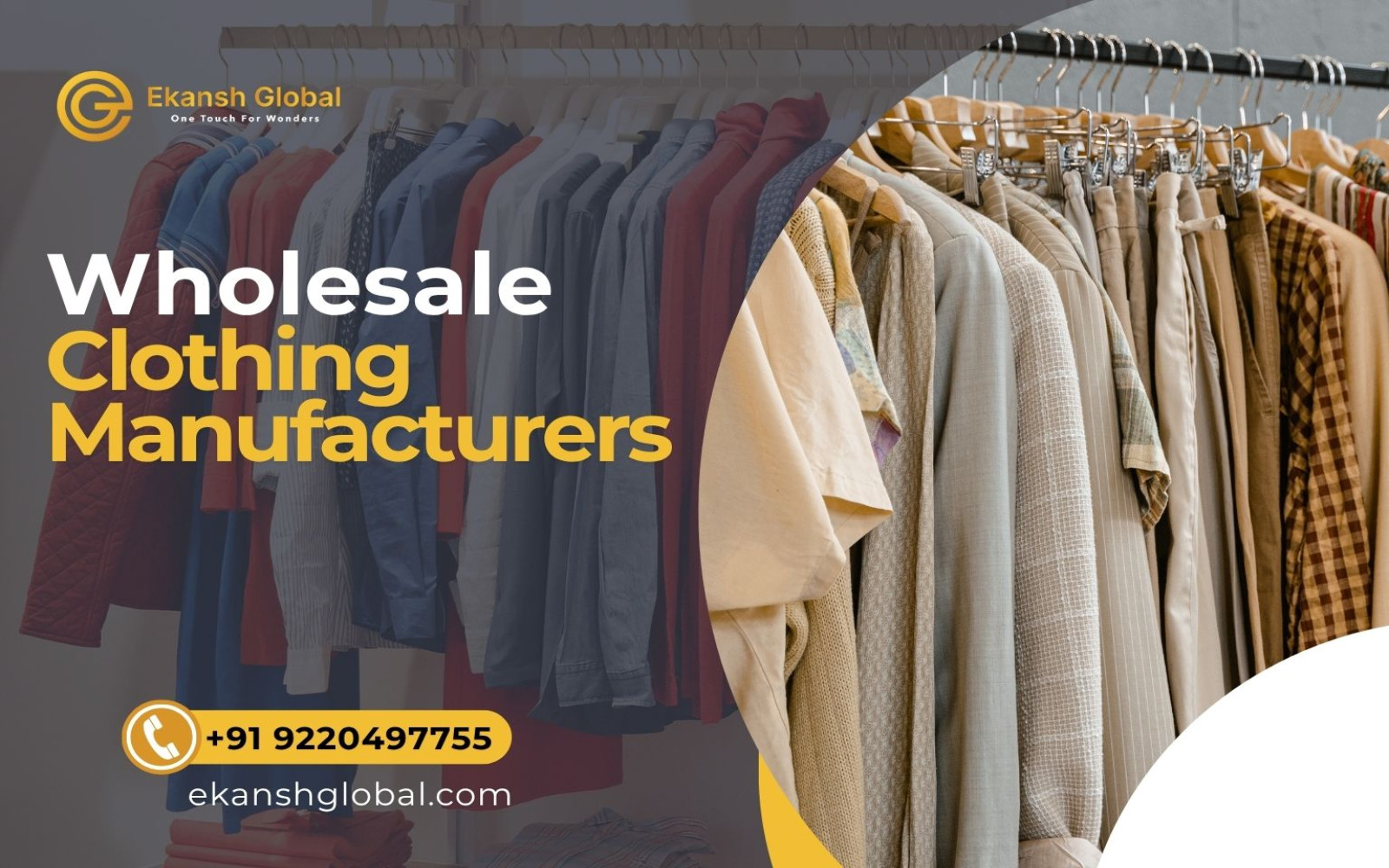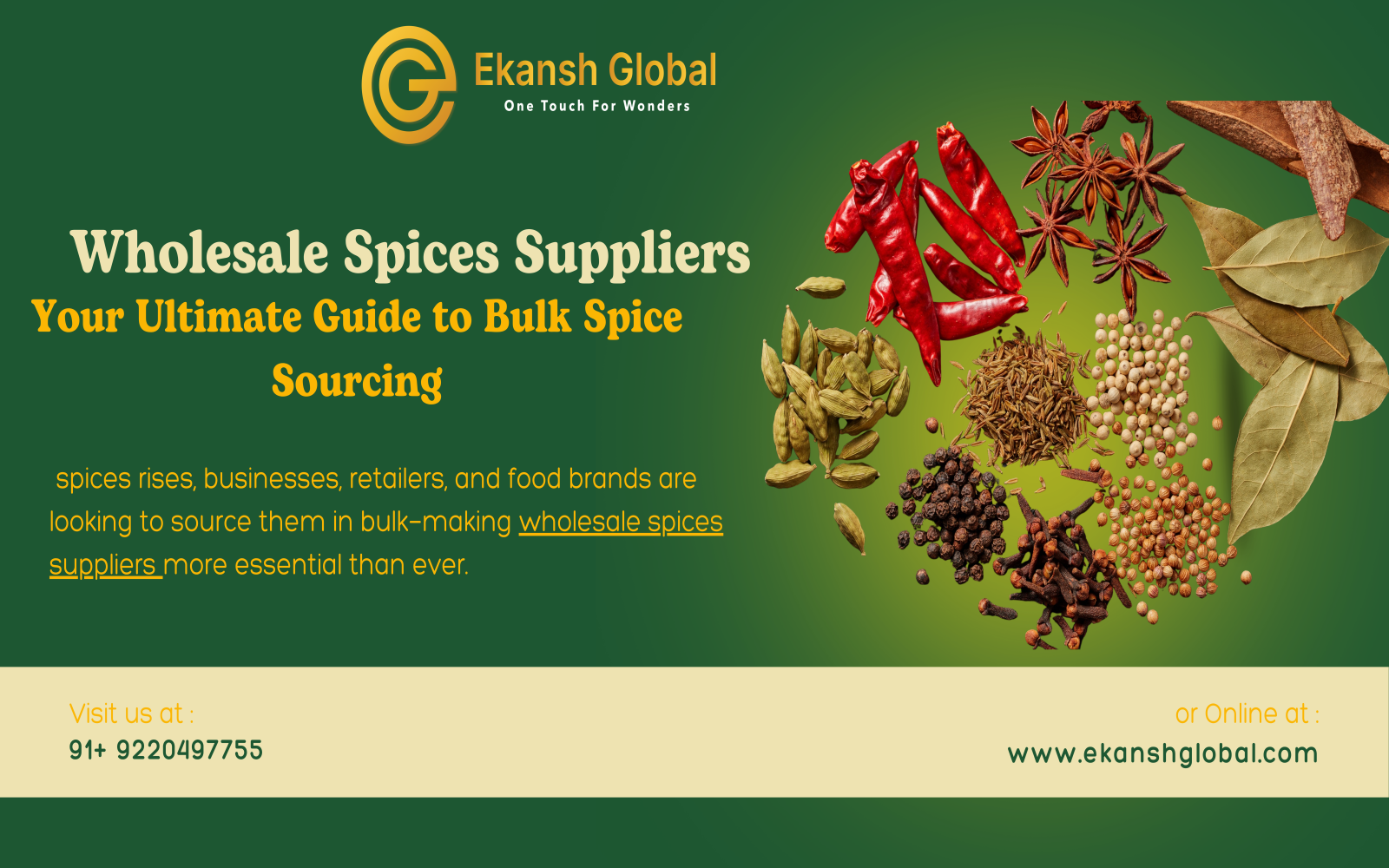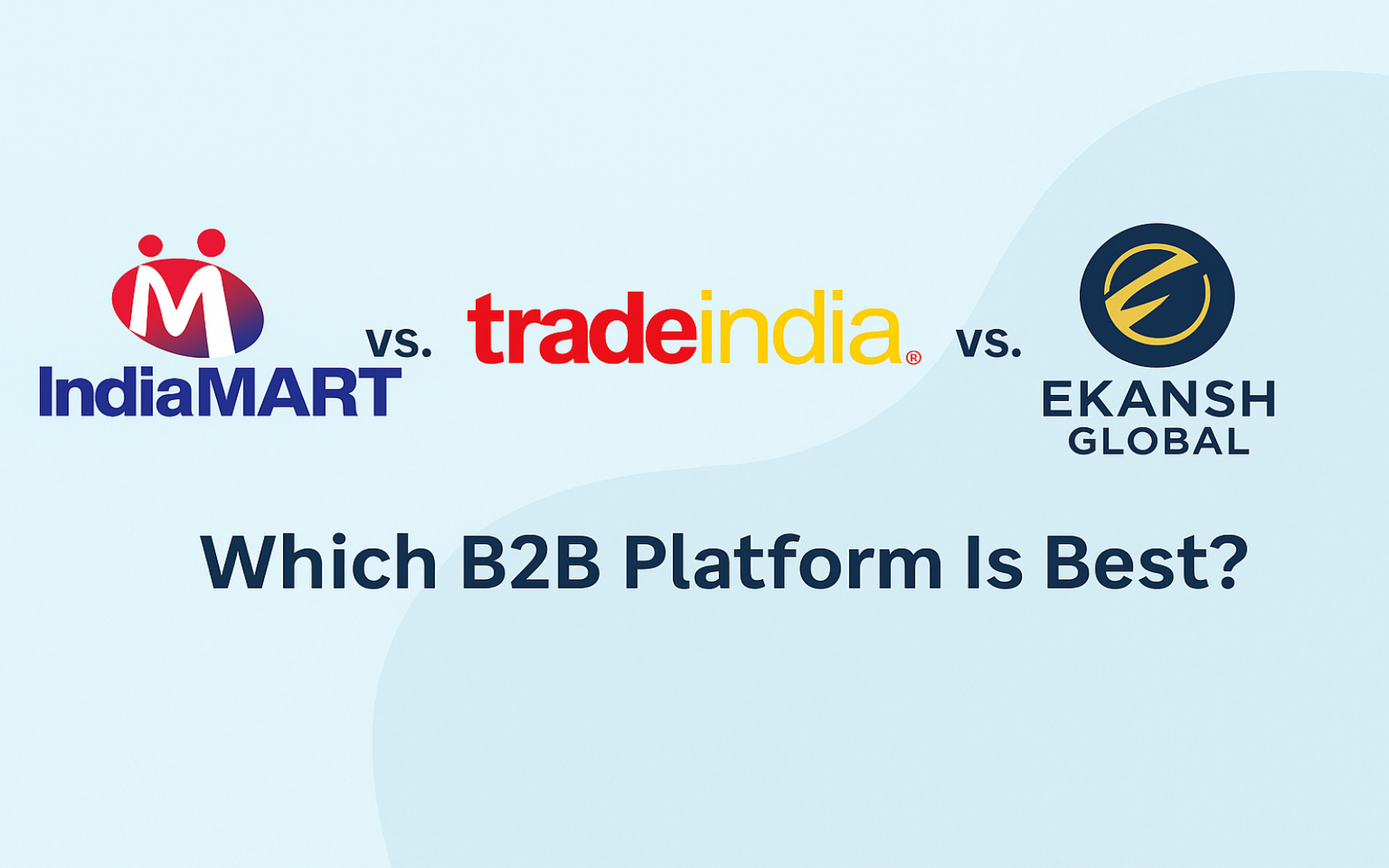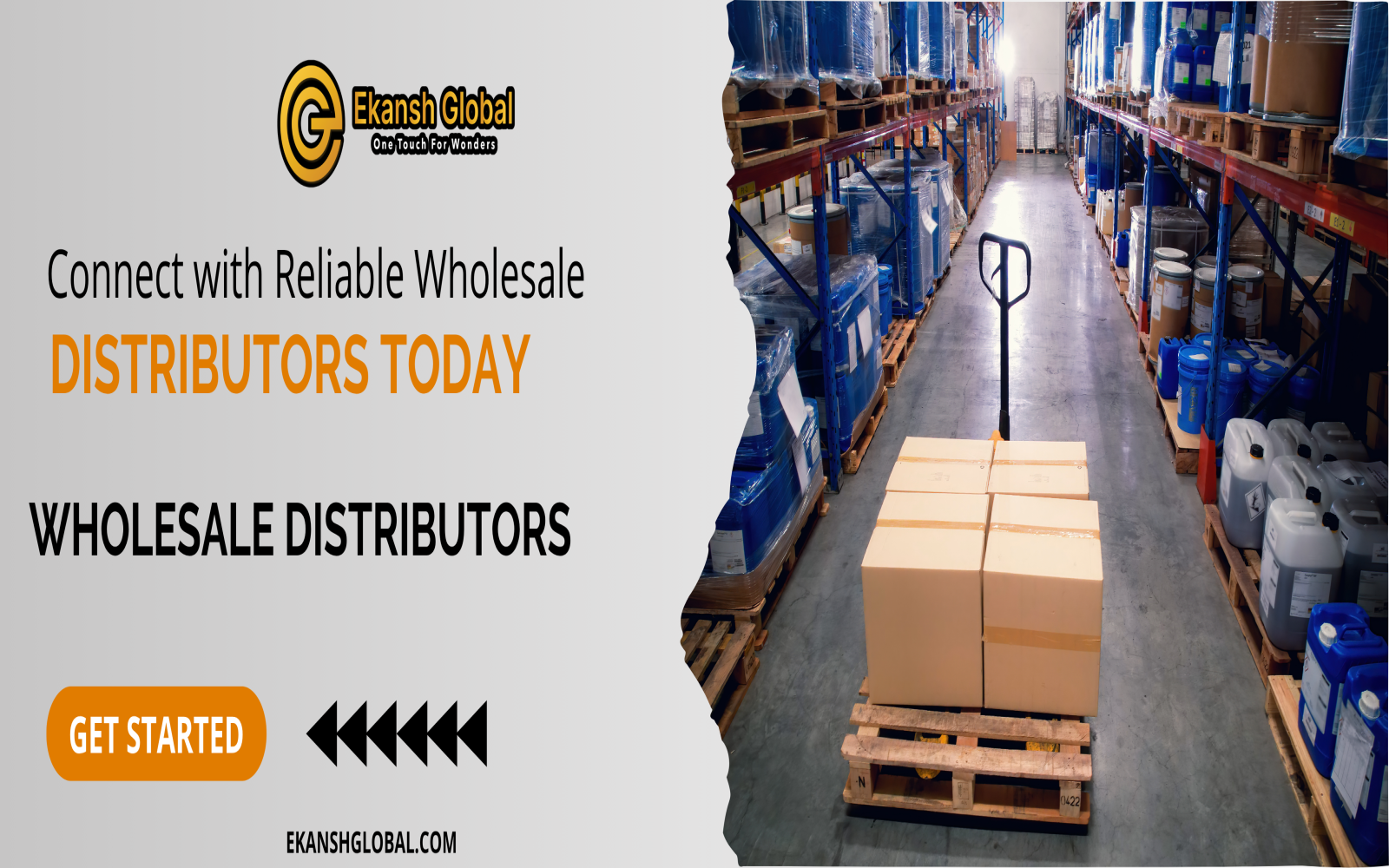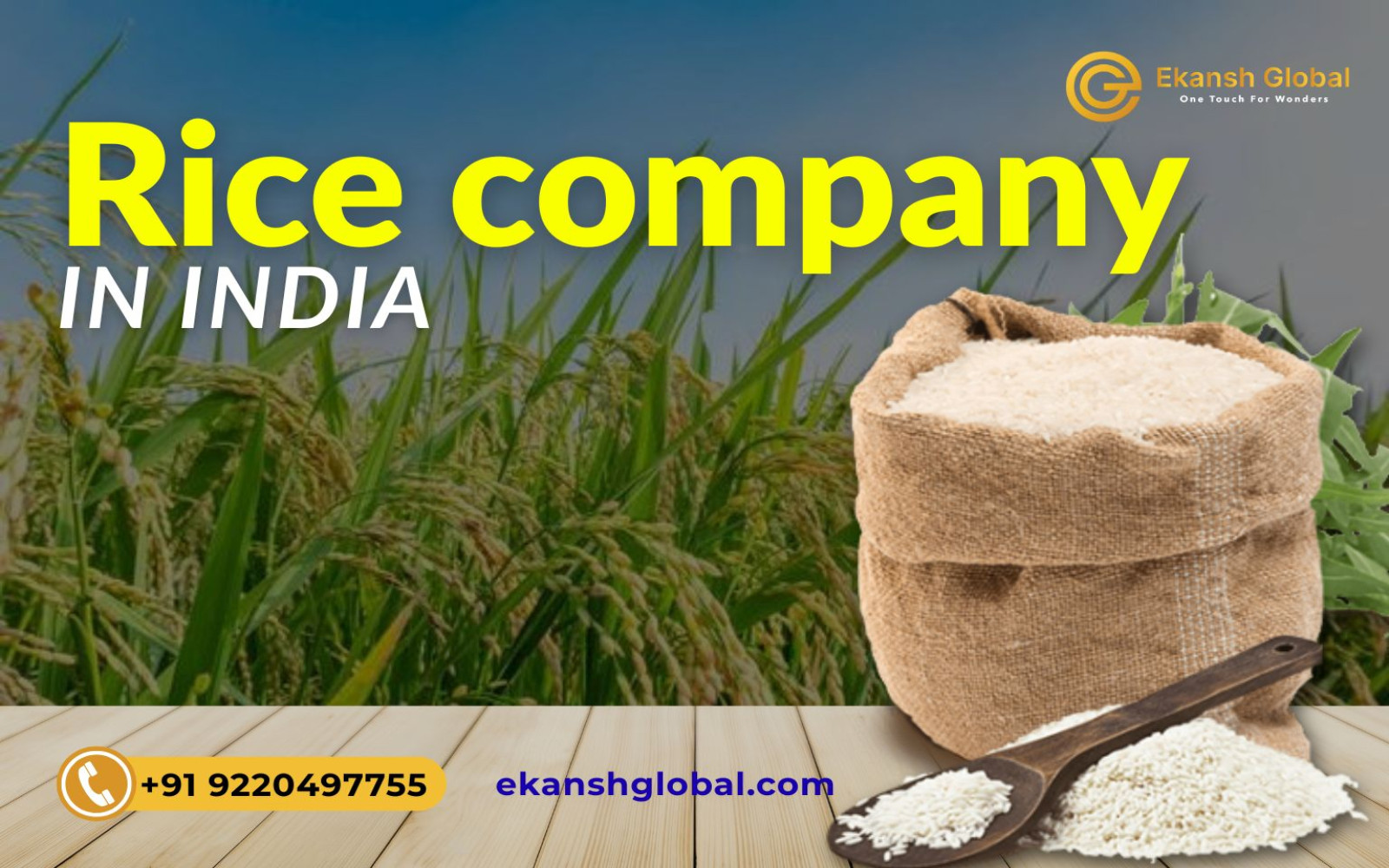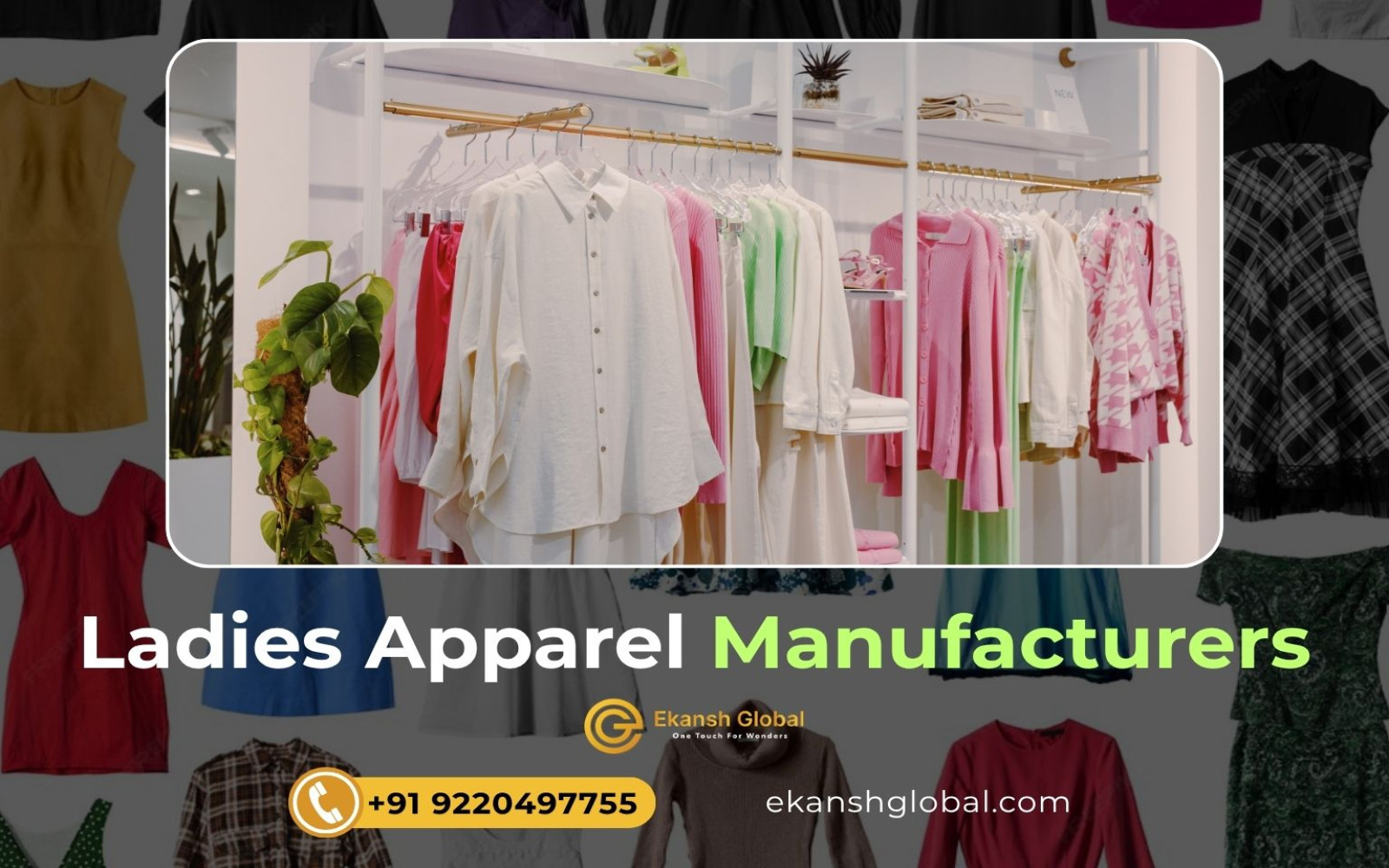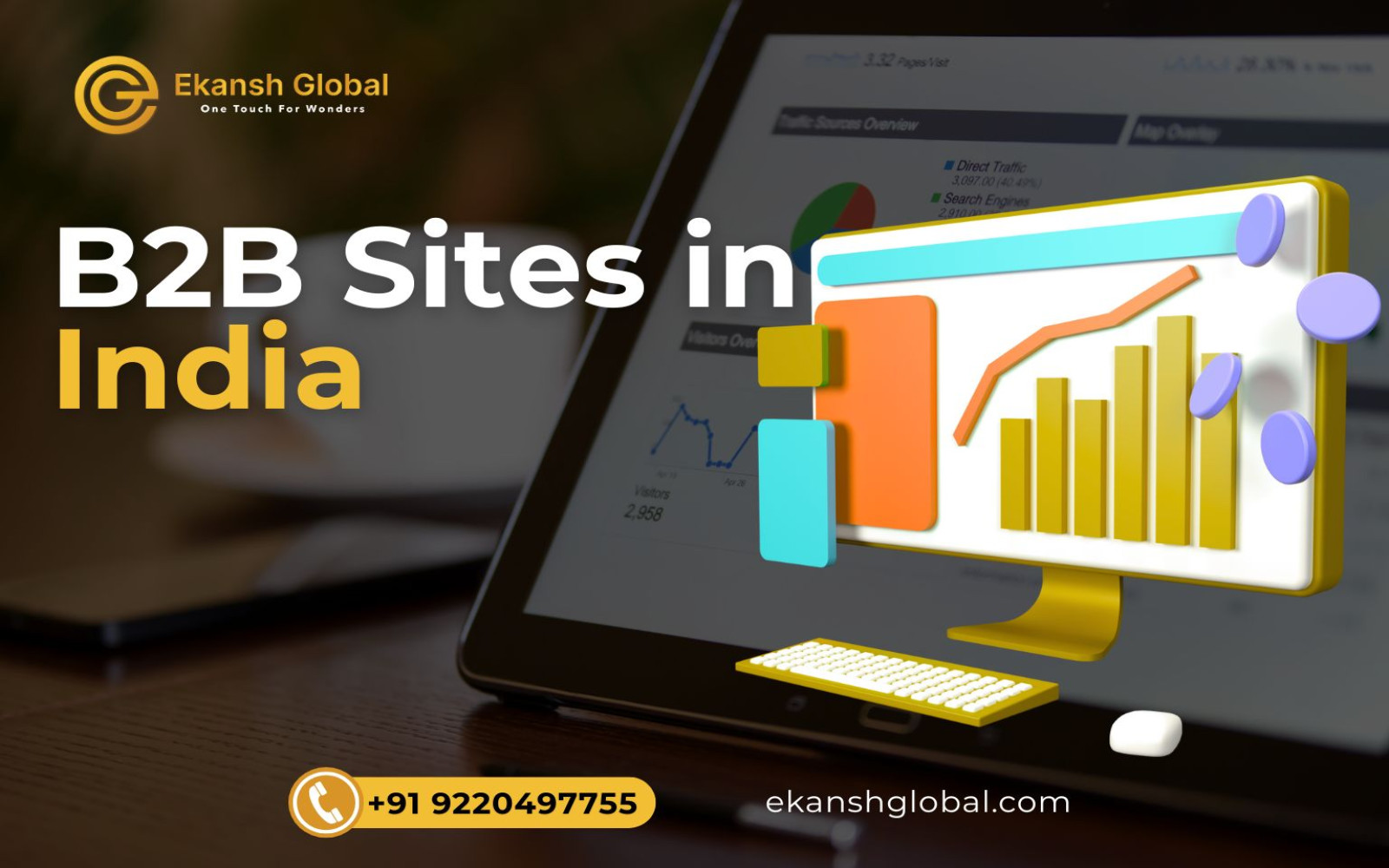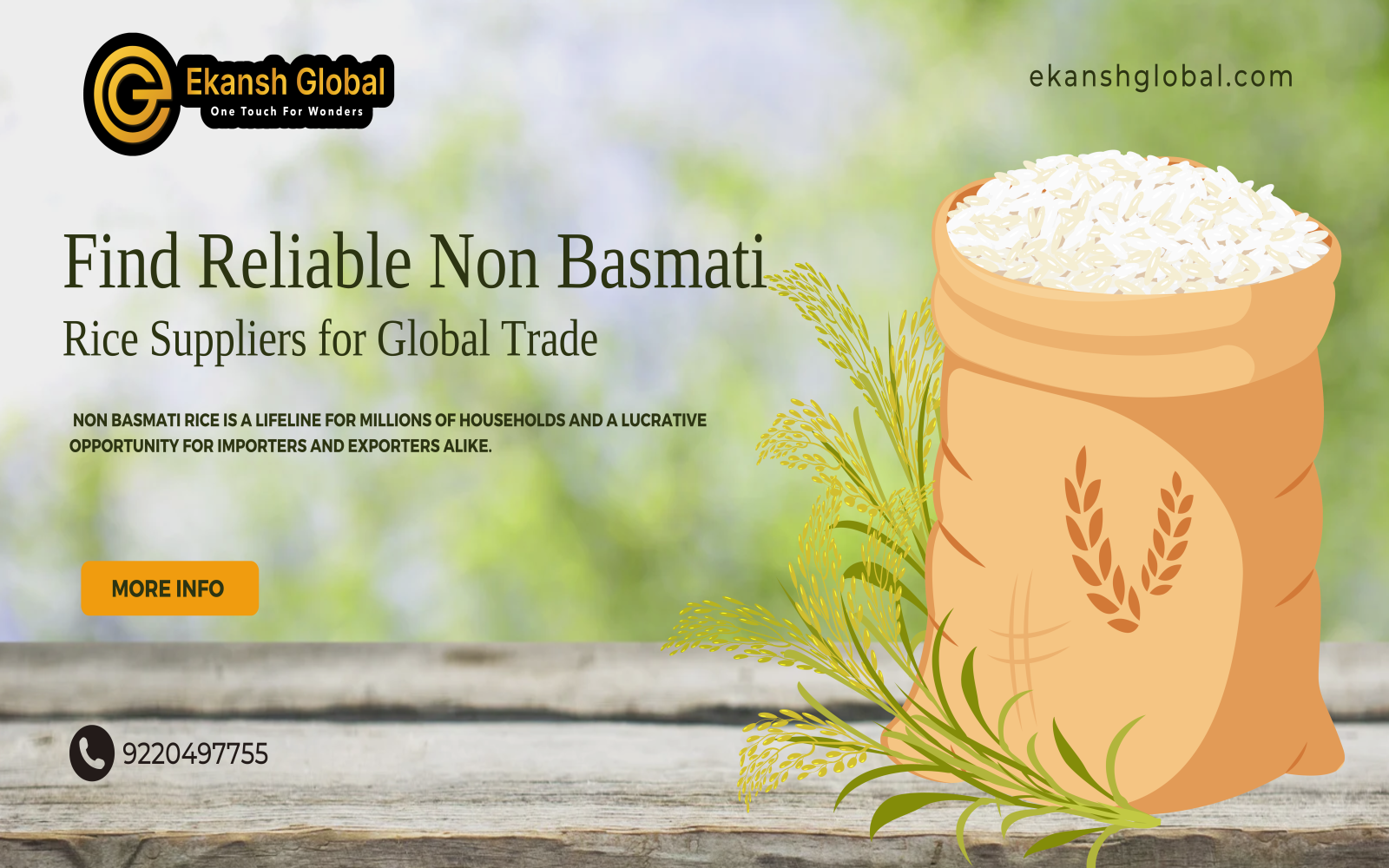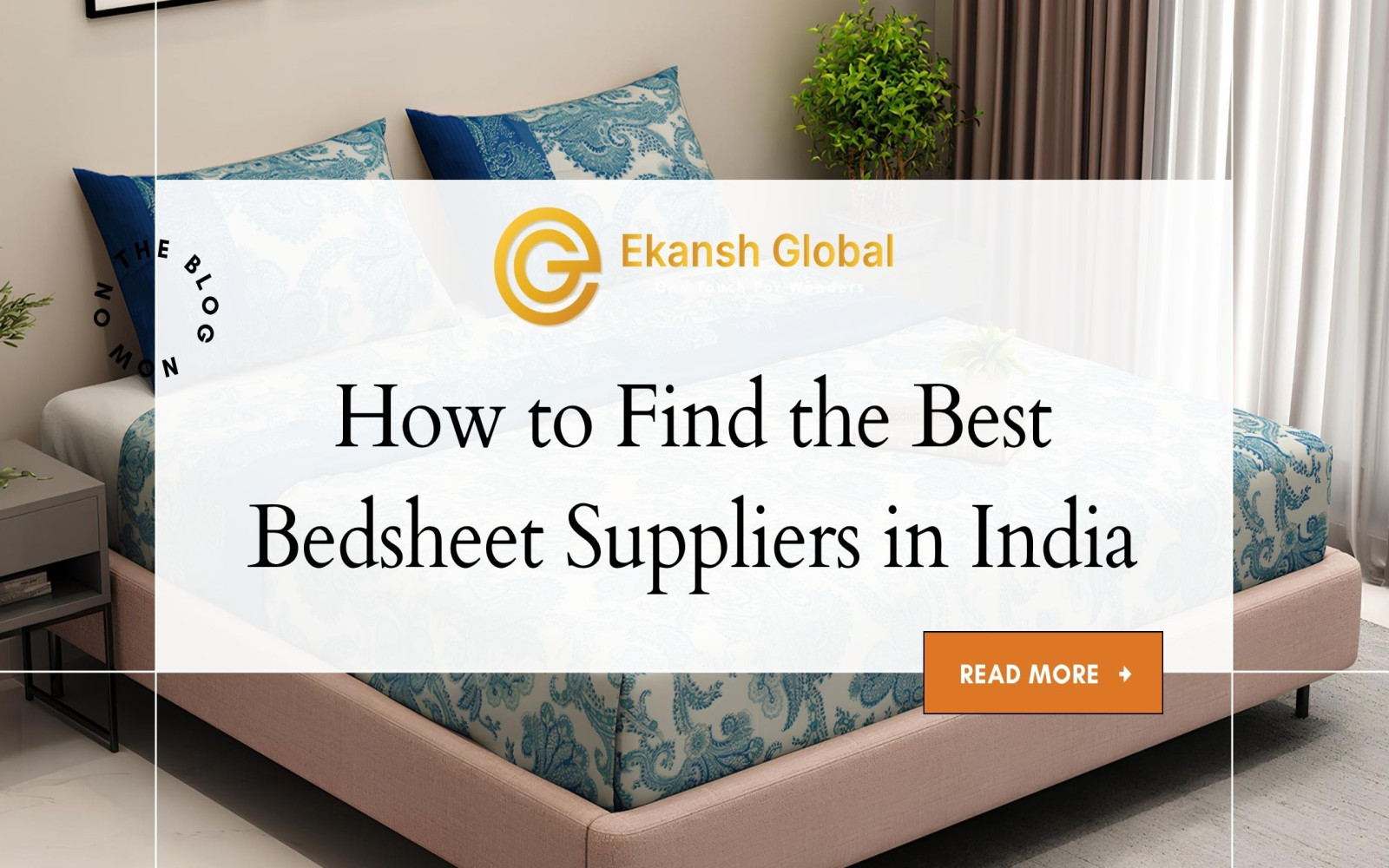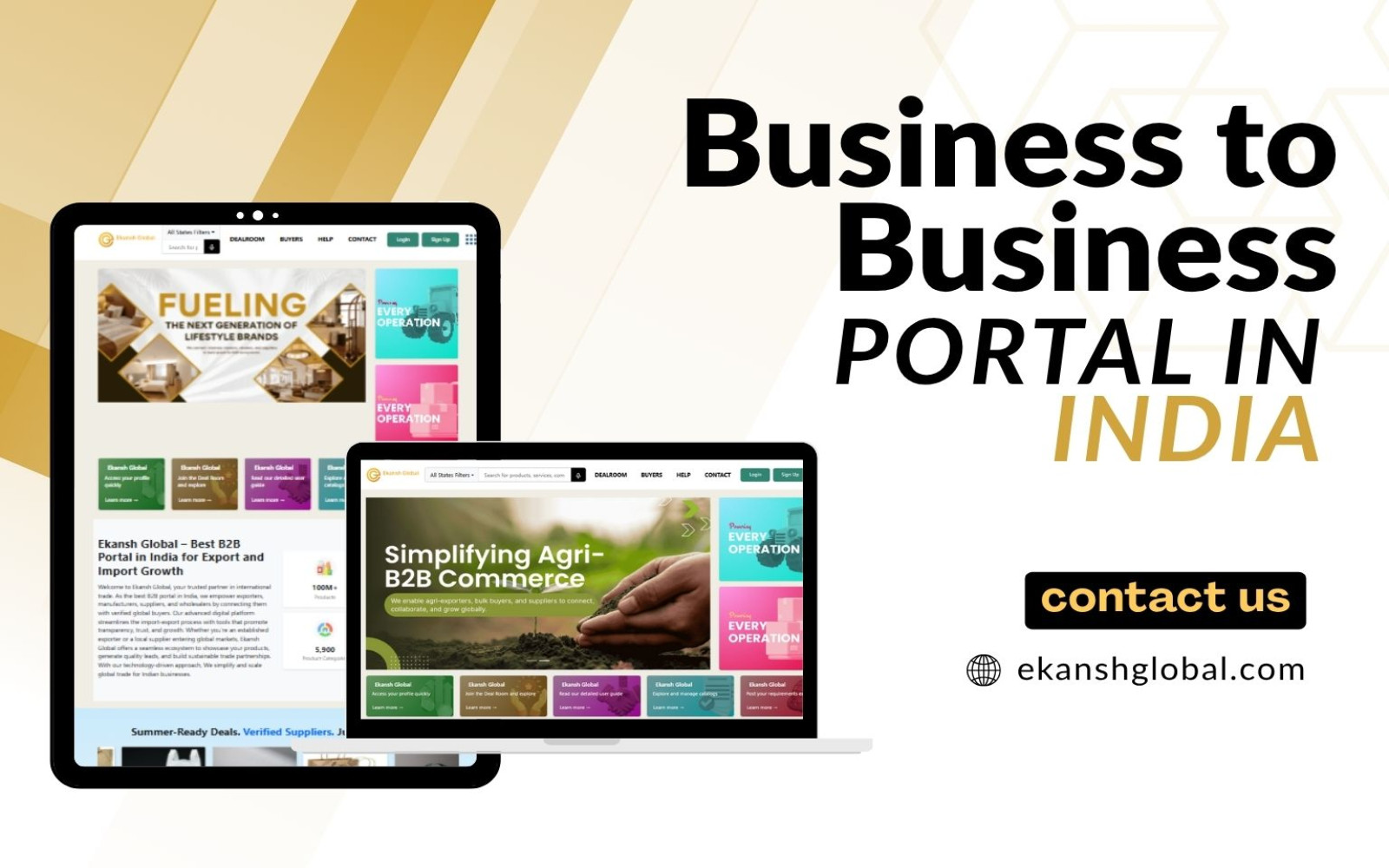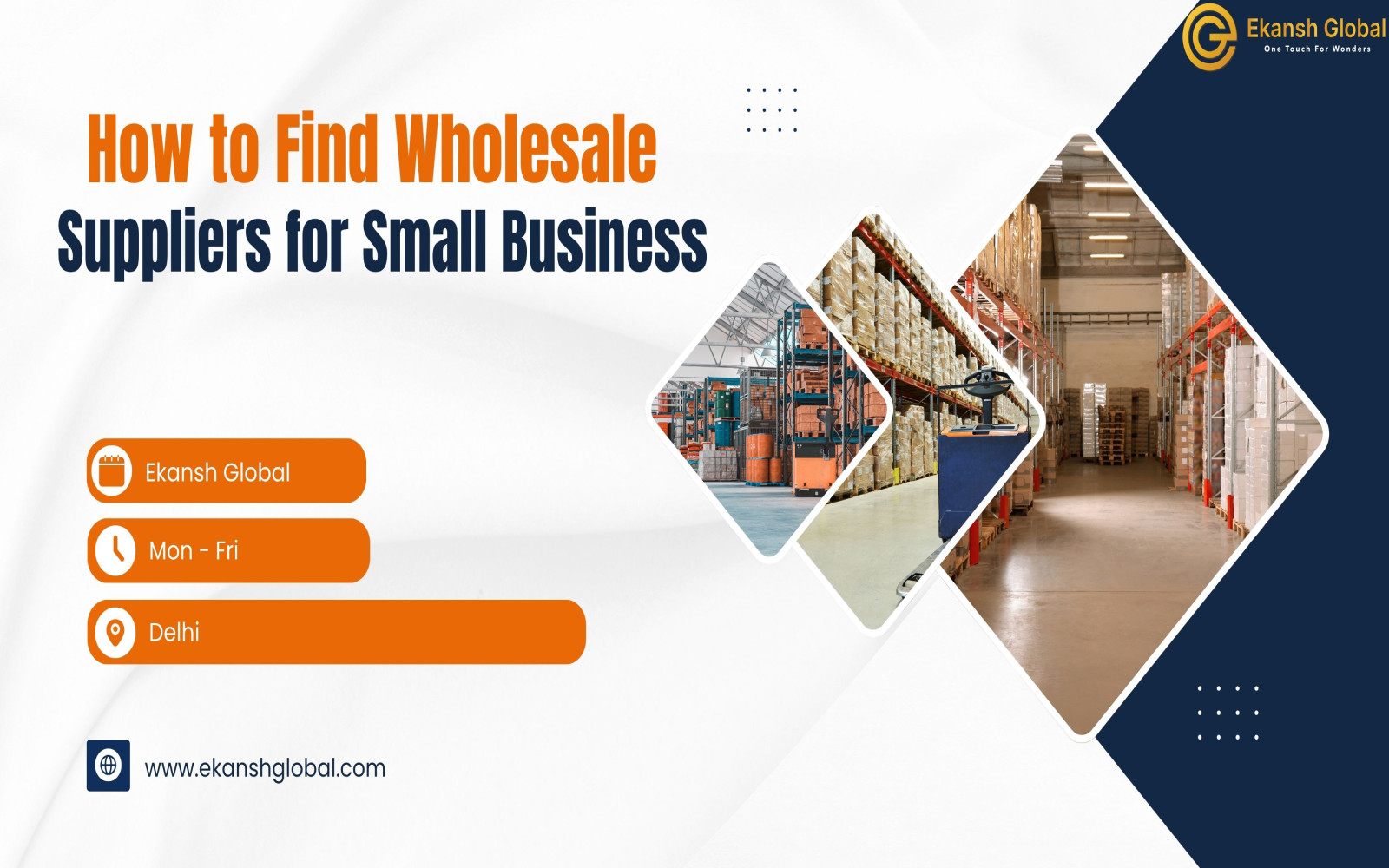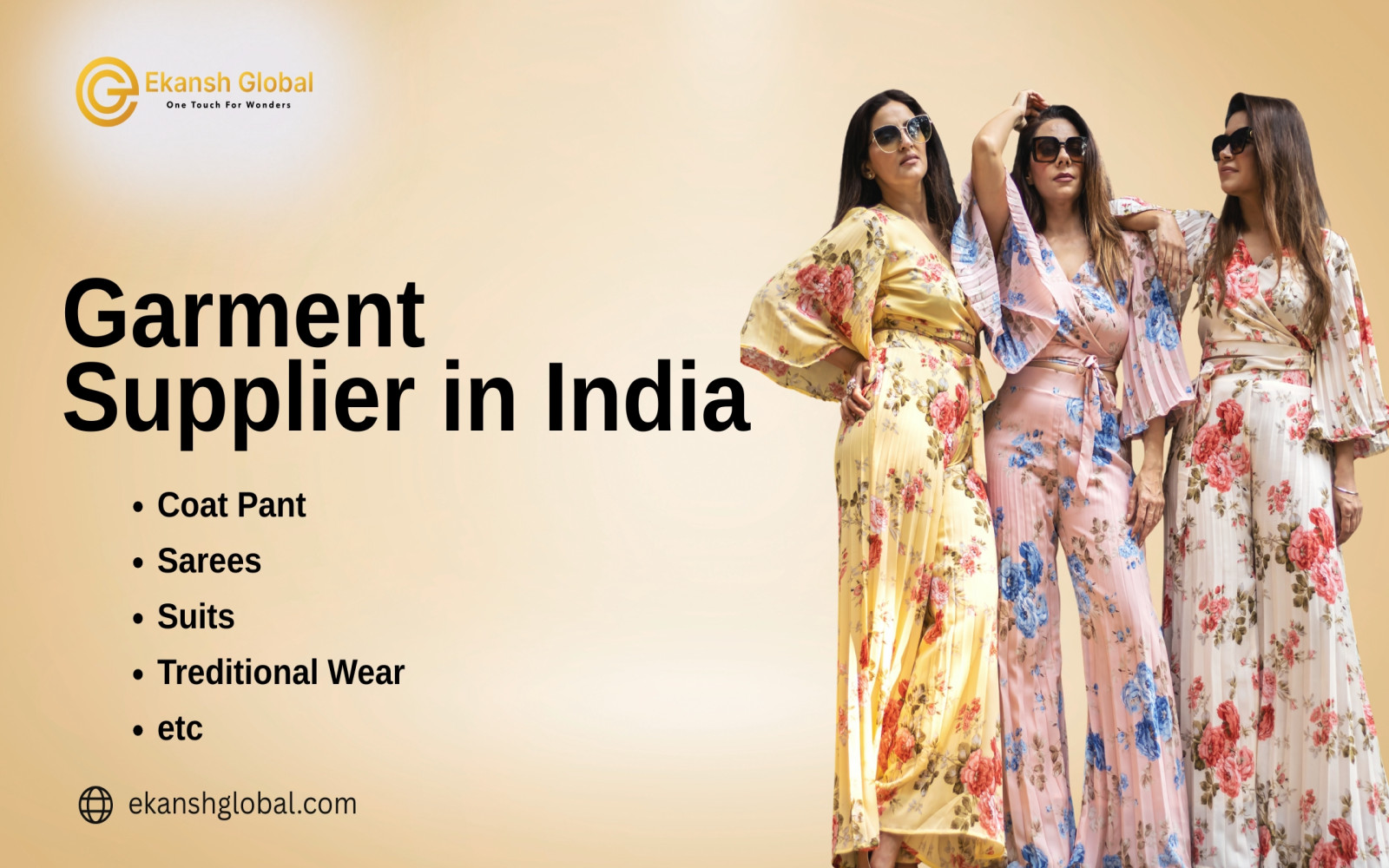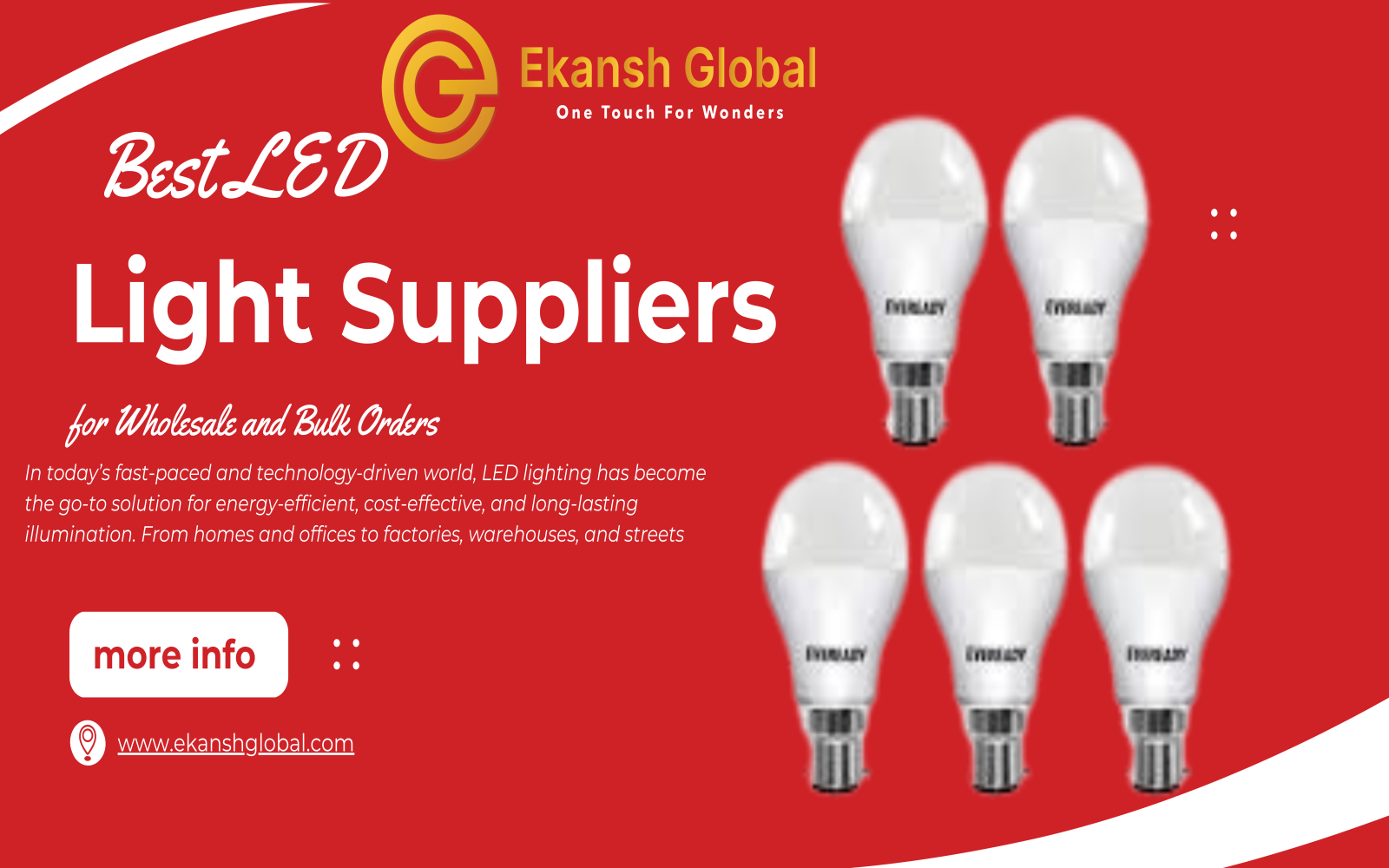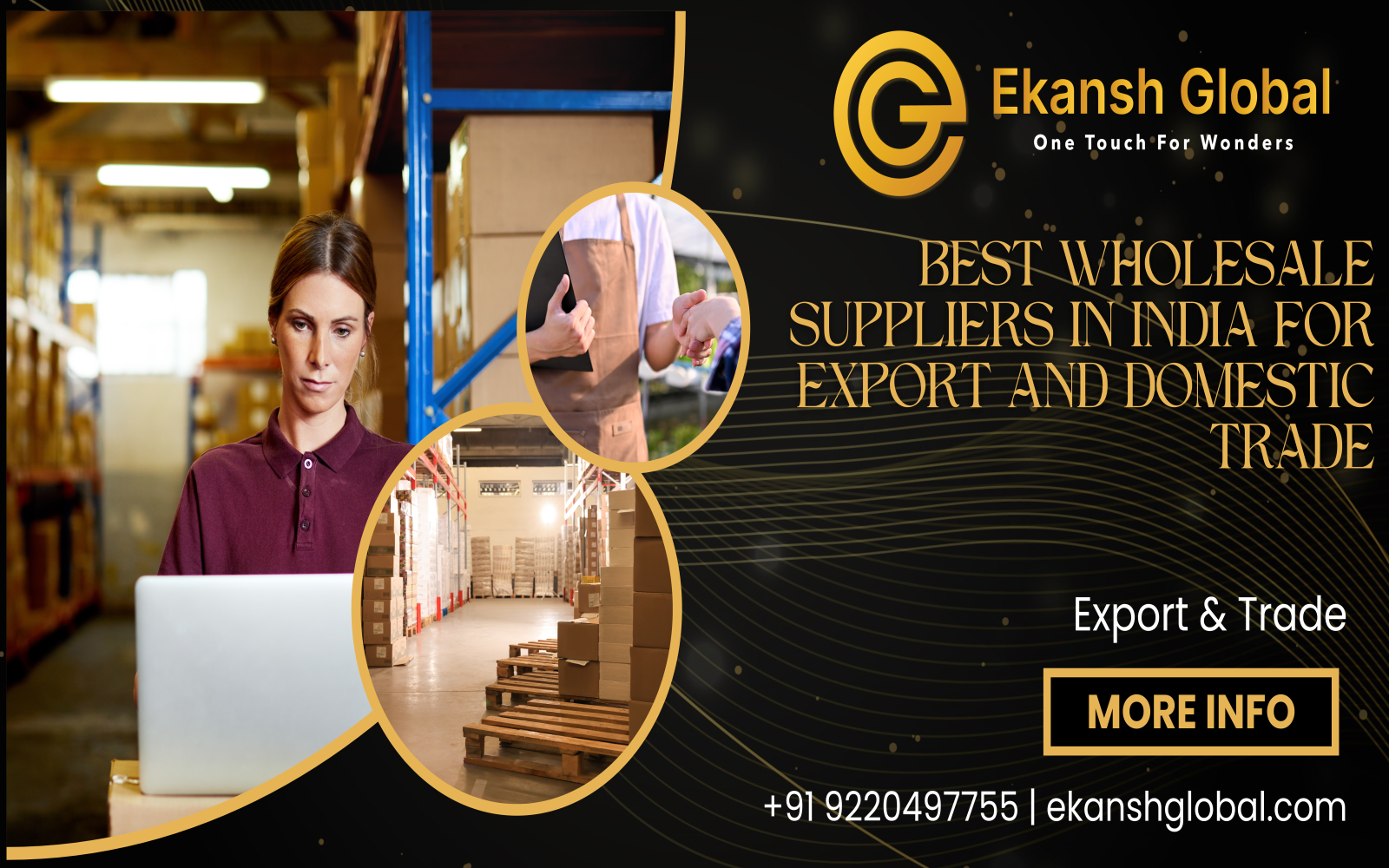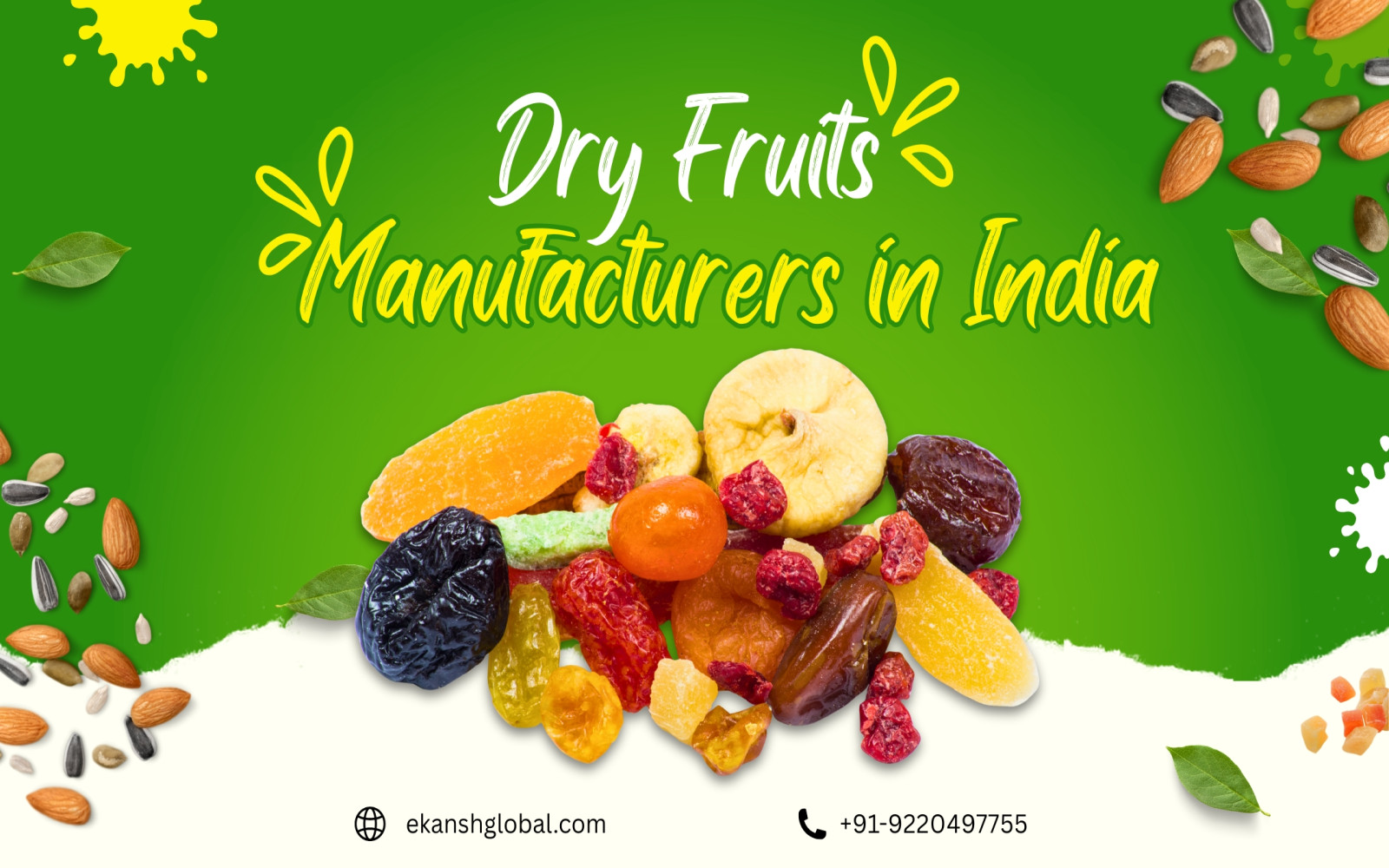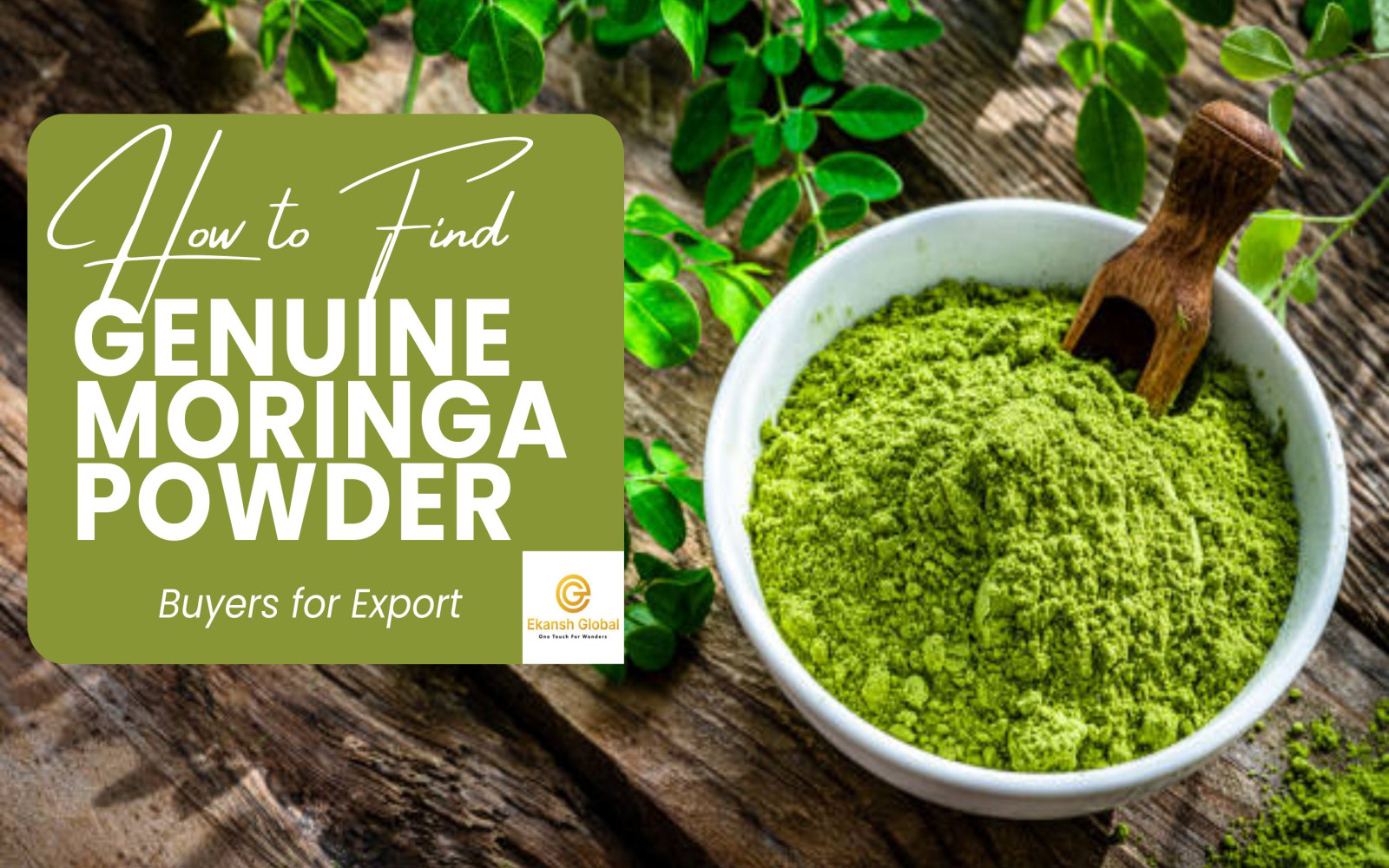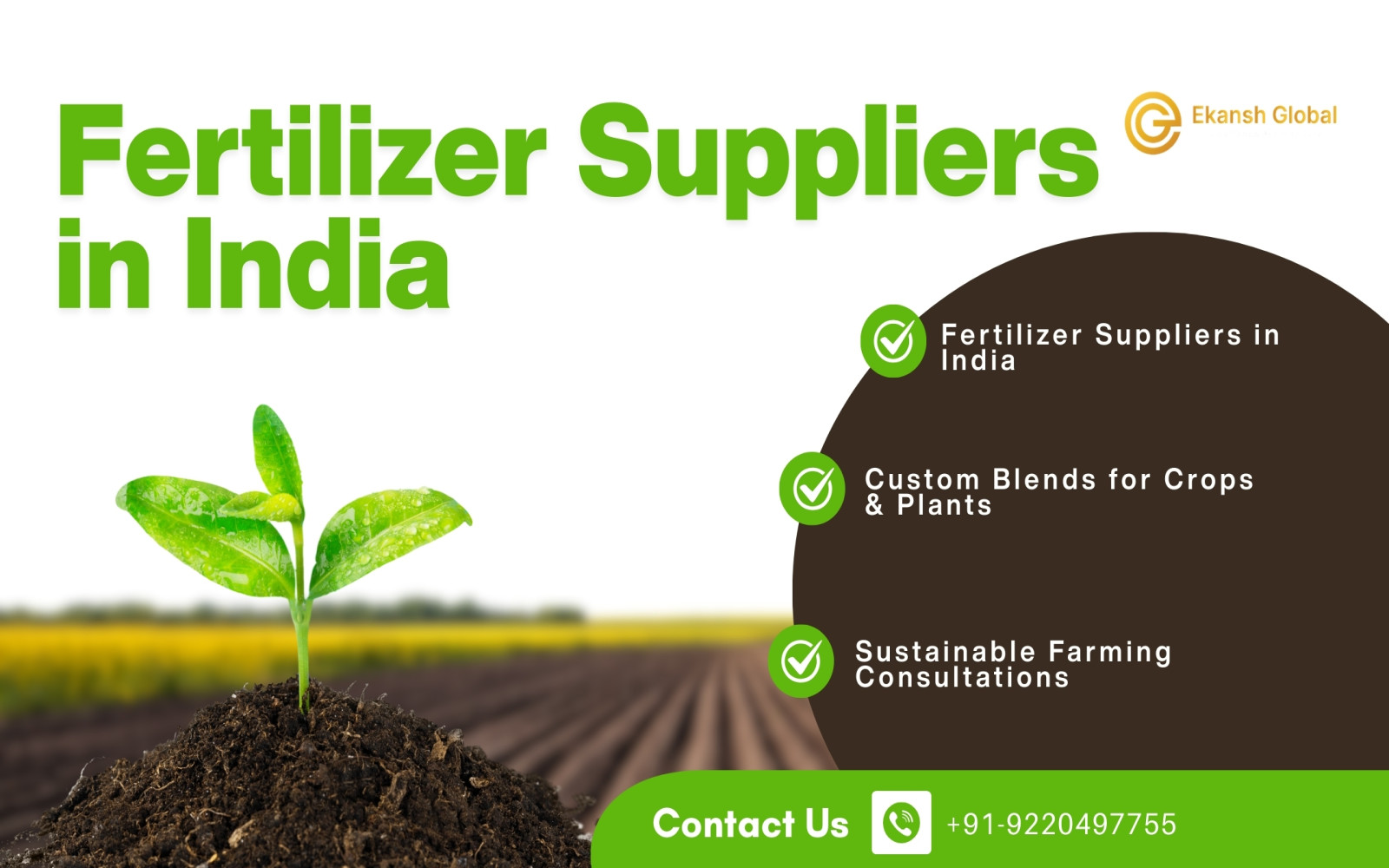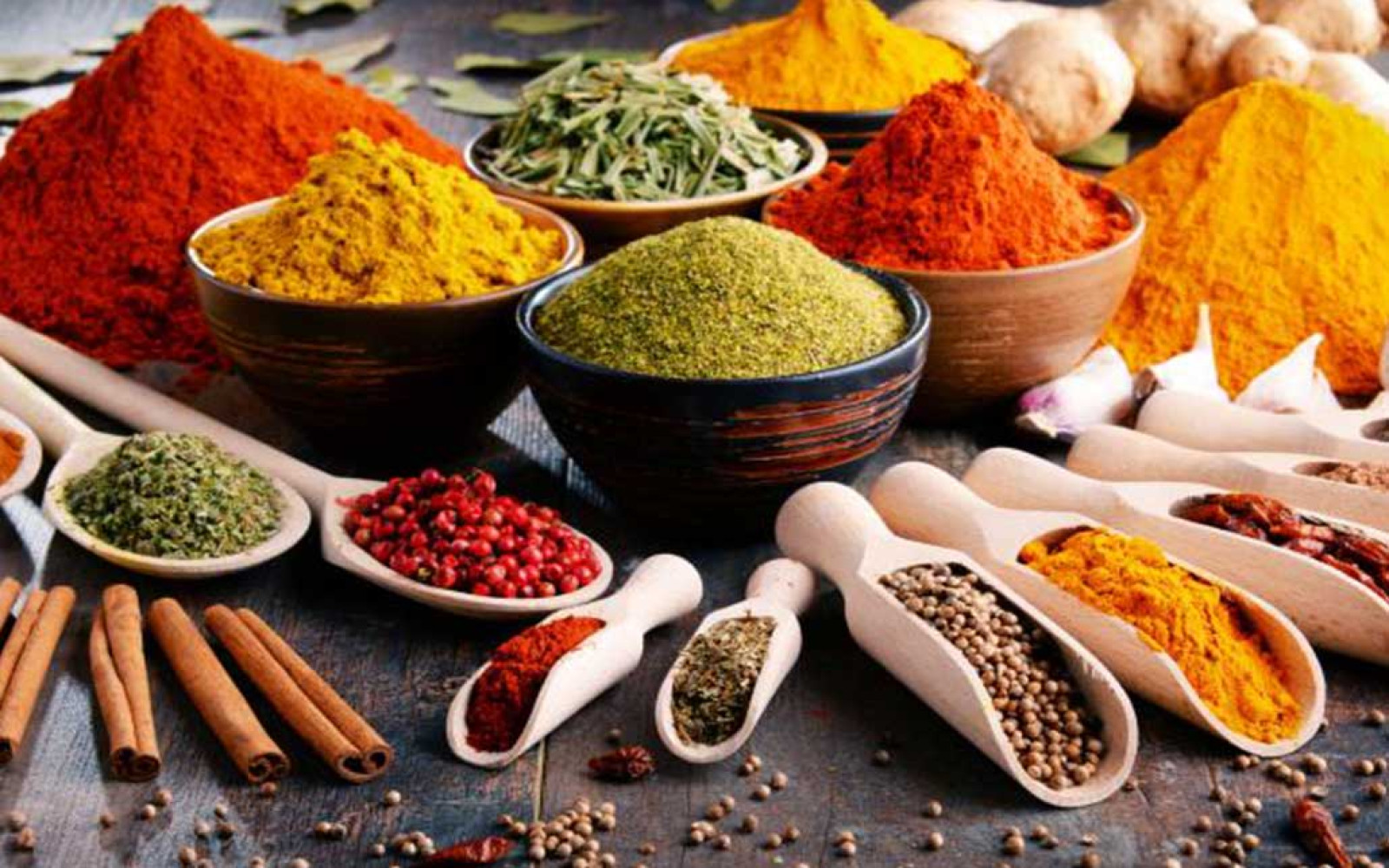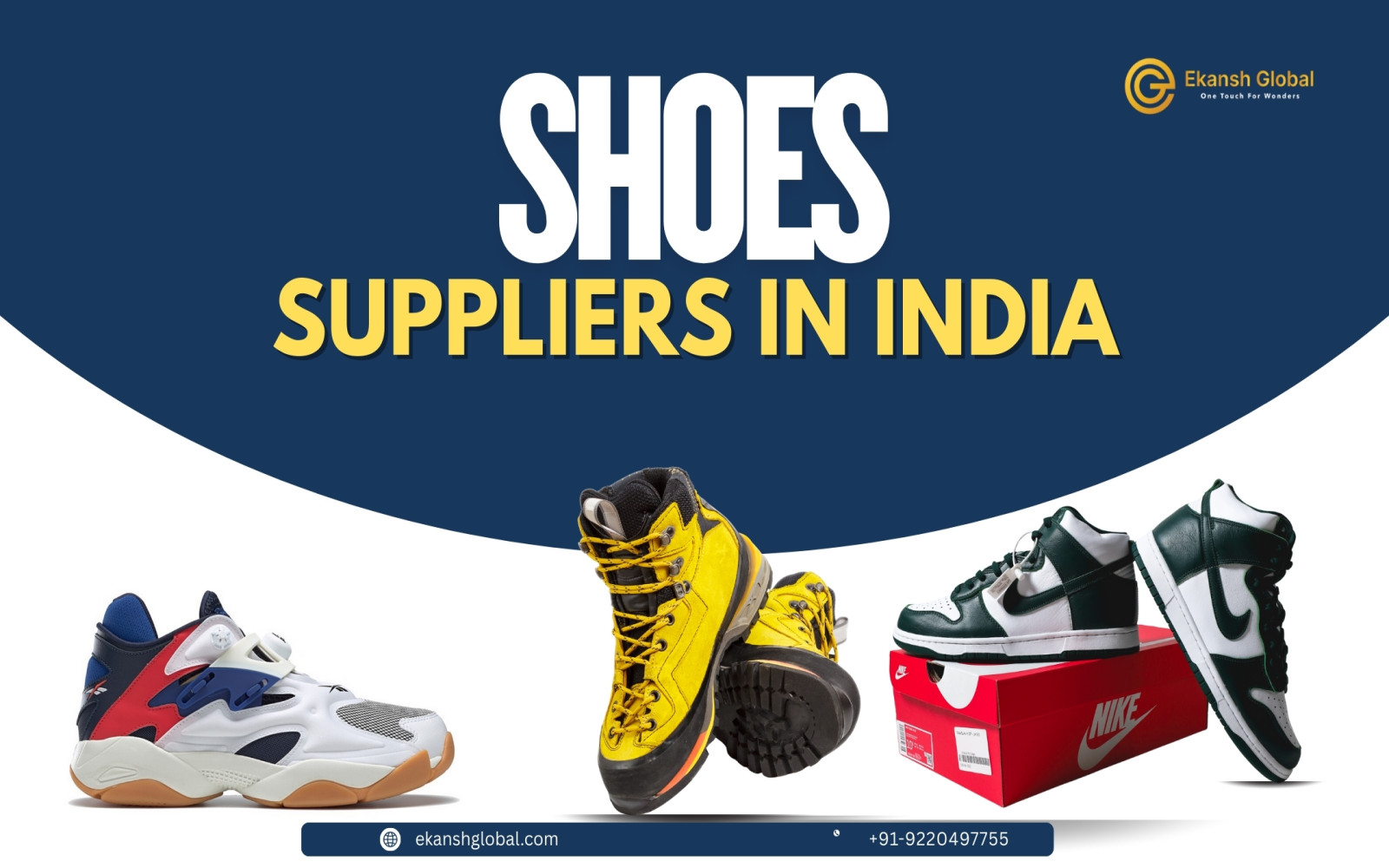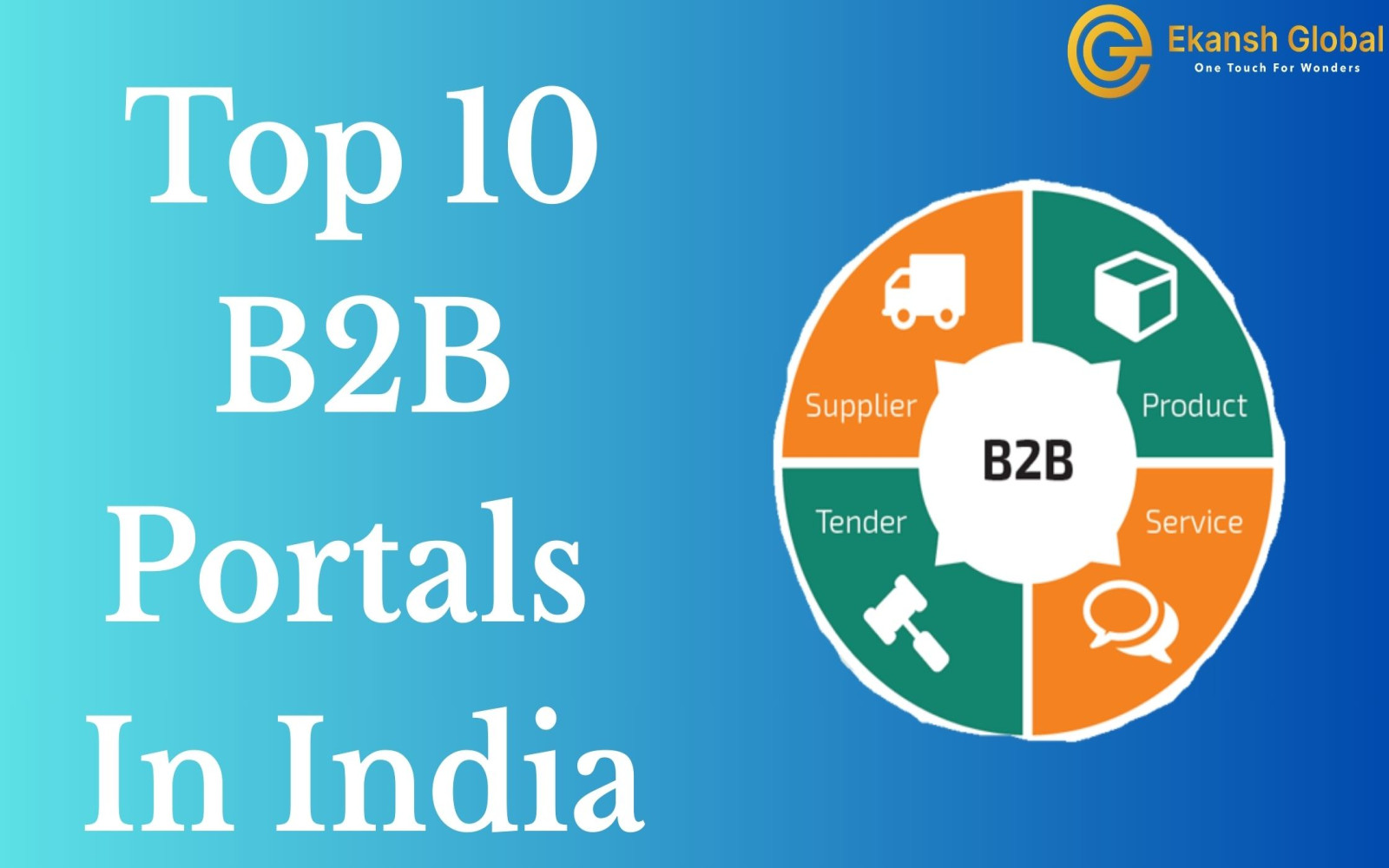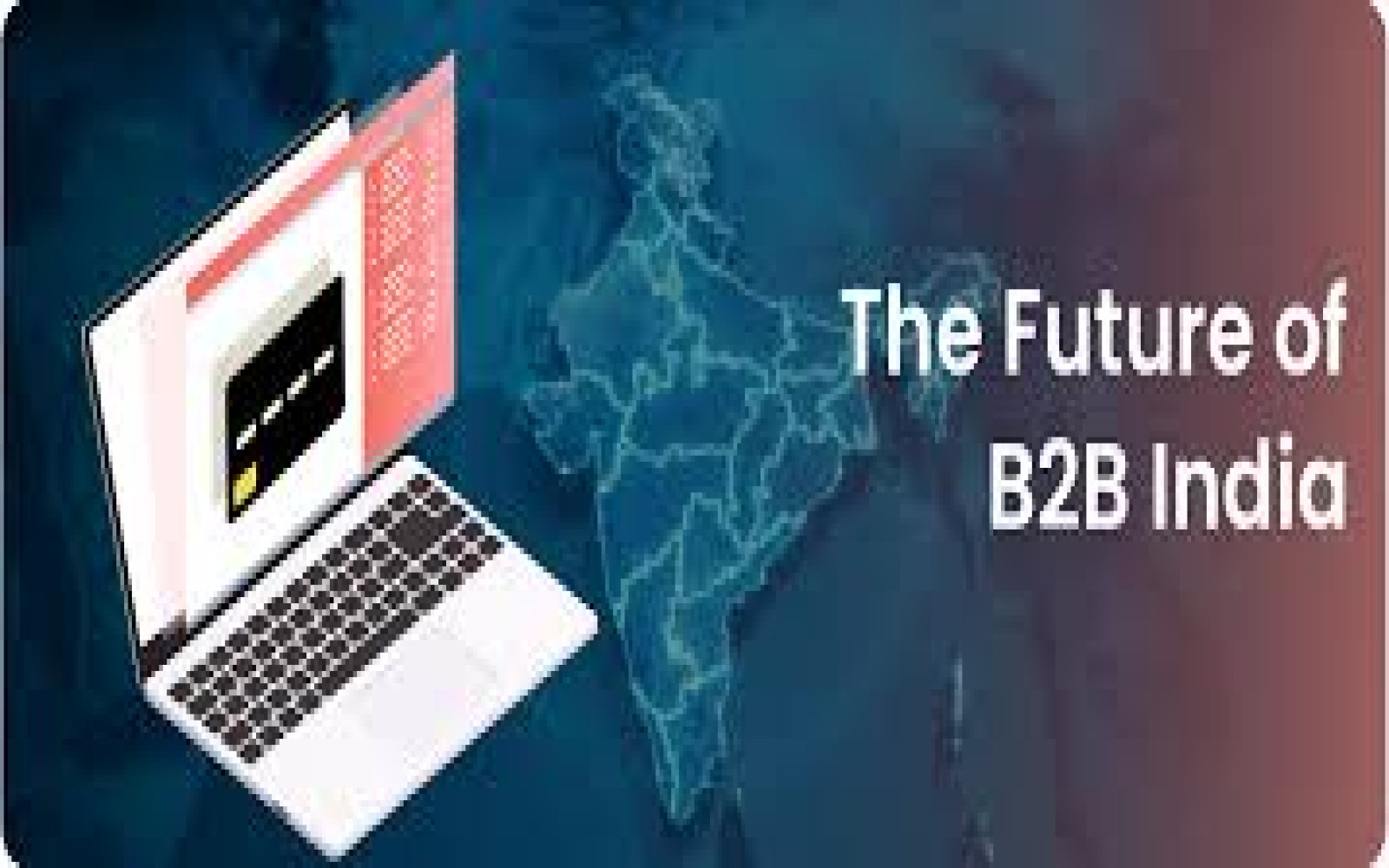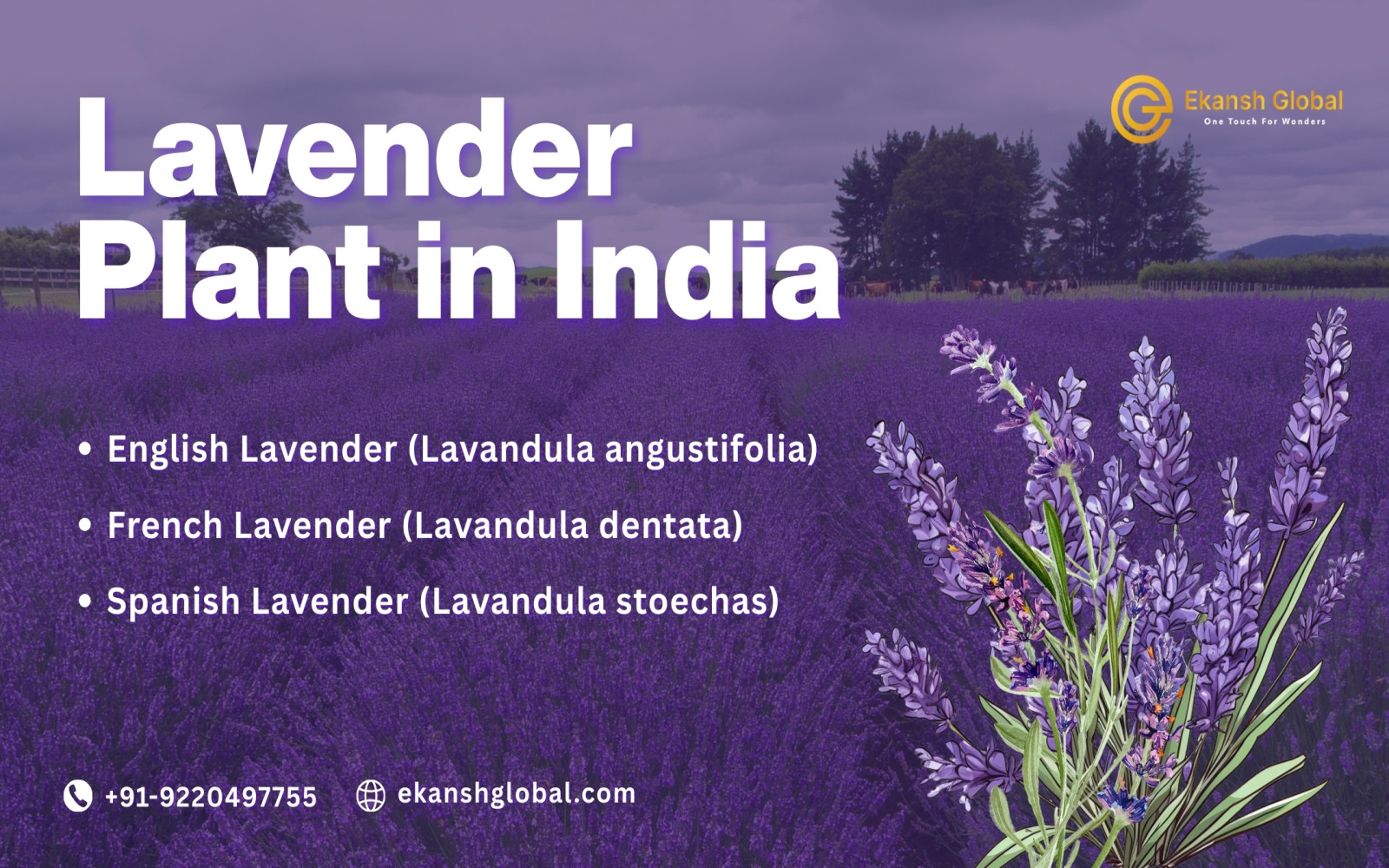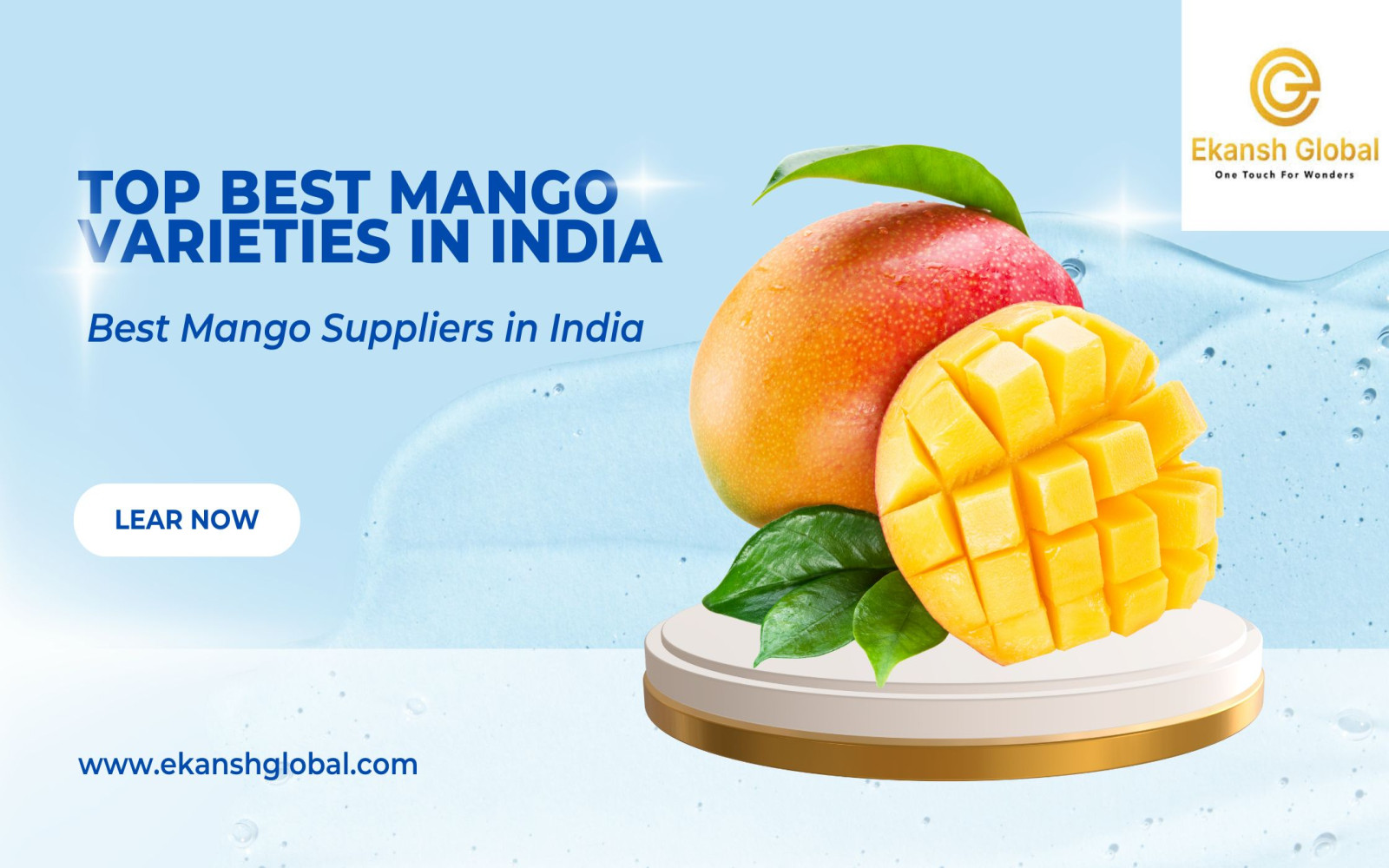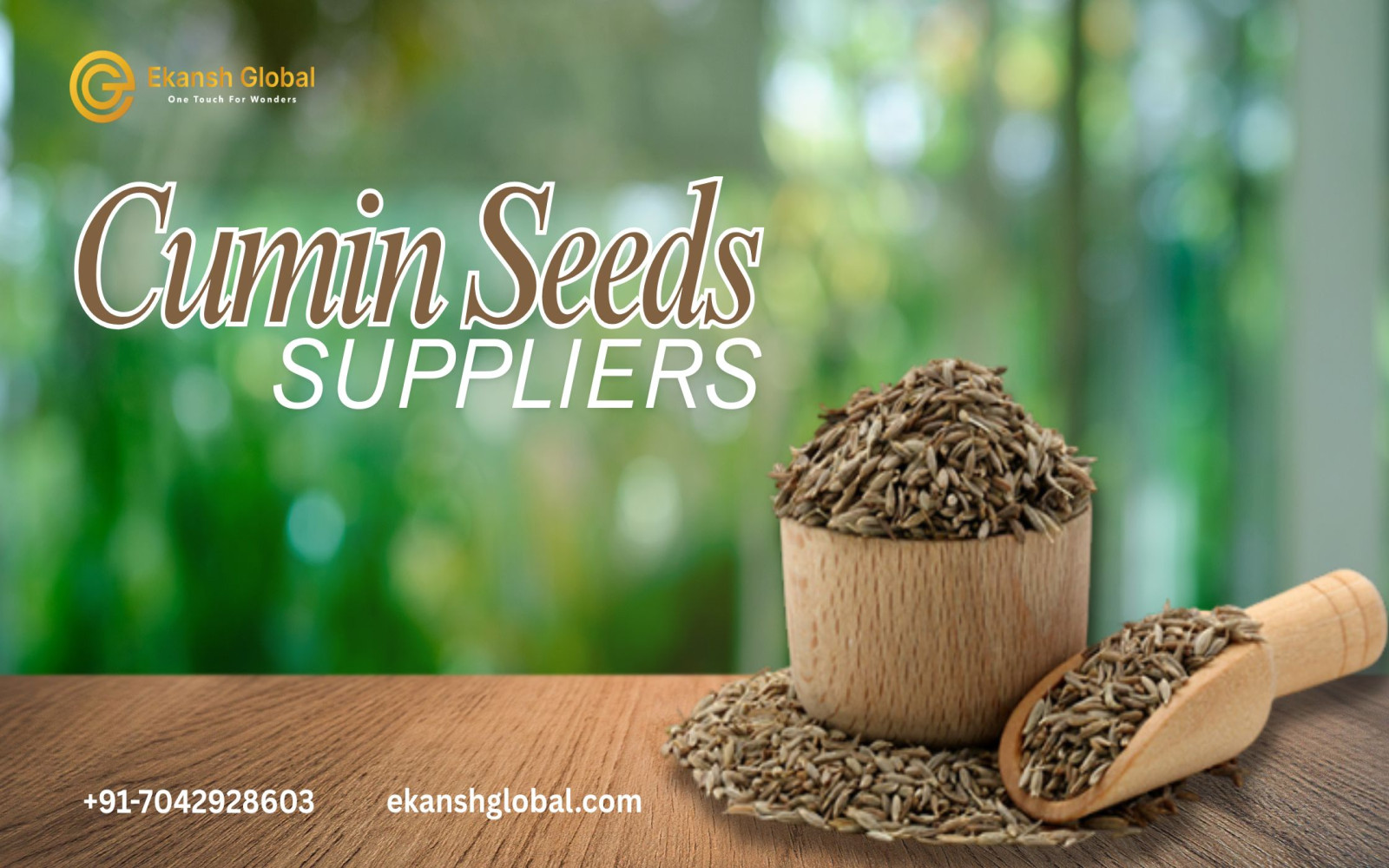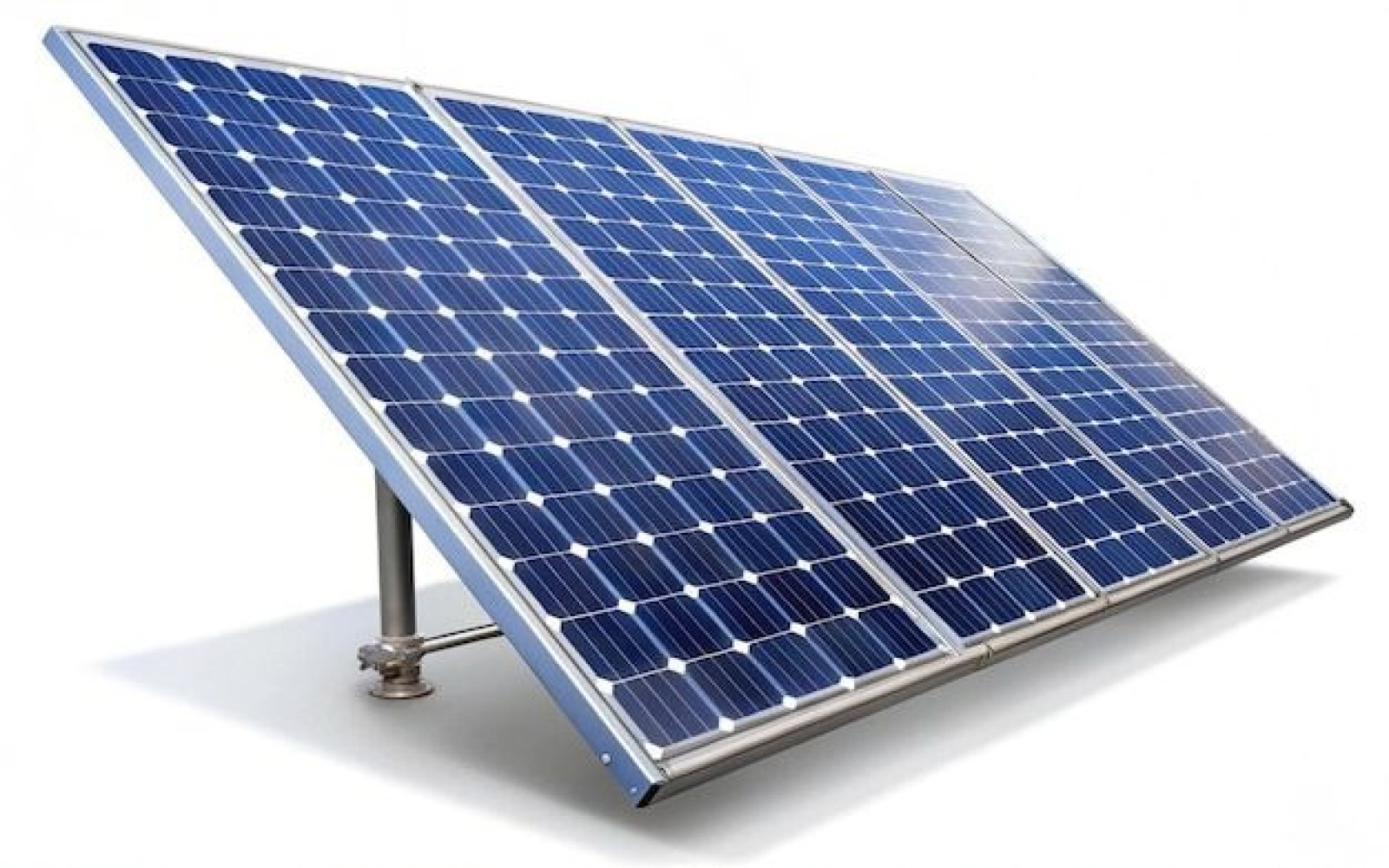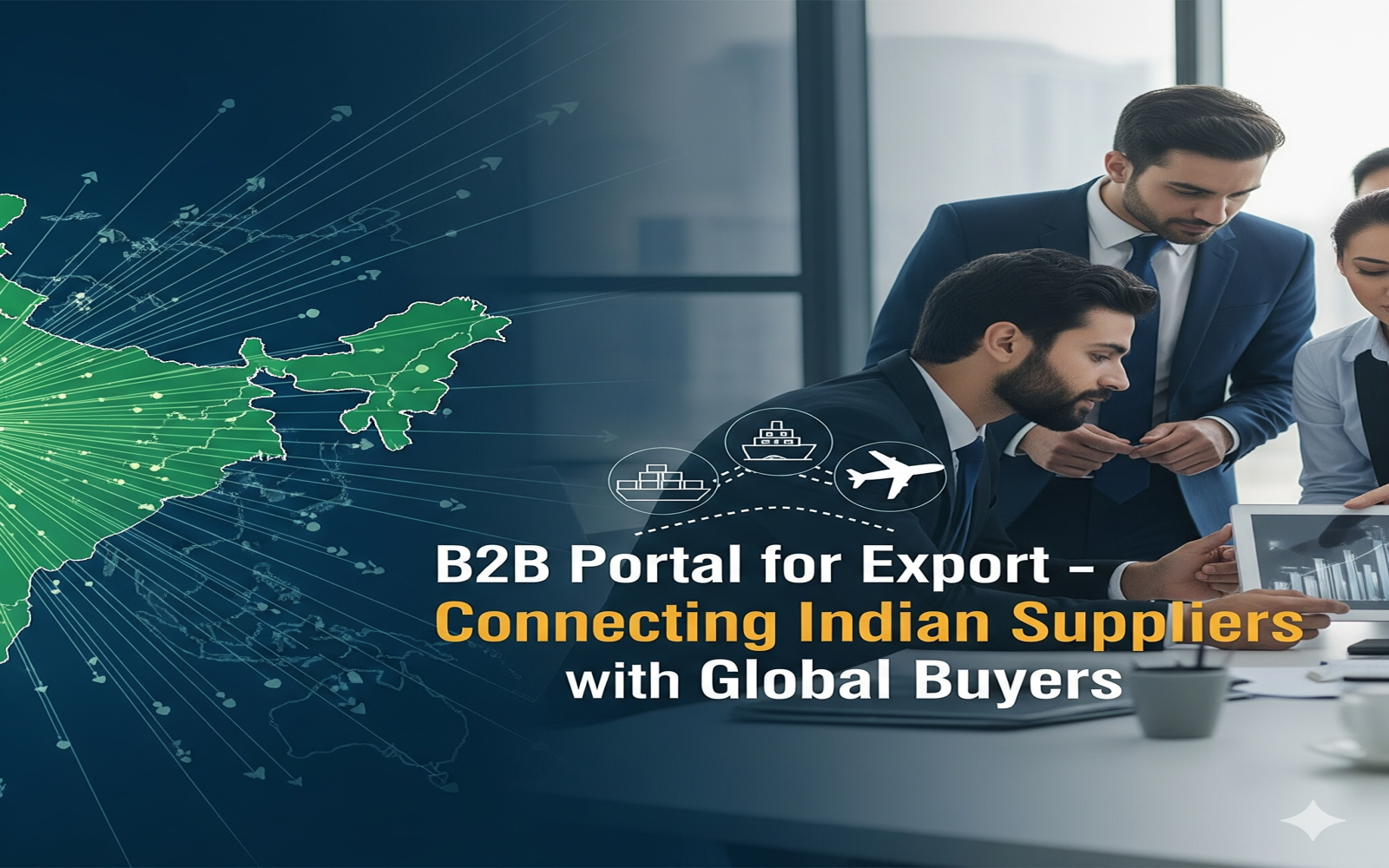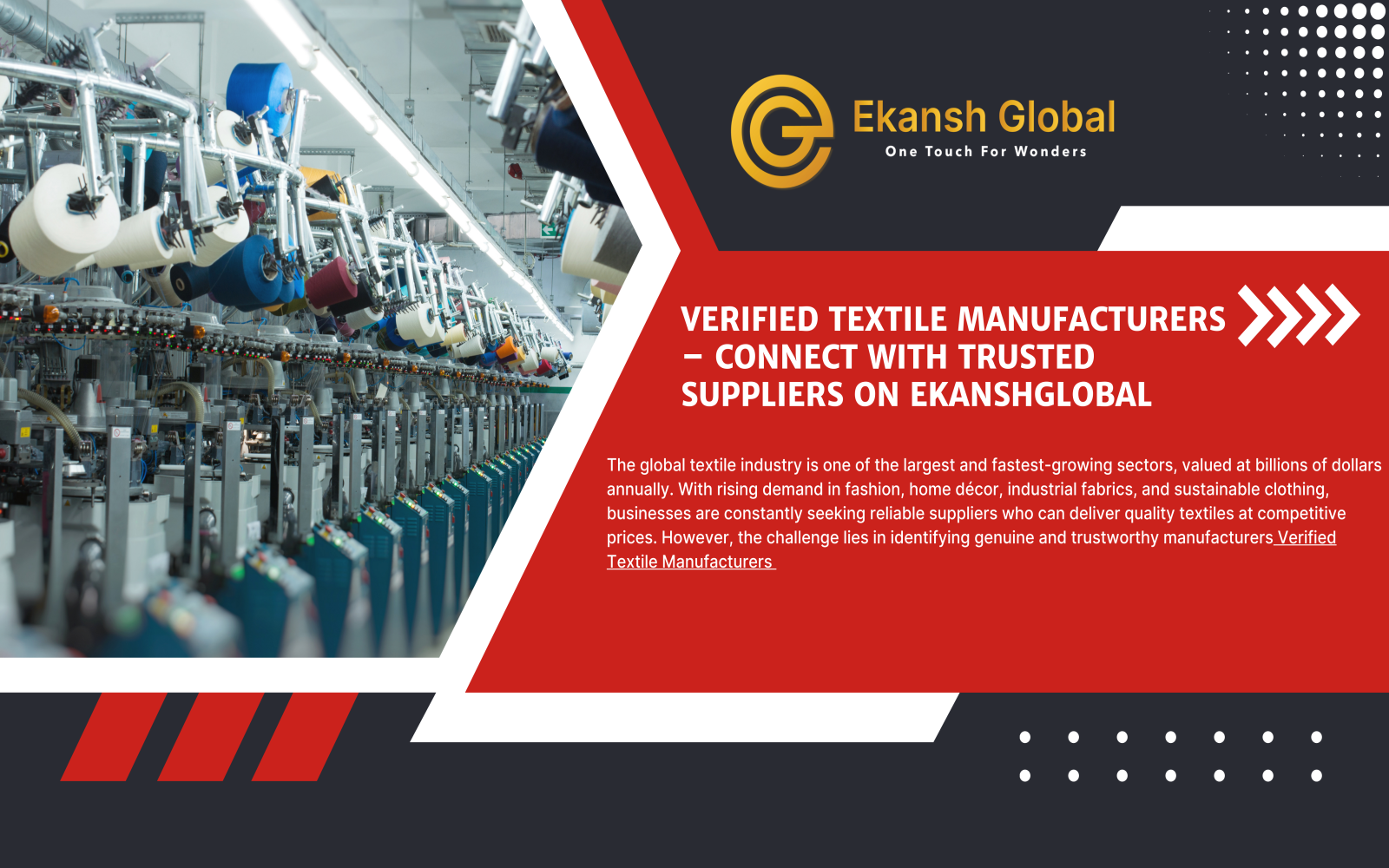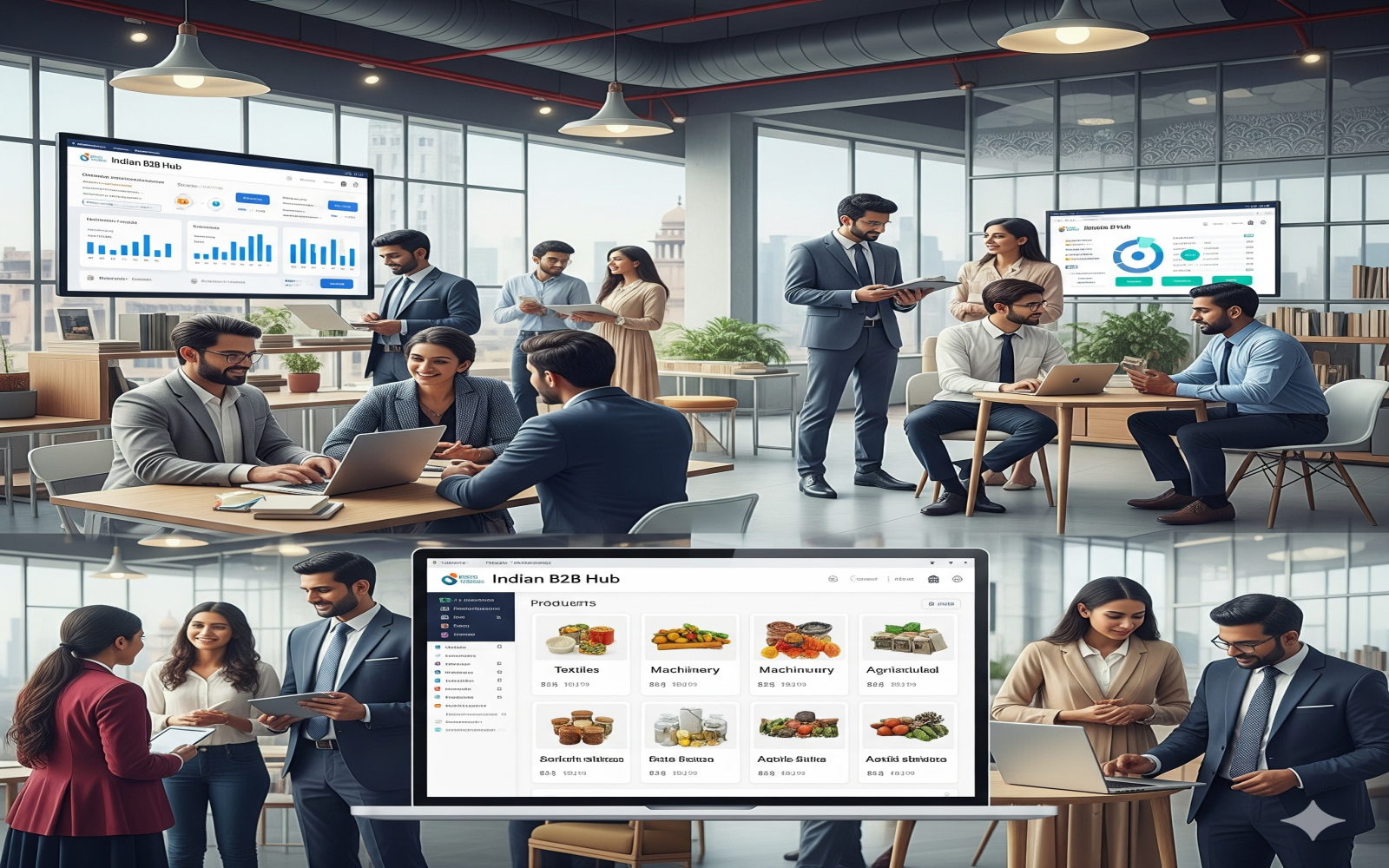Spices Suppliers in India – Your Gateway to Quality & Authentic Flavors
Posted By: Admin
India has long been known as a hub for global trade. From the ancient Silk Road era to today’s modern export economy, the country has been a source of diverse goods for buyers across the world. With its rich manufacturing base, skilled workforce, and competitive prices, India is one of the most attractive sourcing destinations for international importers. Whether you are sourcing spices, textiles, handicrafts, electroIndia has long been known as a hub for global trade. From the ancient Silk Road era to today’s modern export economy, the country has been a source of diverse goods for buyers across the world. With its rich manufacturing base, skilled workforce, and competitive prices, India is one of the most attractive sourcing destinations for international importers. Whether you are sourcing spices, textiles, handicrafts, electronics, machinery, or industrial products, Indian wholesale suppliers offer tremendous variety and quality. For global buyers wondering how to find suppliers in India, understanding the country’s strong manufacturing network and trade ecosystem is the first step toward building profitable sourcing
1. Clearly Define Your Sourcing Requirements
Before you start looking for suppliers, you must have a clear understanding of what you are sourcing. This step seems basic, but many importers rush into supplier hunting without properly defining their product requirements — leading to mismatches later.
Points to clarify before you start your search:
Product specifications: Exact size, dimensions, material, color, and features.
Quality standards: Any certifications (ISO, CE, BIS) required in your market.
Target price range: What is your acceptable landed cost (including shipping, duties, and taxes)?
Order volume: Minimum order quantities (MOQs) you can commit to.
Packaging requirements: Whether you need retail-ready packaging or bulk packaging.
Compliance needs: Import regulations in your country, labeling rules, and product safety requirements.
Example:
If you are sourcing organic turmeric powder from India, your requirement document should mention:
100% organic certification (USDA or equivalent)
Moisture content below 10%
Packaged in 1 kg airtight pouches
MOQ: 500 kg
Export-compliant labeling in English
When you are specific from the start, it becomes much easier to filter out suppliers who don’t match your requirements.
2. Use Trusted B2B Portals for Supplier Search
The fastest and most popular way to find Indian wholesale suppliers is through B2B marketplaces. These online platforms connect global buyers with verified sellers in different industries.
some of the top Indian B2B portals include:
Ekansh Global – – A leading and growing B2B platform by Digital Exports Marketing, connecting verified Indian suppliers with global buyers, offering tailored business solutions and quick trade connections.
IndiaMART – One of India’s largest B2B marketplaces with suppliers in almost every category.
TradeIndia – Offers a wide range of manufacturers, exporters, and wholesalers.
ExportersIndia – Good for both bulk and small orders, covering multiple industries.
Eworldtrade – Global portal with Indian supplier listings.
Alibaba – Features many India-based verified suppliers.
Tips for using B2B portals effectively:
Use filters like “Verified Supplier” or “Export Experience” to shortlist trusted sellers.
Read product descriptions carefully to avoid misunderstandings.
Check supplier ratings and customer reviews.
Compare at least 3–5 suppliers before shortlisting.
Communicate through the portal before moving to direct contact to keep records.
Caution:
While B2B portals are useful, not every supplier listed is legitimate. Always conduct due diligence before making payments.
3. Attend Trade Fairs and Industry Expos in India
Meeting suppliers in person is one of the best ways to assess their capabilities. India hosts several trade fairs where thousands of manufacturers and wholesalers exhibit their products.
Popular Indian trade fairs and expos:
India International Trade Fair (IITF) – New Delhi
Covers multiple industries, from textiles to electronics.IHGF Delhi Fair – Focuses on handicrafts, home décor, and lifestyle products.
ACETECH – Specializes in construction and building materials.
PlastIndia – For plastic and polymer products.
Auto Expo – Automotive components and vehicles.
Advantages of attending trade fairs:
Inspect product quality firsthand.
Meet suppliers face-to-face to build trust.
Negotiate pricing and payment terms in person.
Discover new products and market trends.
Build a direct supplier network instead of relying solely on online searches.
Pro Tip: If you can’t travel, many trade fairs now offer virtual exhibitions where you can connect with exhibitors through video calls.
4. Verify Supplier Credentials Before Placing Orders
Once you have shortlisted suppliers, you must verify their legitimacy before placing orders. Verification is critical in preventing fraud and ensuring you work with genuine companies.
Verification checklist:
Business registration certificate – To confirm the company is legally registered.
GST number – For Indian domestic business verification.
Import-Export Code (IEC) – Required for any Indian exporter.
ISO or other quality certifications – Depending on product category.
References – Ask for contact details of existing overseas clients.
How to verify:
Use India’s Ministry of Corporate Affairs (MCA) portal to check registration details.
Request product samples to verify quality.
Hire a third-party inspection agency for on-site checks.
5. Compare Multiple Suppliers Before Deciding
Never rush to choose the first supplier you find. Comparing multiple suppliers will give you a better understanding of:
Price differences
Quality variations
Minimum order quantities
Lead times
Payment terms
Example:
If you are importing leather bags from Kanpur (India’s leather hub), you might find prices ranging from $10 to $18 for the same style, depending on leather grade, stitching quality, and supplier scale.
Negotiation tip: Suppliers are more likely to offer better prices when they know you are comparing offers from others.
6. Check Export Experience
A supplier may be excellent in domestic sales but lack export experience. This can lead to delays and compliance issues.
Why export experience matters:
They understand international packaging requirements.
They are familiar with export documentation (invoice, packing list, bill of lading, certificate of origin).
They can advise on shipping methods and customs clearance.
Always ask:
How many years they have been exporting.
Which countries they have supplied to.
Whether they have worked with importers from your country.
7. Establish Strong Communication Channels
Clear communication is the foundation of successful supplier relationships, especially across borders.
Communication best practices:
Use written communication for all important details.
Confirm everything — price, quantity, shipping terms, and payment conditions — in writing.
Schedule regular updates during production and shipping.
Use tools like WhatsApp, Zoom, or email for easy contact.
Tip: Indian suppliers generally prefer clear, polite, and professional communication. Avoid overly casual language in early stages.
8. Start with a Small Order to Test Reliability
Before committing to a large shipment, place a smaller trial order. This helps you evaluate:
Product quality
Timeliness of delivery
Accuracy of packaging and labeling
Supplier responsiveness
If the test order meets your expectations, you can confidently scale up.
9. Use Sourcing Agents for Better Results
If you are new to importing from India or dealing with complex products, hiring a local sourcing agent can save you time and money.
Benefits of sourcing agents:
They know reliable suppliers in your industry.
They can inspect products before shipment.
They help negotiate better deals.
They handle communication in local languages if needed.
Cost: Most sourcing agents charge either a flat fee or a small percentage of the order value (usually 3–10%).
10. Focus on Building Long-Term Relationships
Successful importers understand that finding a good supplier is just the beginning. Maintaining a long-term partnership leads to better prices, priority service, and improved product customization.
Ways to build loyalty:
Place regular orders.
Make timely payments.
Provide constructive feedback.
Treat the supplier as a partner, not just a vendor.
11. Understand Indian Business Culture
India’s business culture is built on trust, respect, and relationships. While price negotiations are common, building personal rapport is equally important.
Cultural tips for dealing with Indian suppliers:
Be patient — decisions can take time.
Be respectful in communication, even when negotiating hard.
Avoid high-pressure tactics in early stages.
12. Keep Up with Market Trends and Regulations
Indian industries evolve quickly, with new suppliers and products entering the market regularly.
Stay updated on:
Changes in export policies.
New product innovations.
Shifts in pricing due to raw material costs.
You can do this by:
Subscribing to industry newsletters.
Following trade associations like FIEO (Federation of Indian Export Organisations).
Attending webinars and online expos.
Conclusion
Finding reliable Indian wholesale suppliers is a combination of research, verification, and relationship-building. By following these steps — from defining your requirements to verifying credentials, attending trade fairs, and starting with small orders — you can minimize risks and maximize success in your sourcing journey.
India offers a vast opportunity for importers who are willing to put in the effort to connect with the right suppliers. Whether you are a small business or a large-scale importer, the key is to approach supplier search strategically, with long-term partnerships in mind.
With the right approach, you can enjoy quality products, competitive prices, and a dependable supply chain — all from one of the world’s most dynamic sourcing destinations.
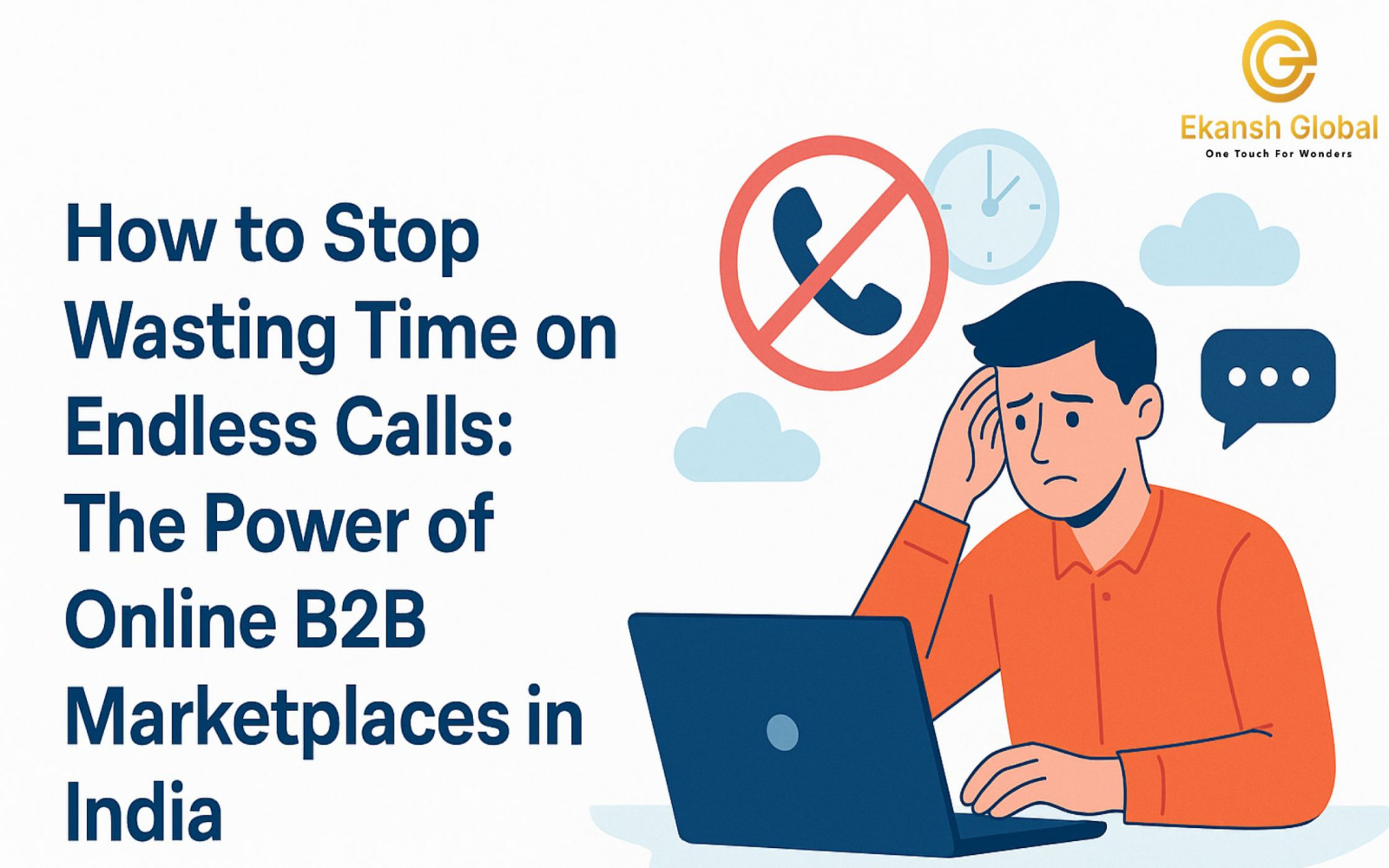

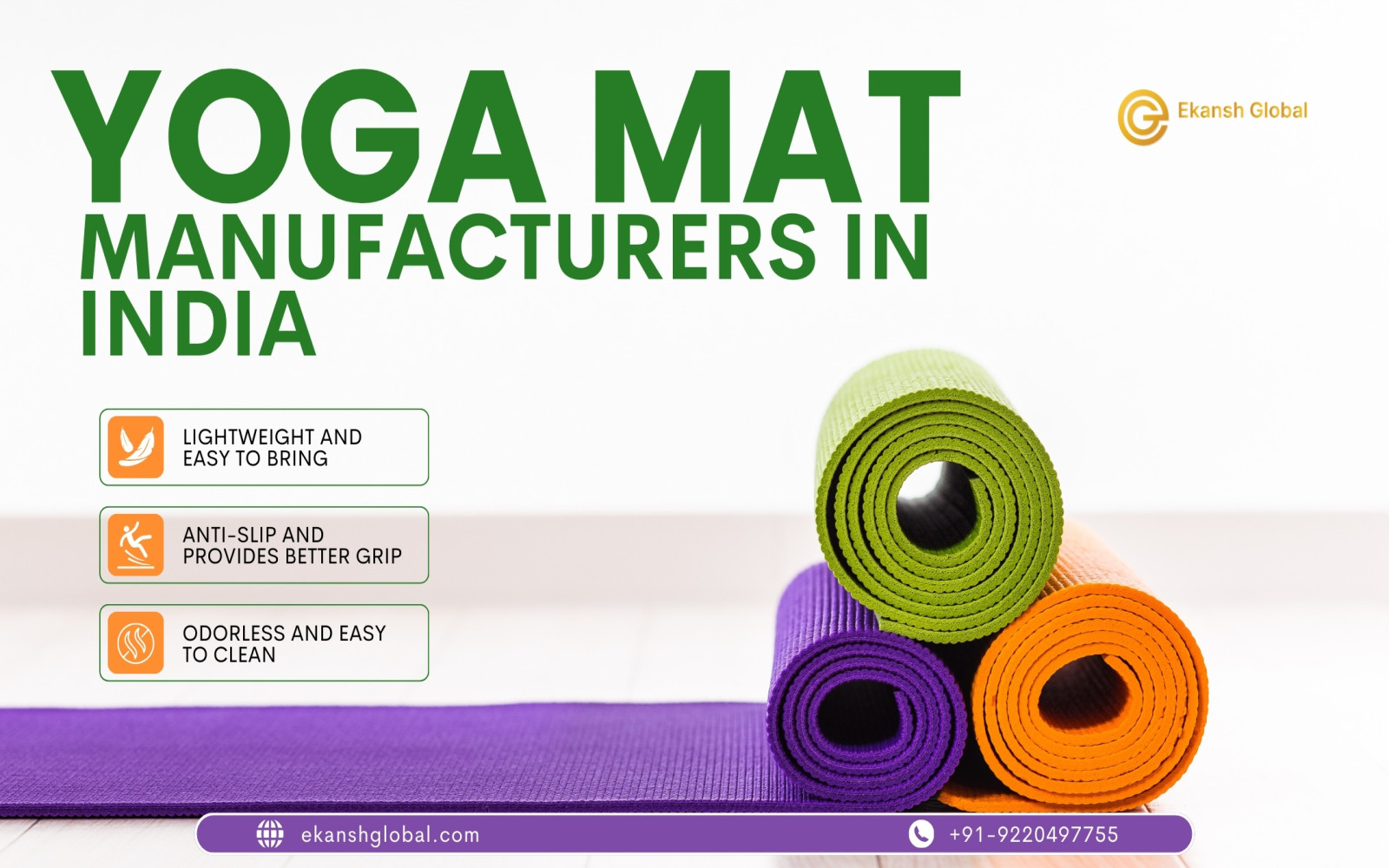
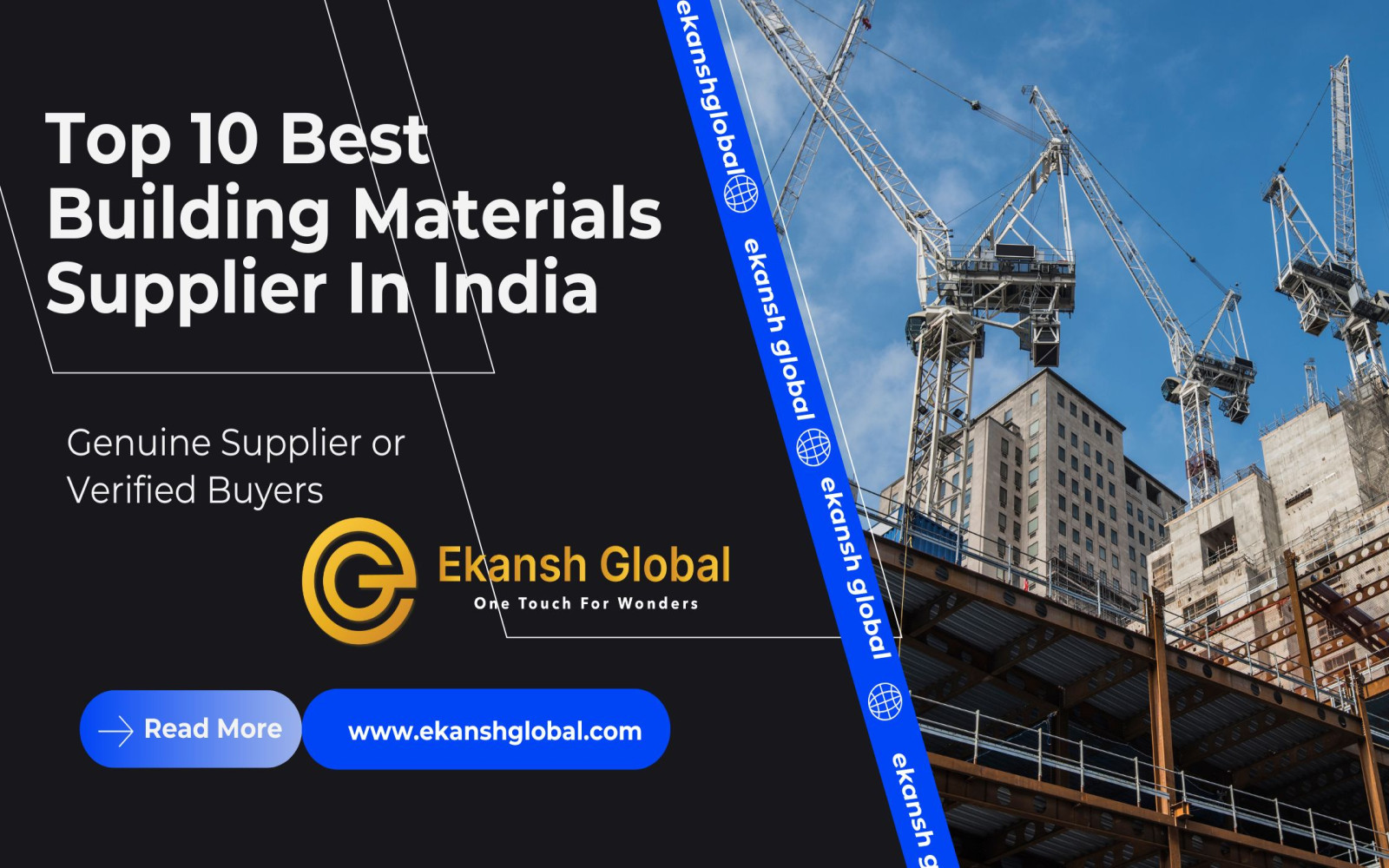
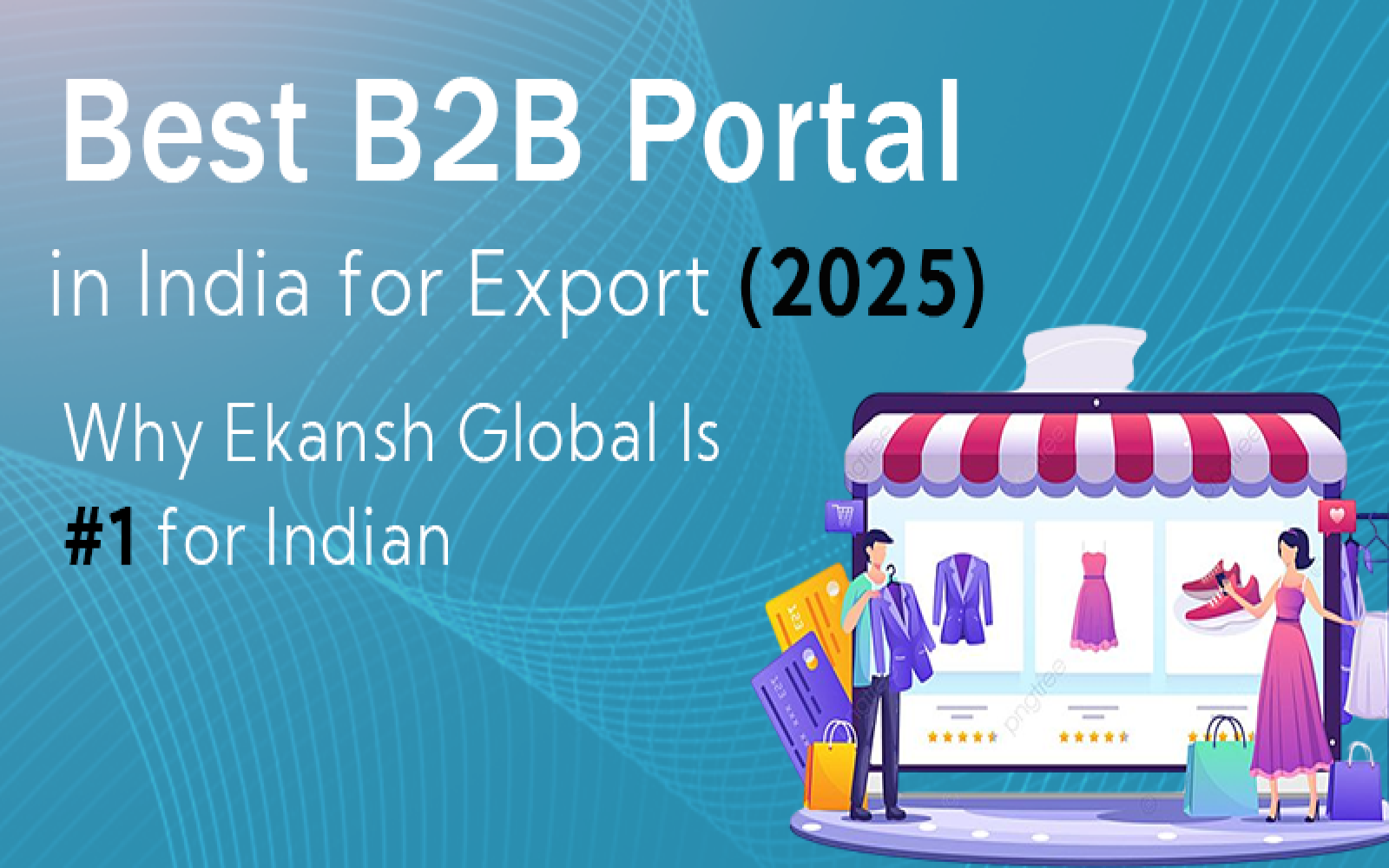
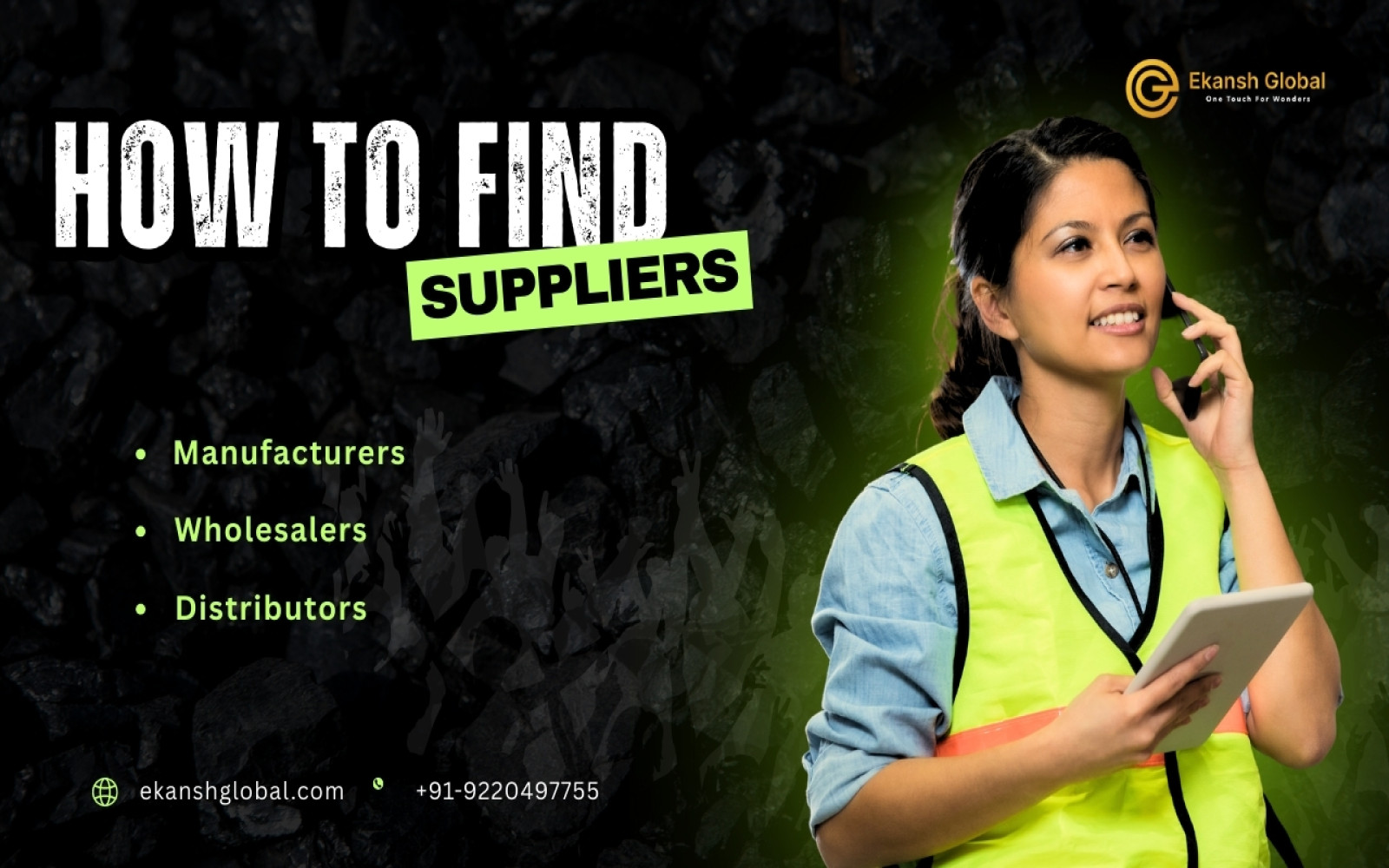
About Me

Ekansh Global Private Limited connects Indian products with global buyers, offering reliable export-import services to simplify and support safe, successful international trade for businesses worldwide.
EKANSH GLOBAL
Categories
- Agriculture
- Apparel & Fashion
- Auto & Automobile Accessories
- Construction & Building Material
- Gifts & Crafts
- Health & Beauty
- Home Supply
- Industrial Machinery
- Industrial Supplies
- Kitchen Utensils & Appliances
- Lab Instruments & Suppliers
- Leather
- Natural Stone
- Office Supplies
- Packaging & Paper
- Plastic
- Textiles & Fabrics
- Tools & Equipment
- F.M.C.G
- Ayurvedic and Herbal product
- Sports Goods / Equipment
- Stationery Products





